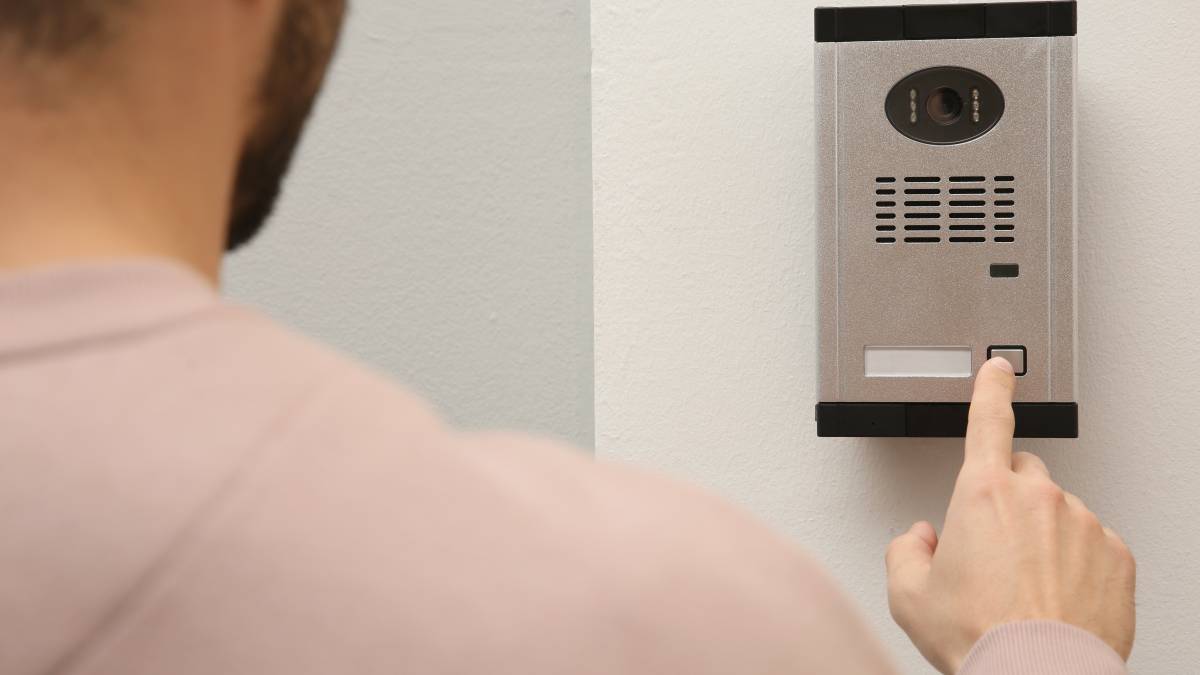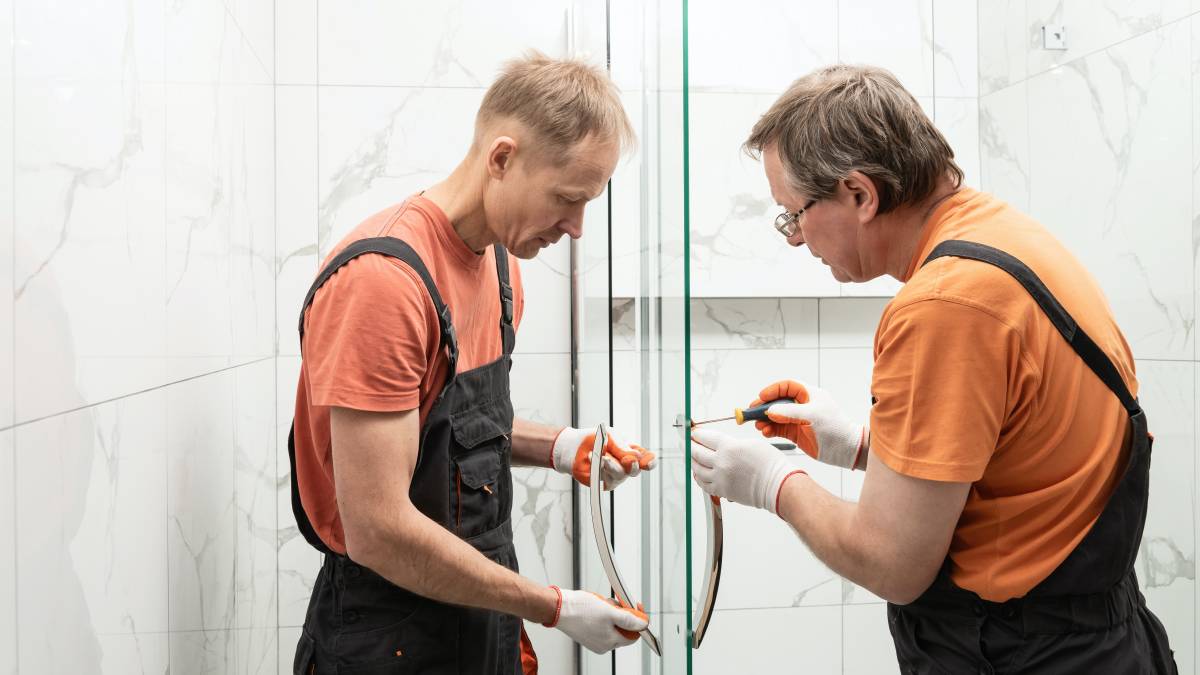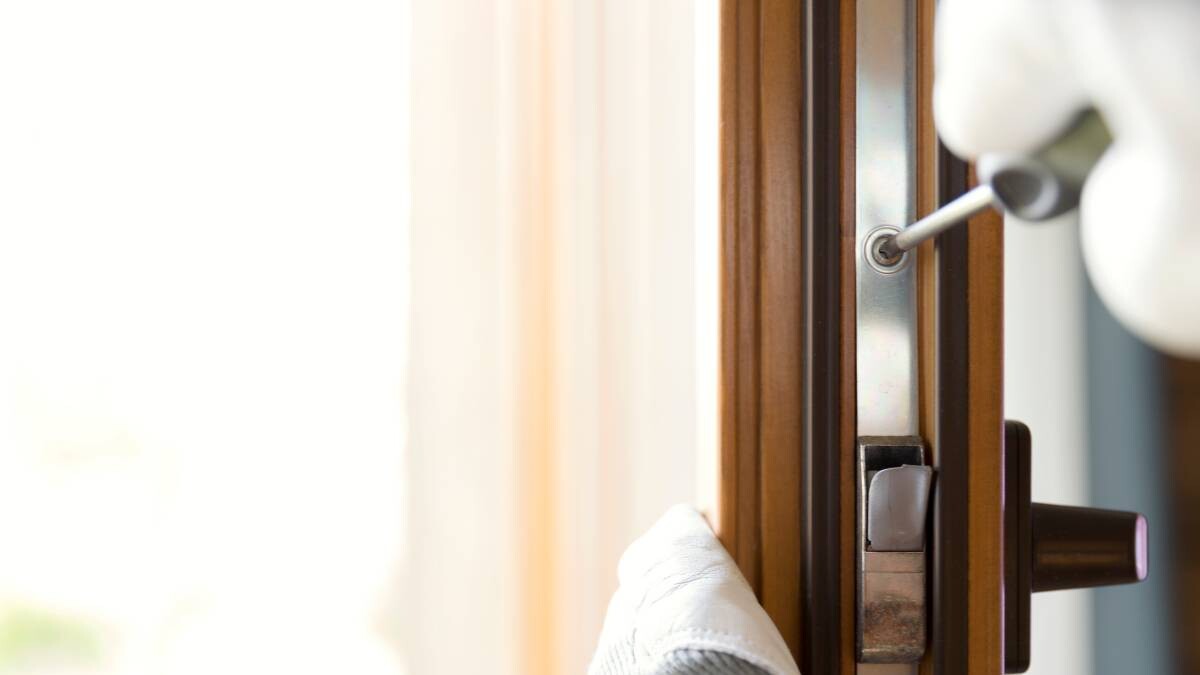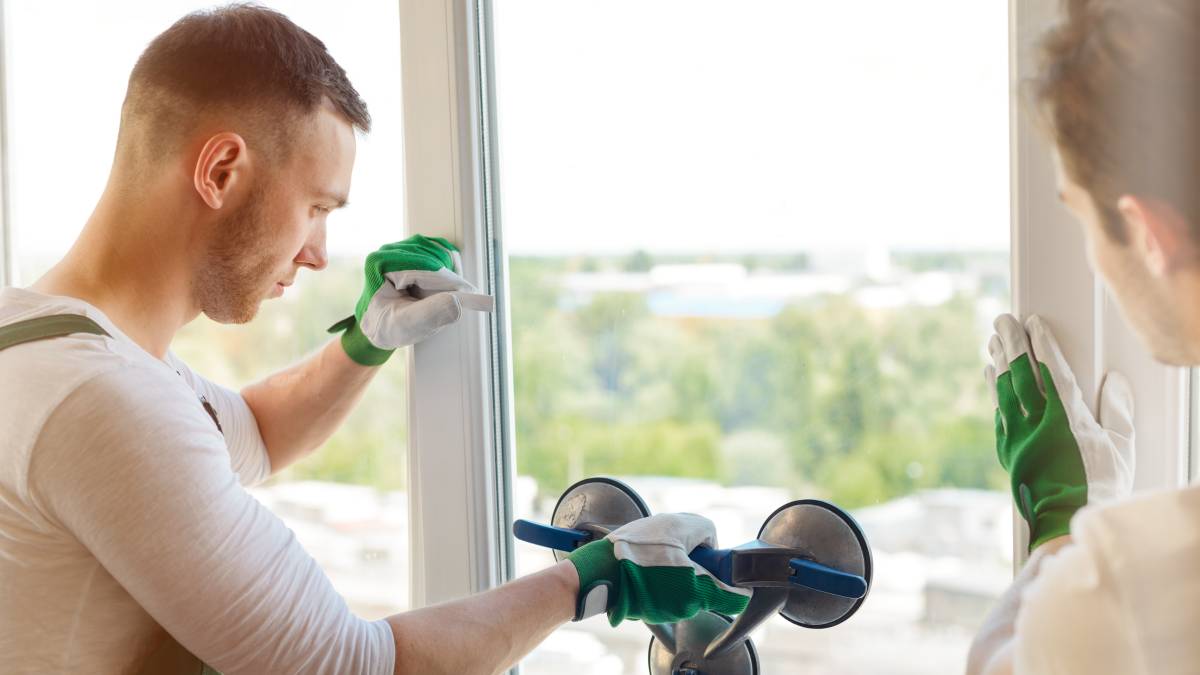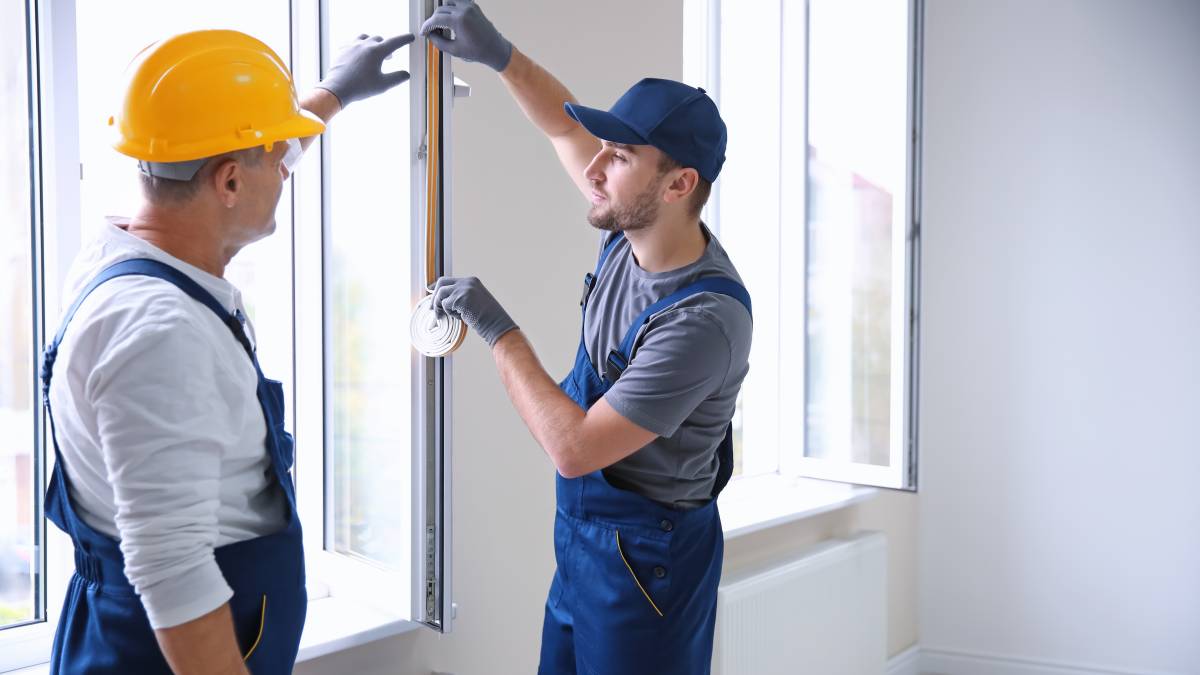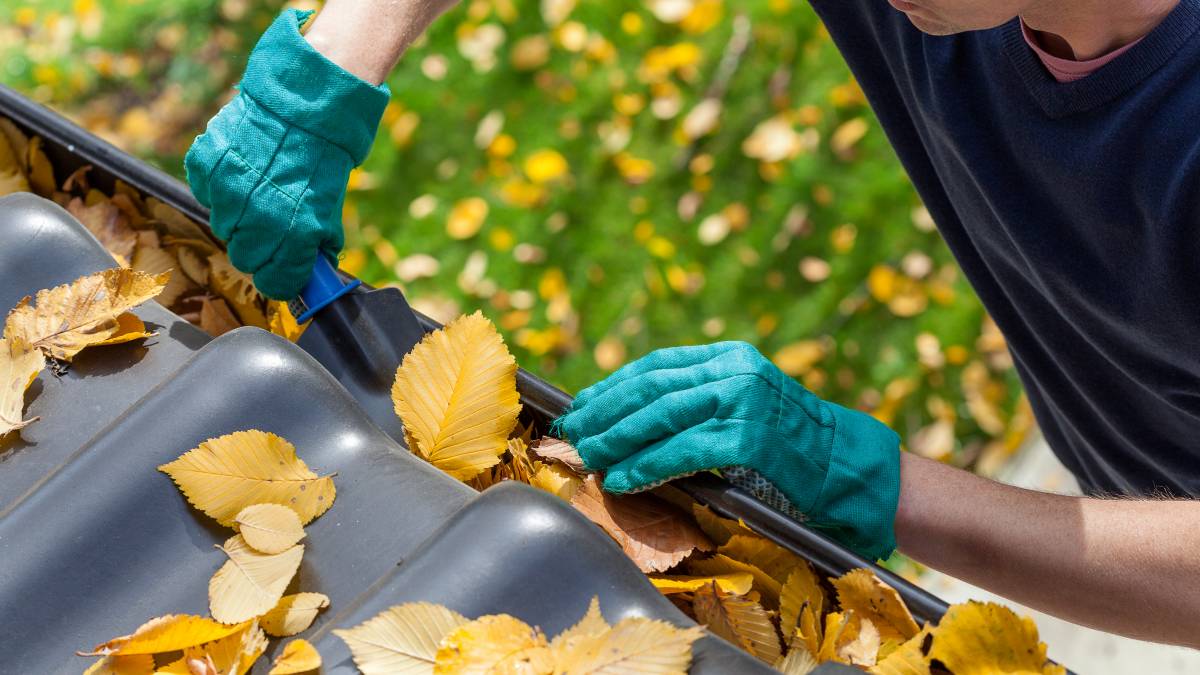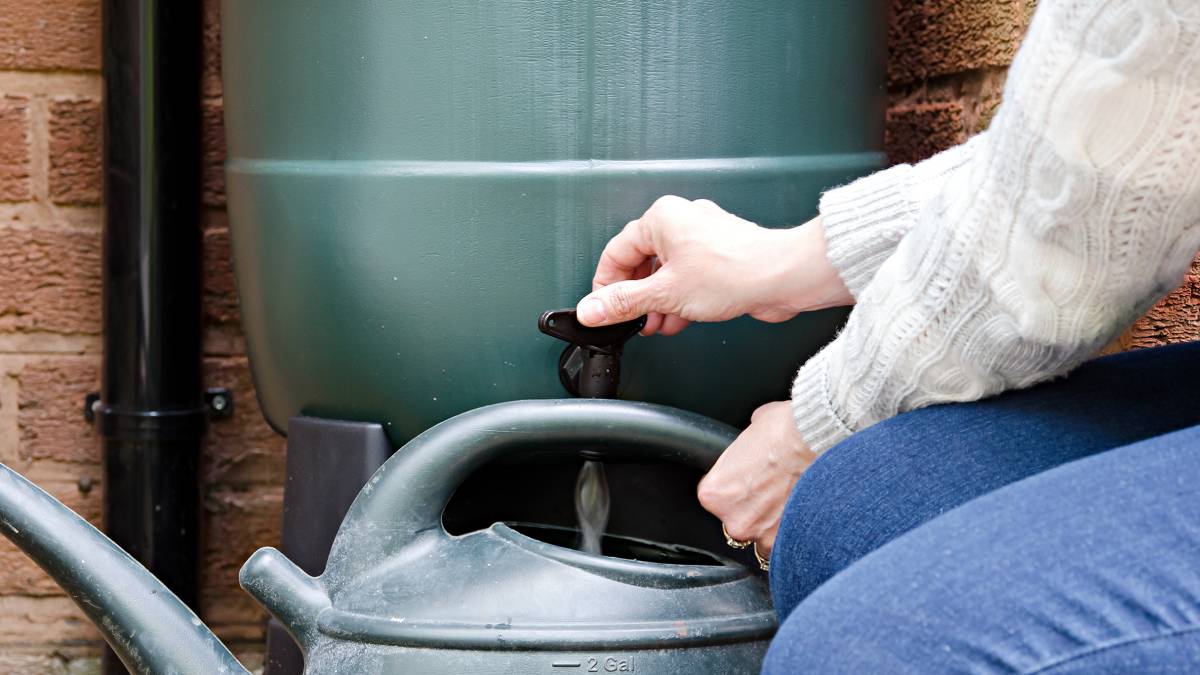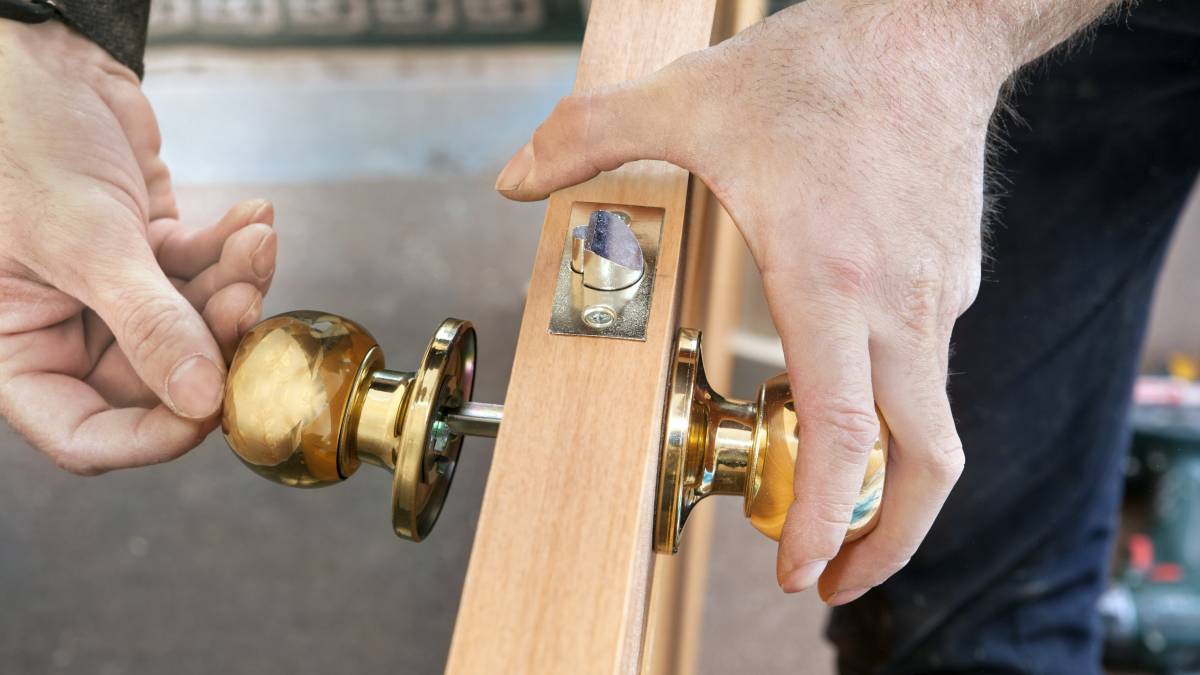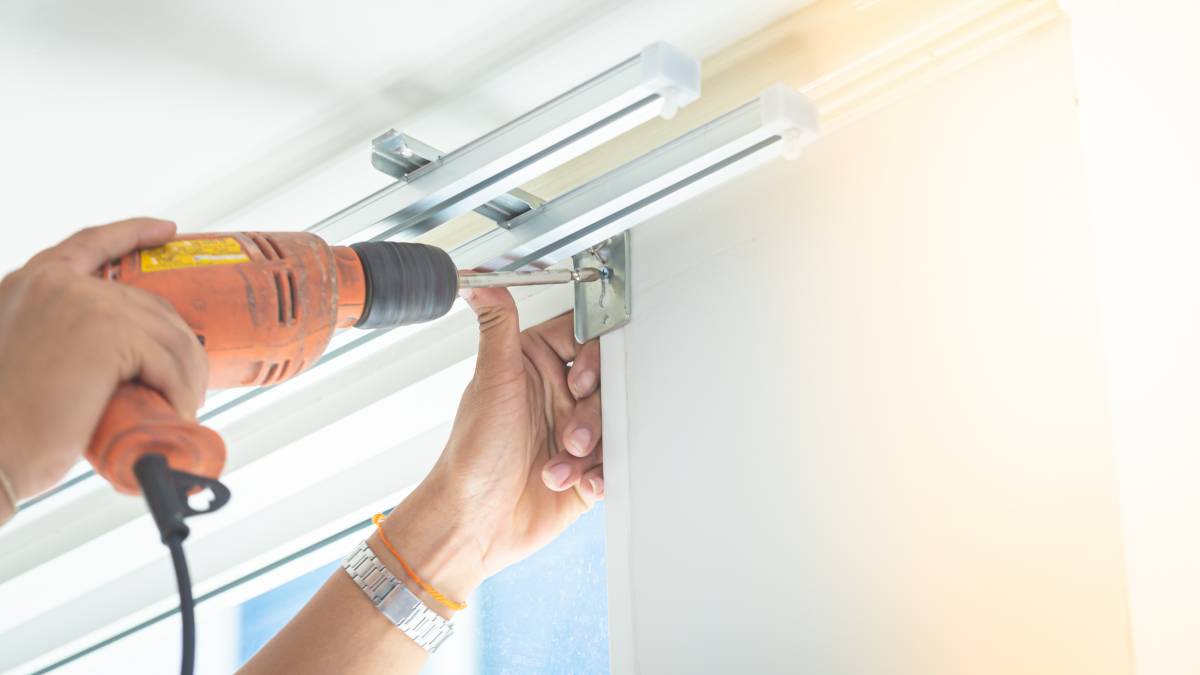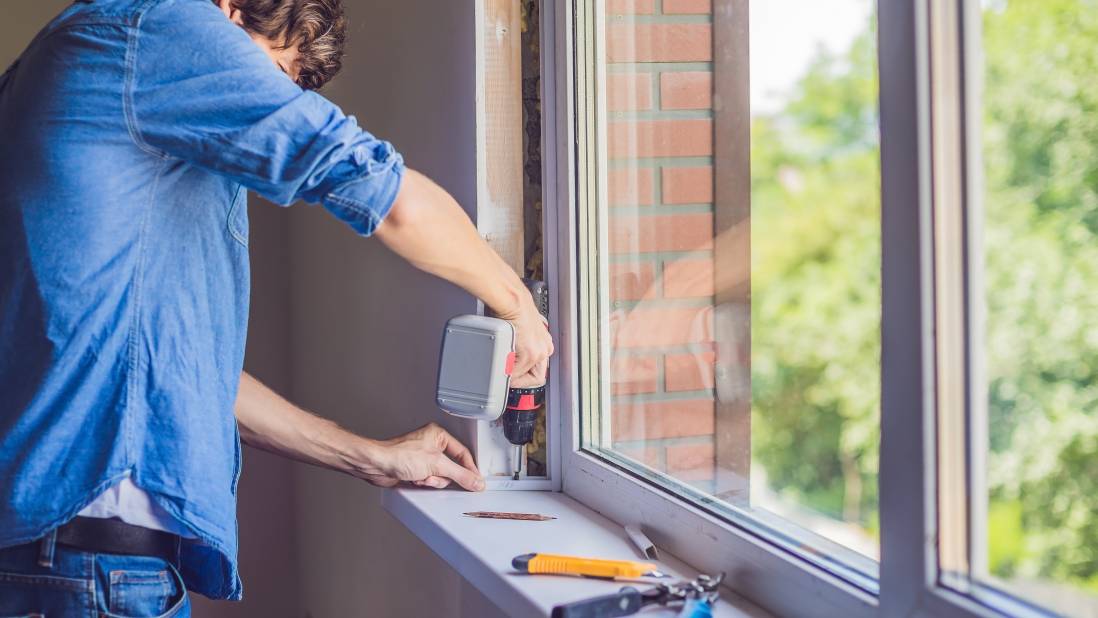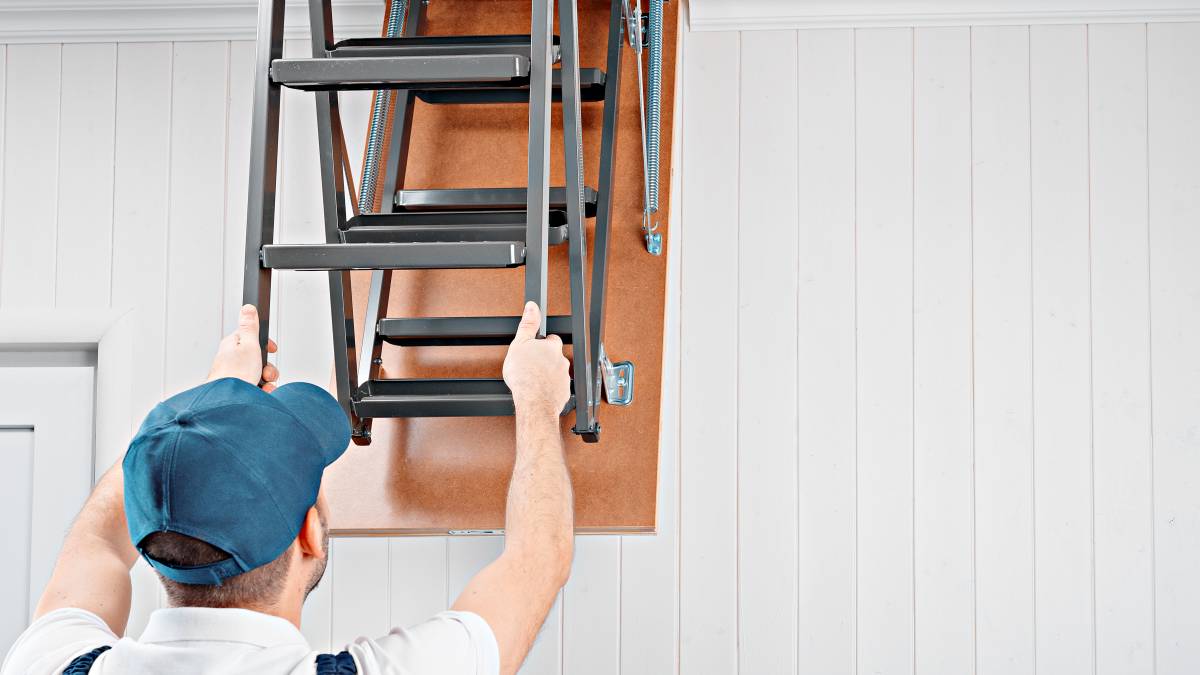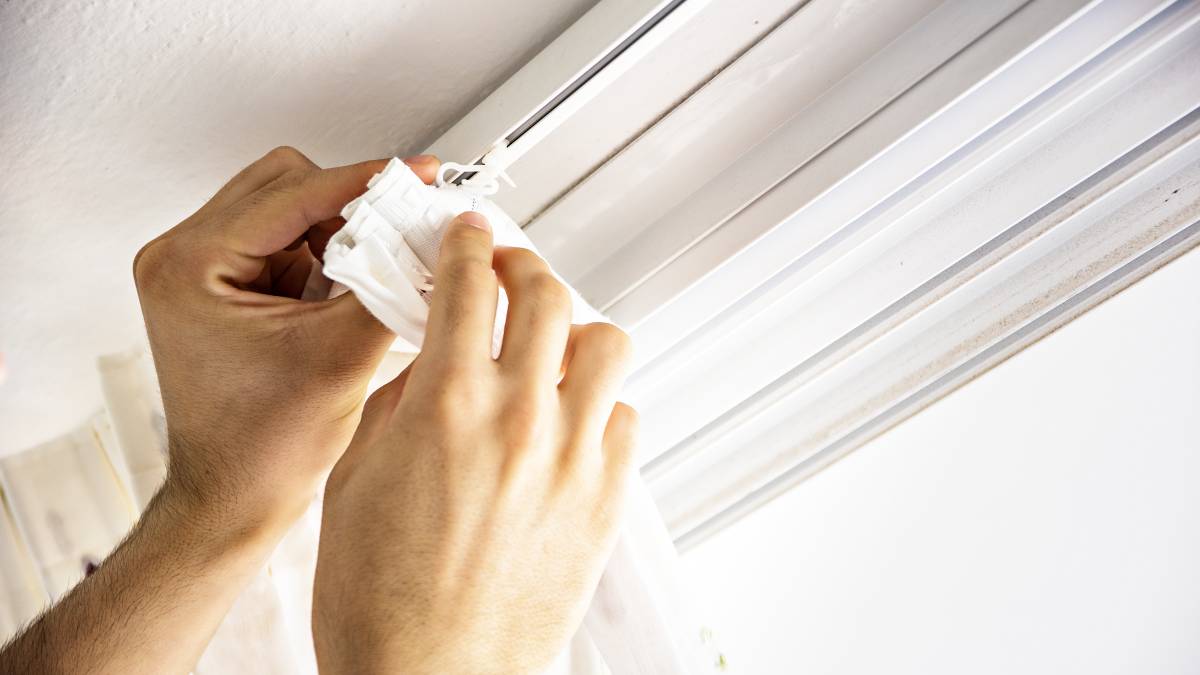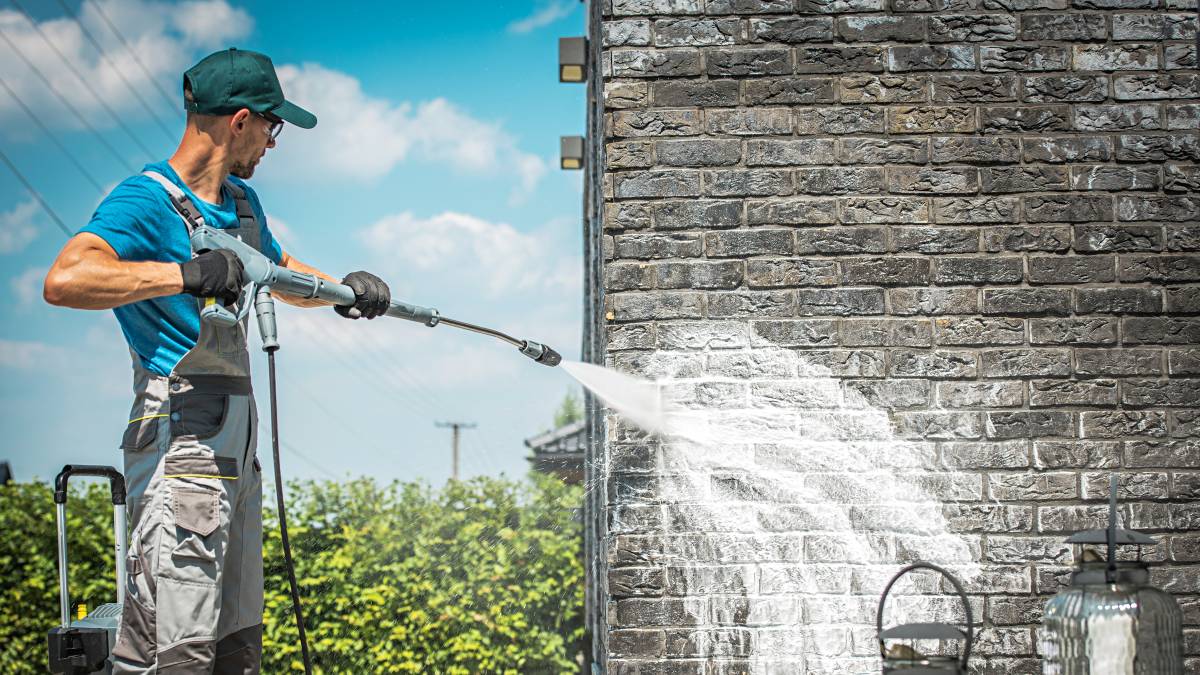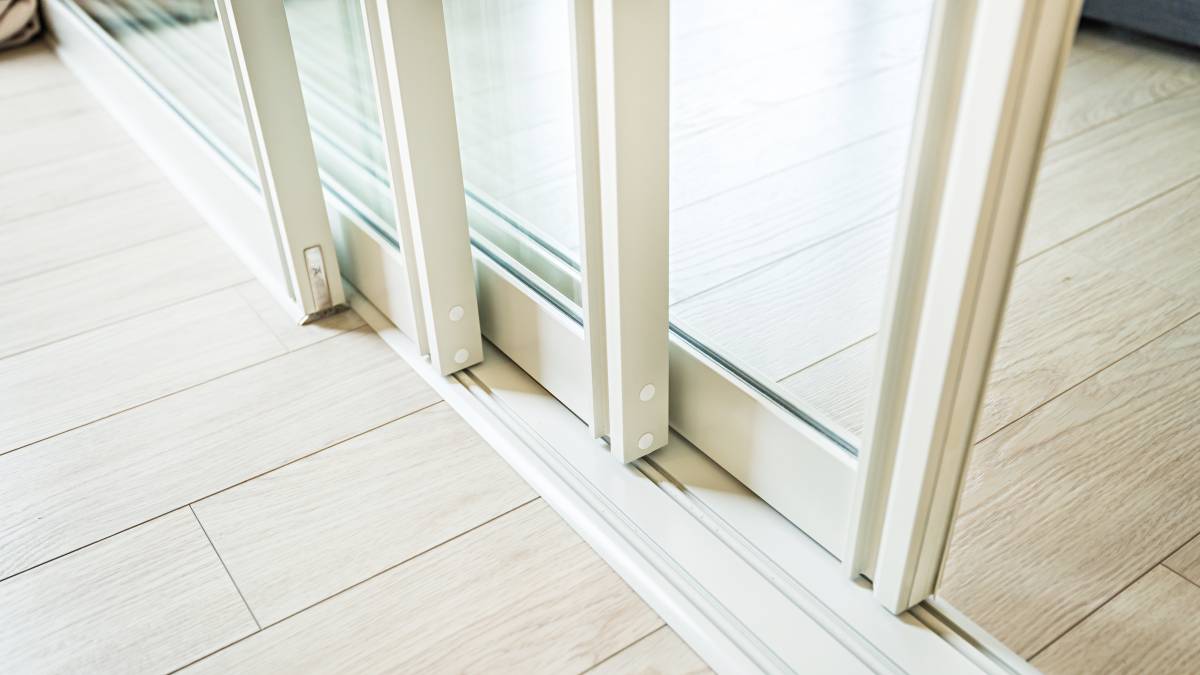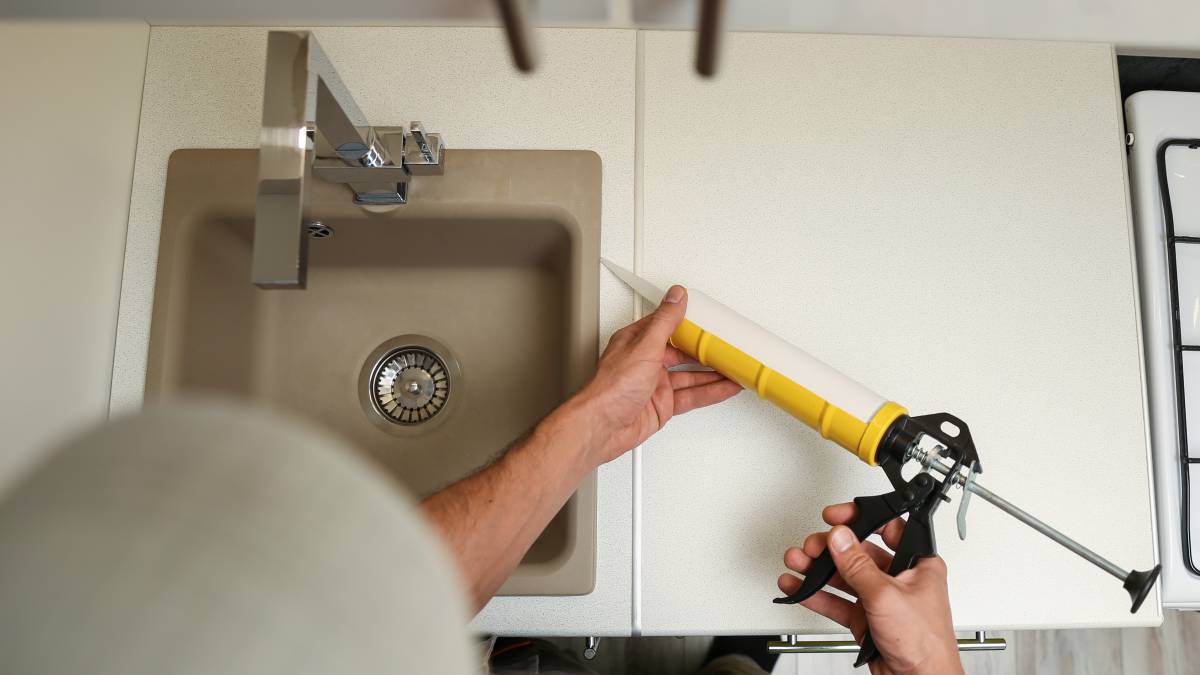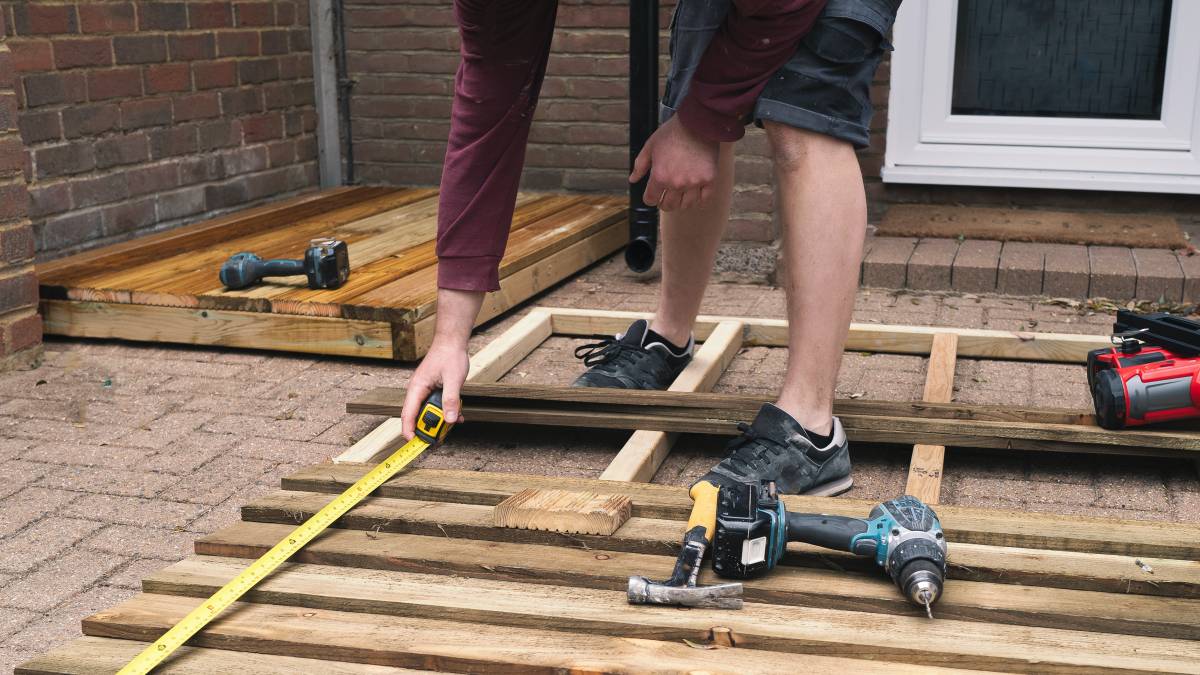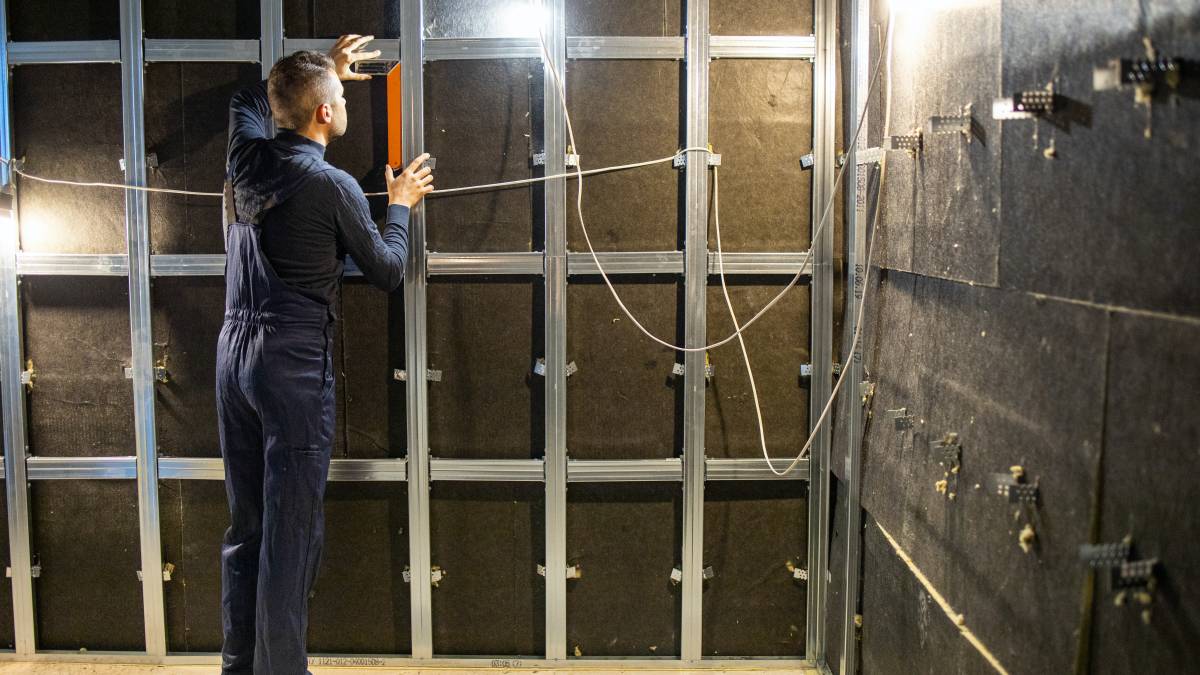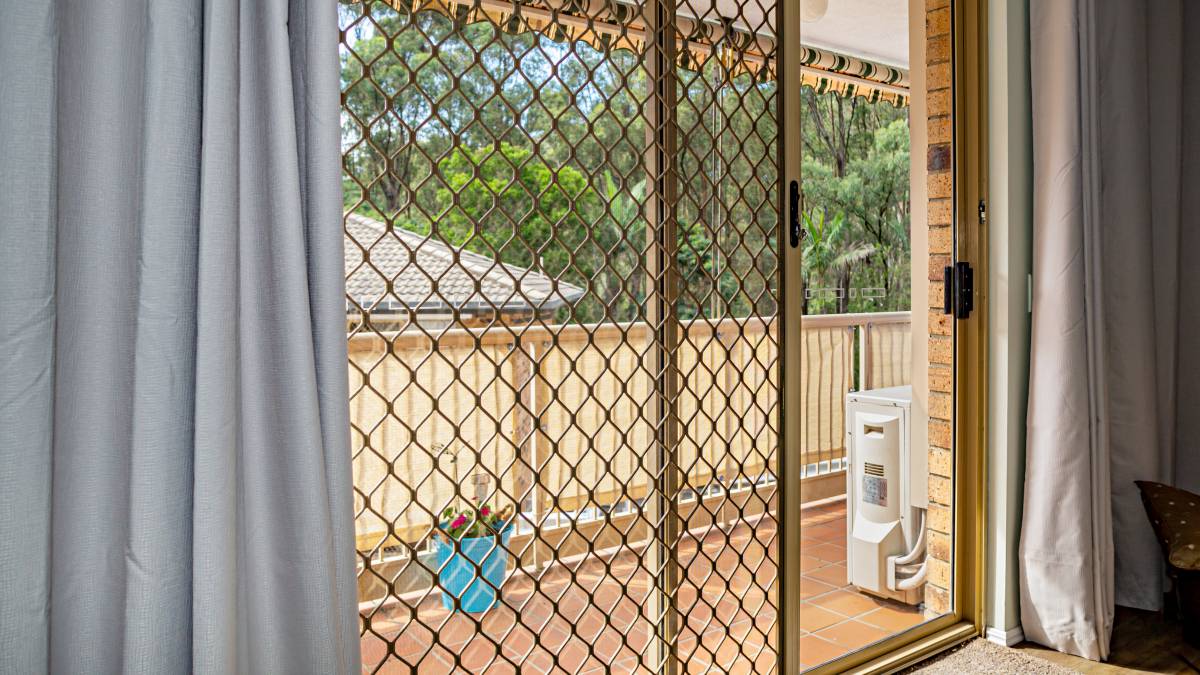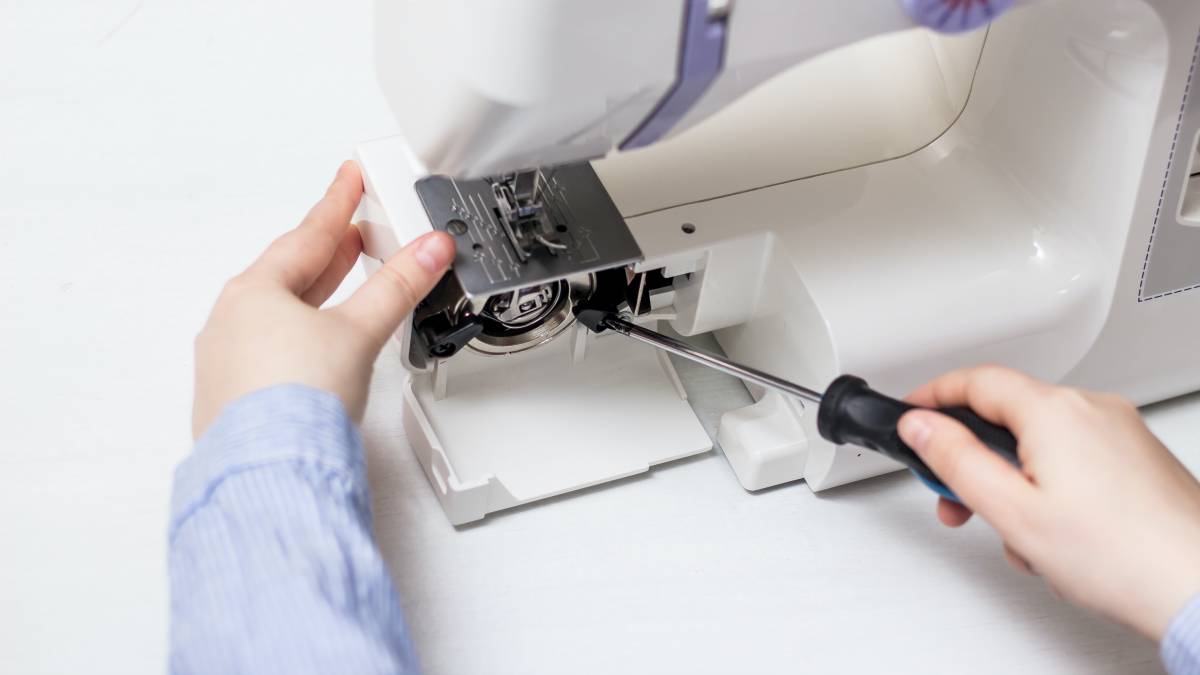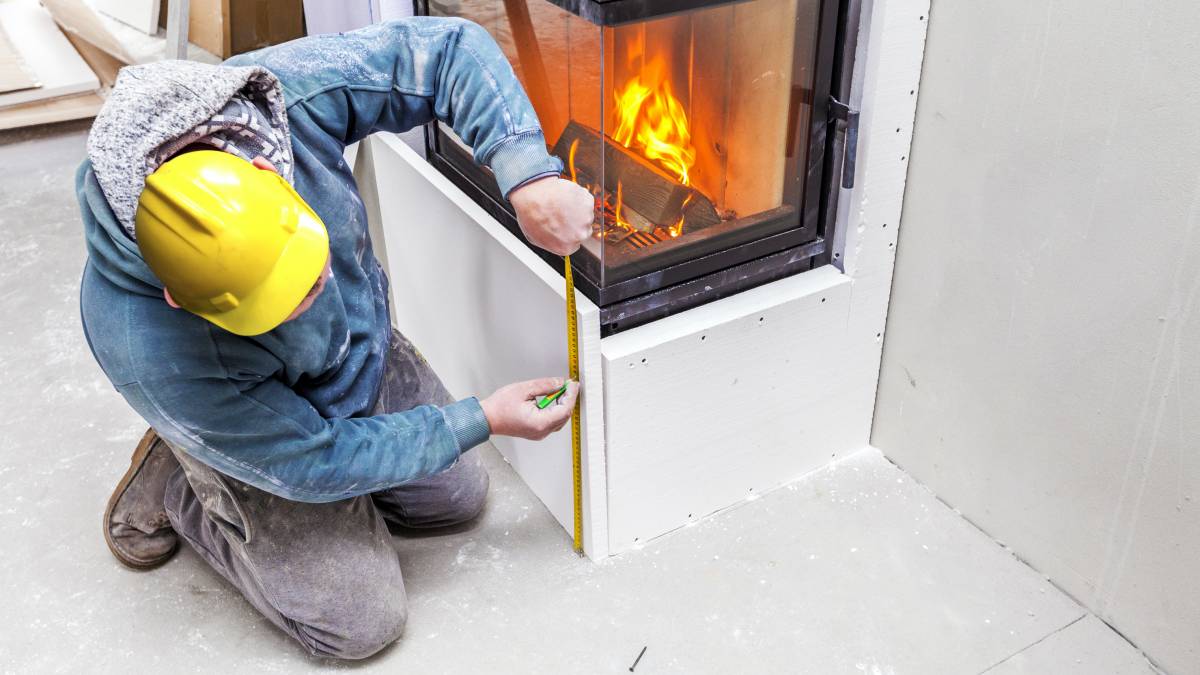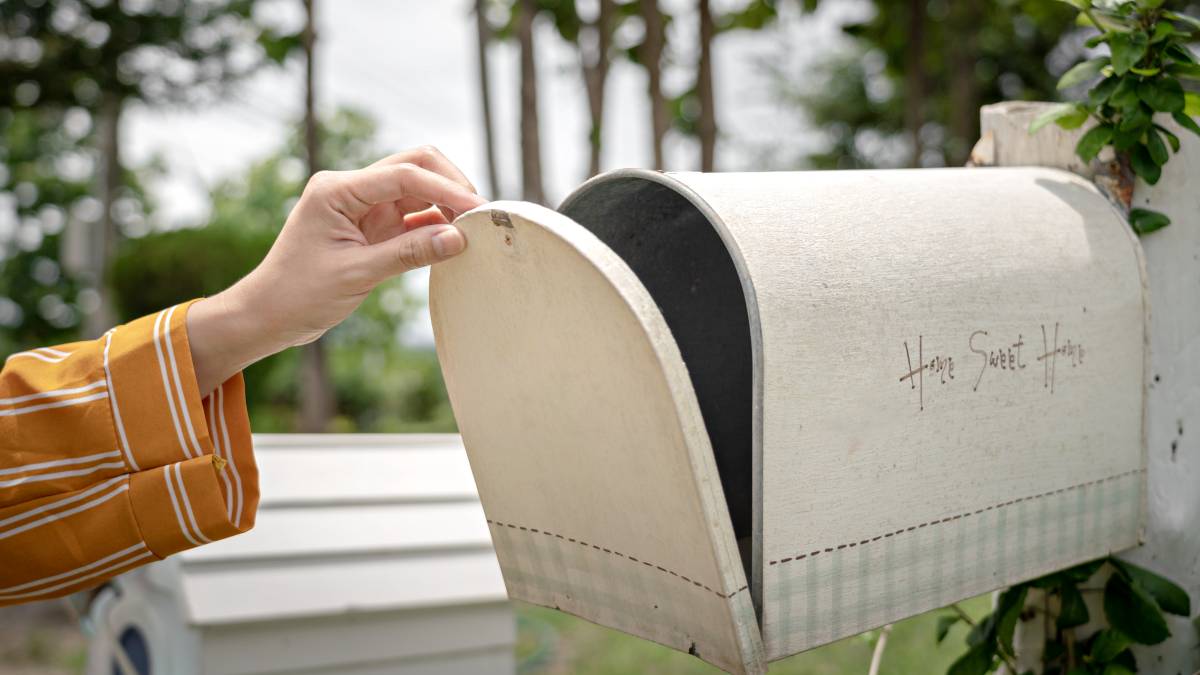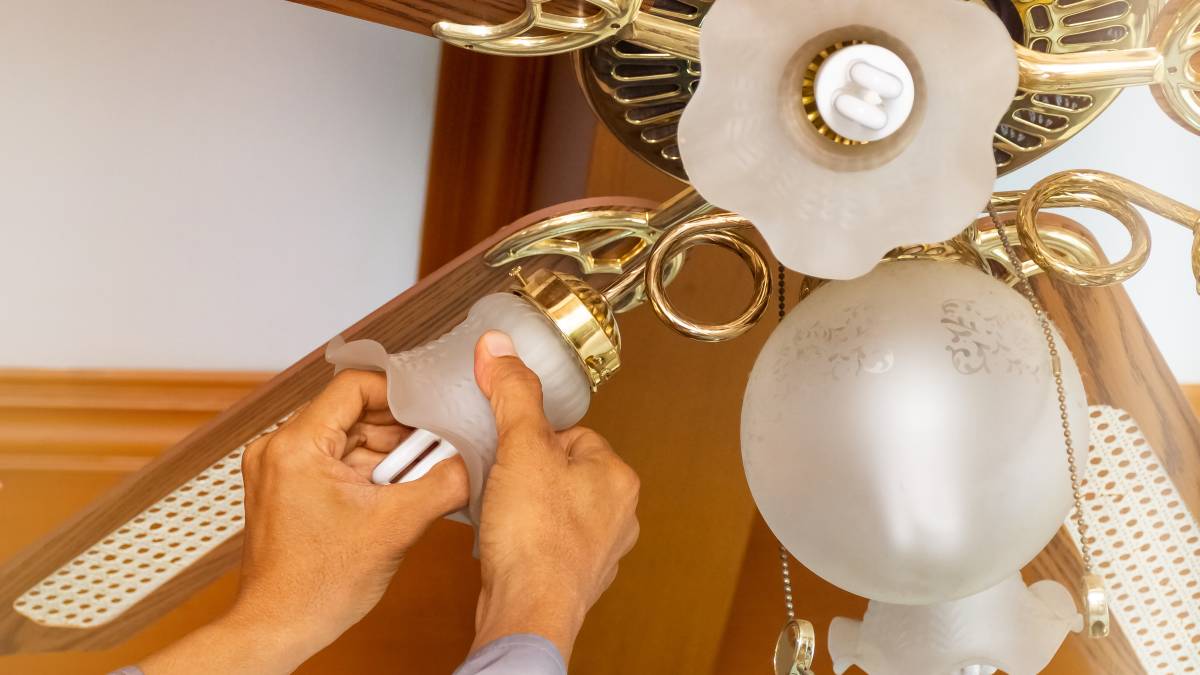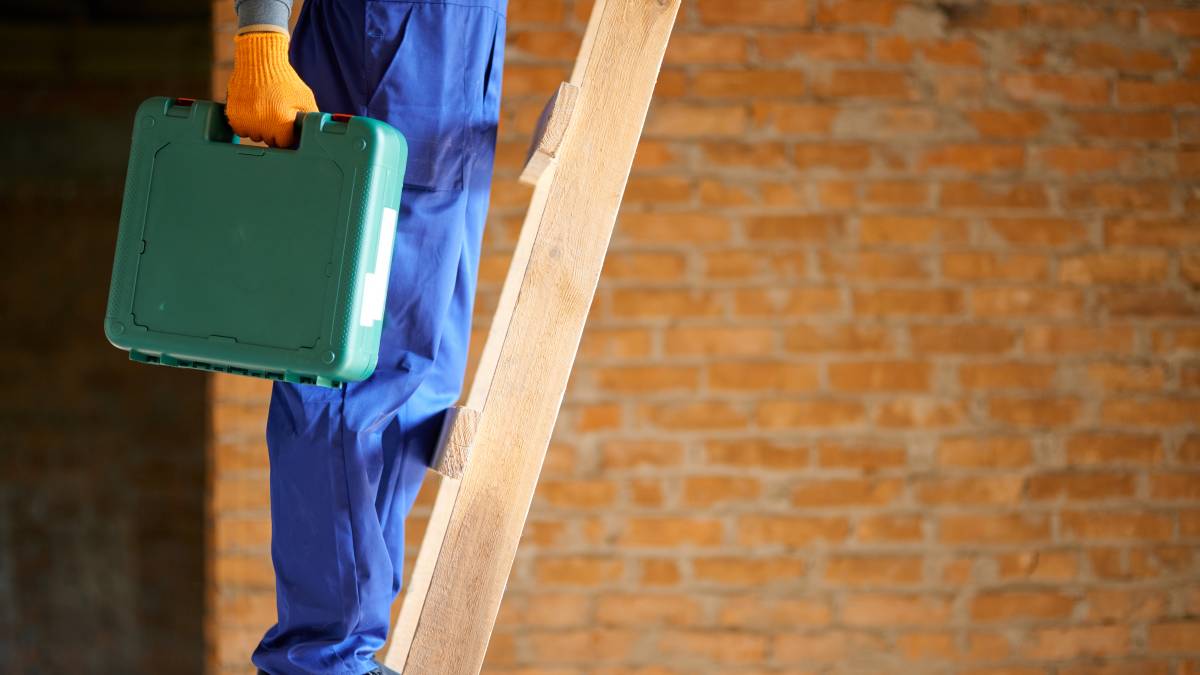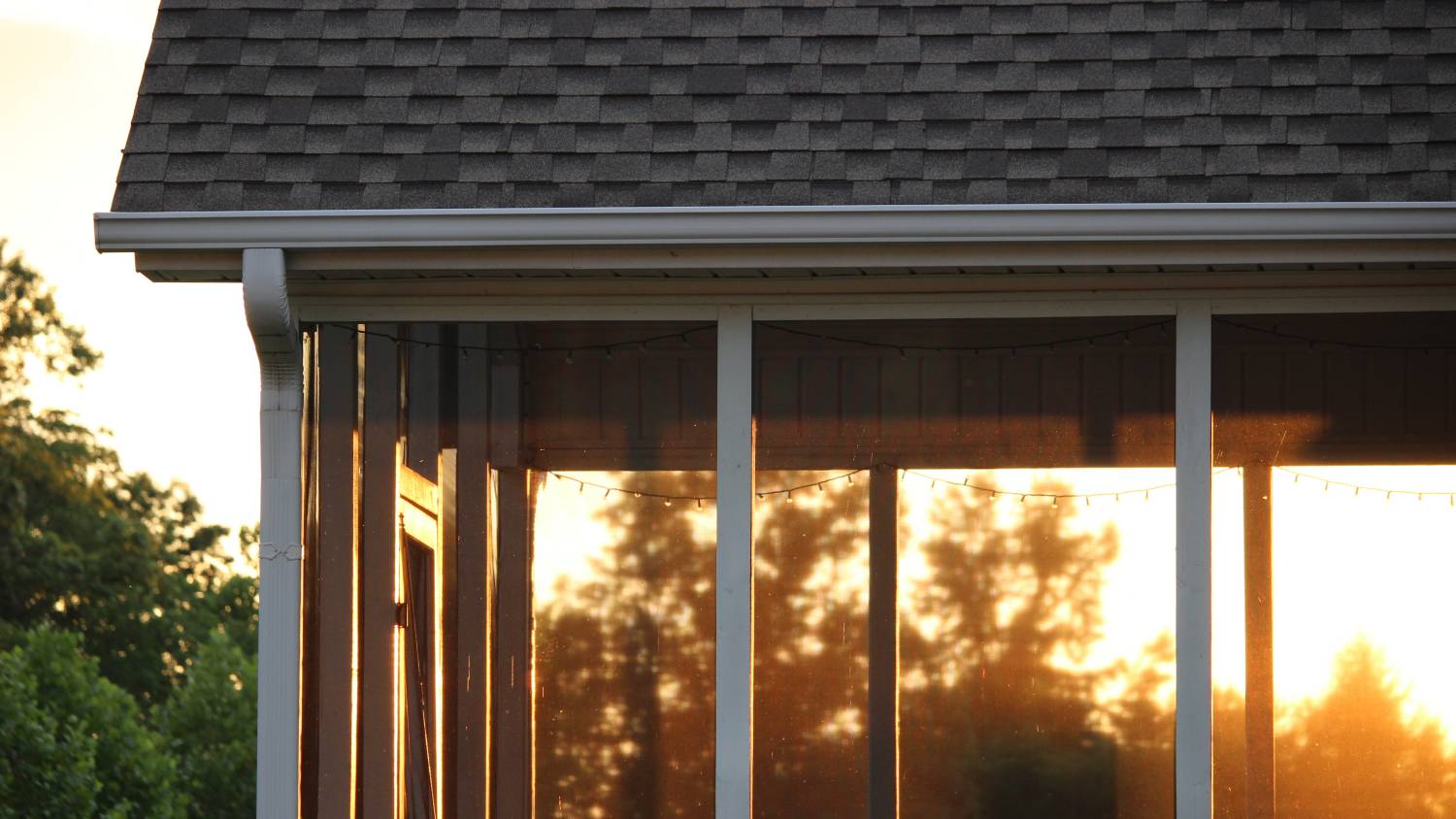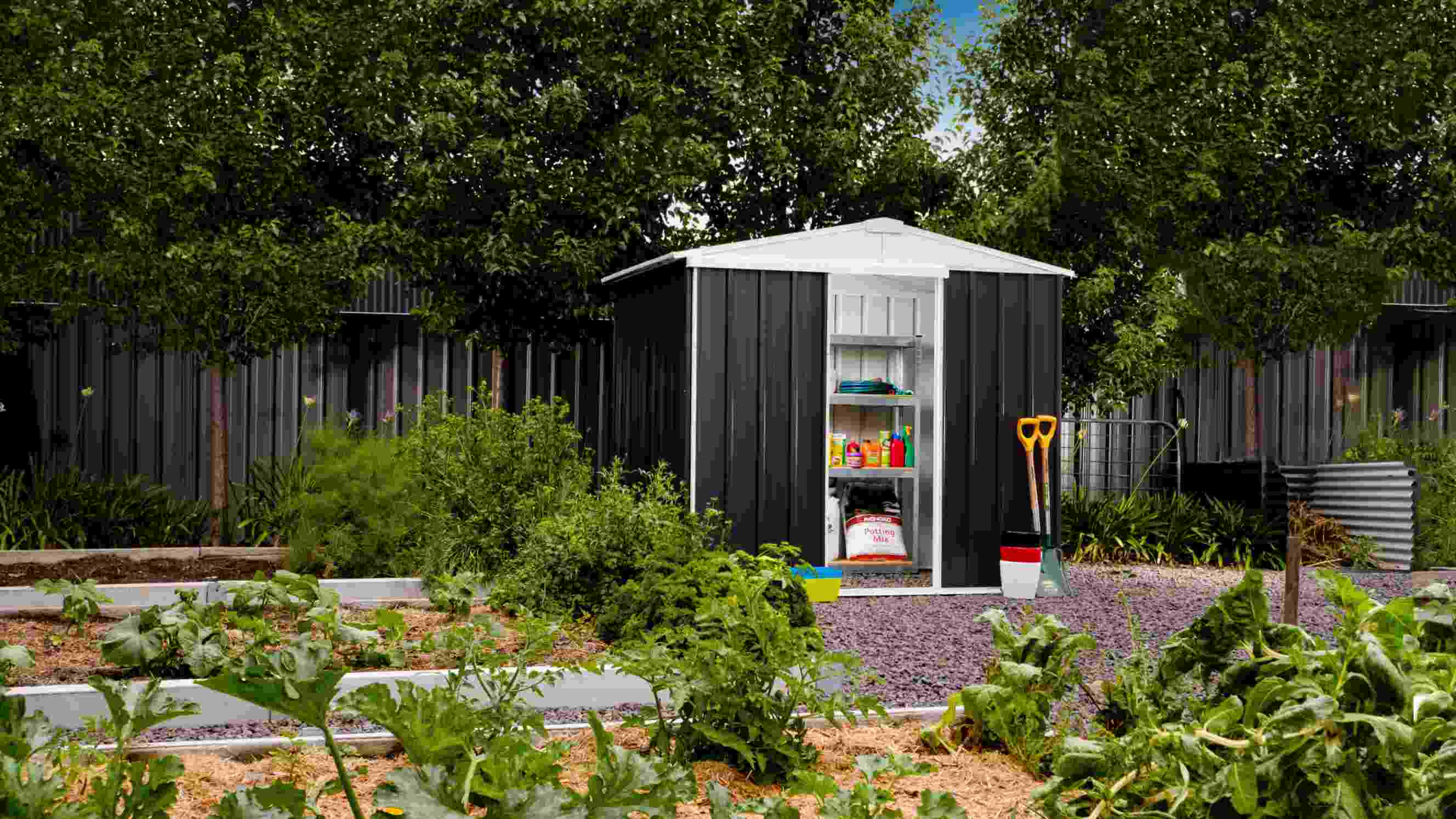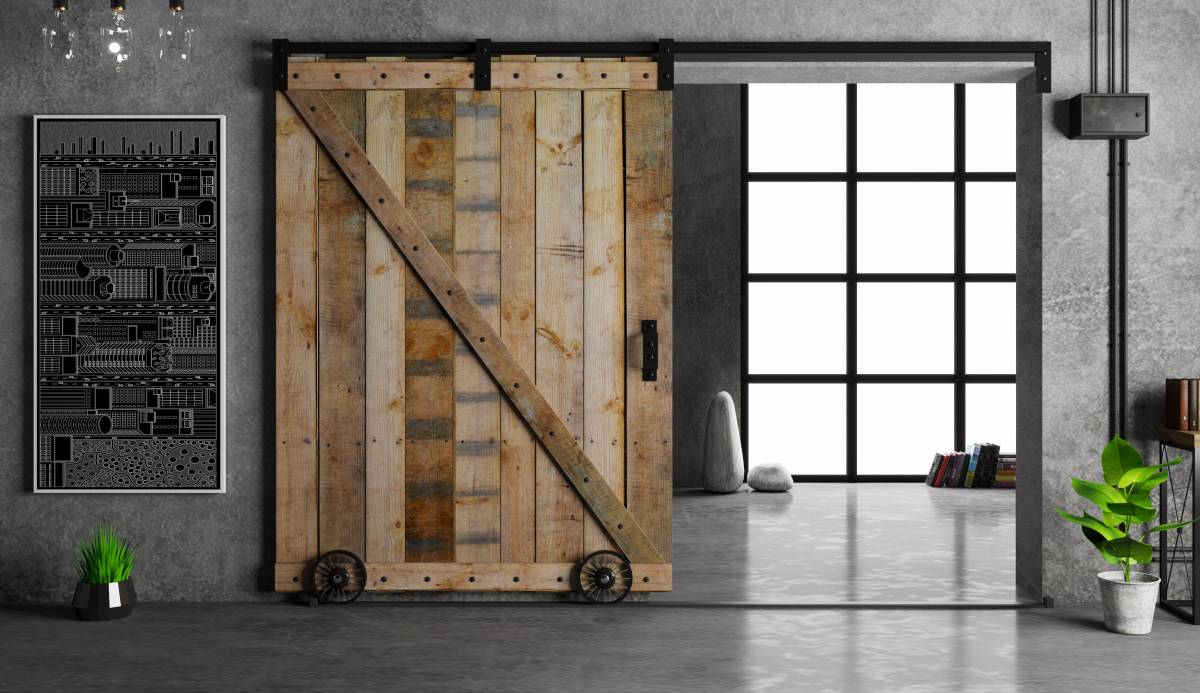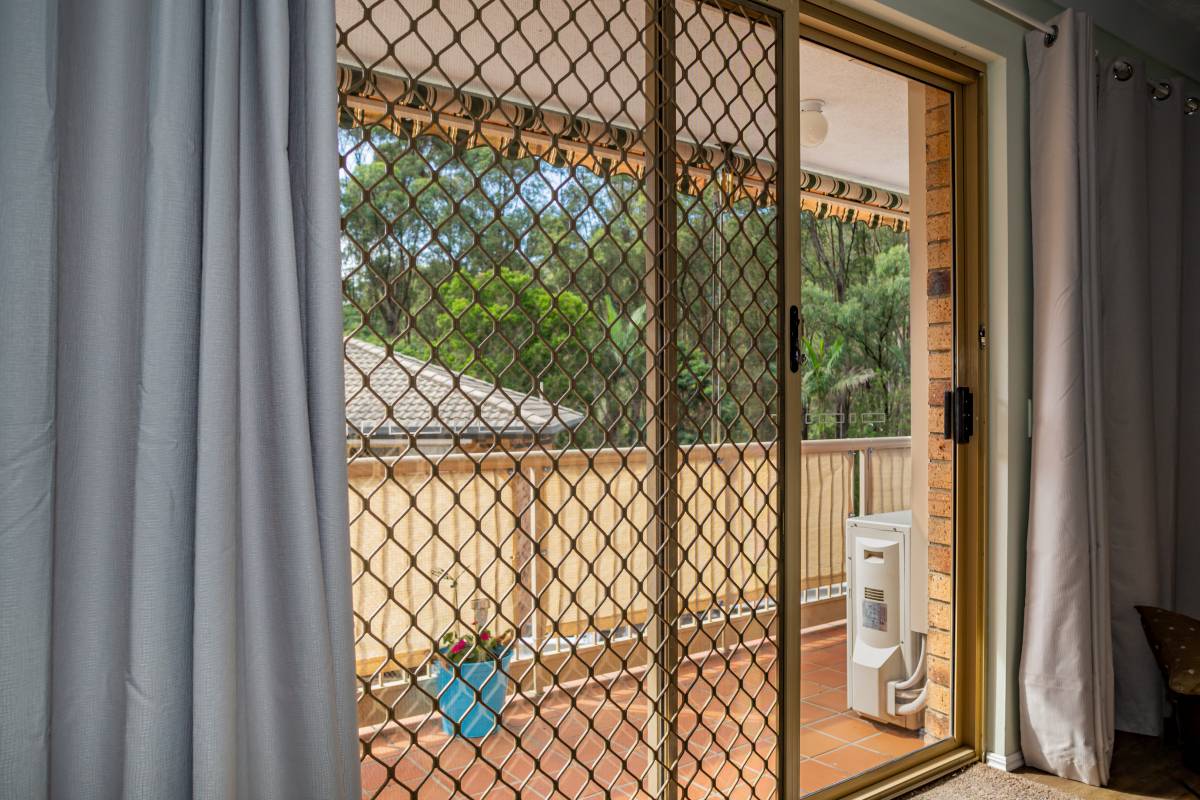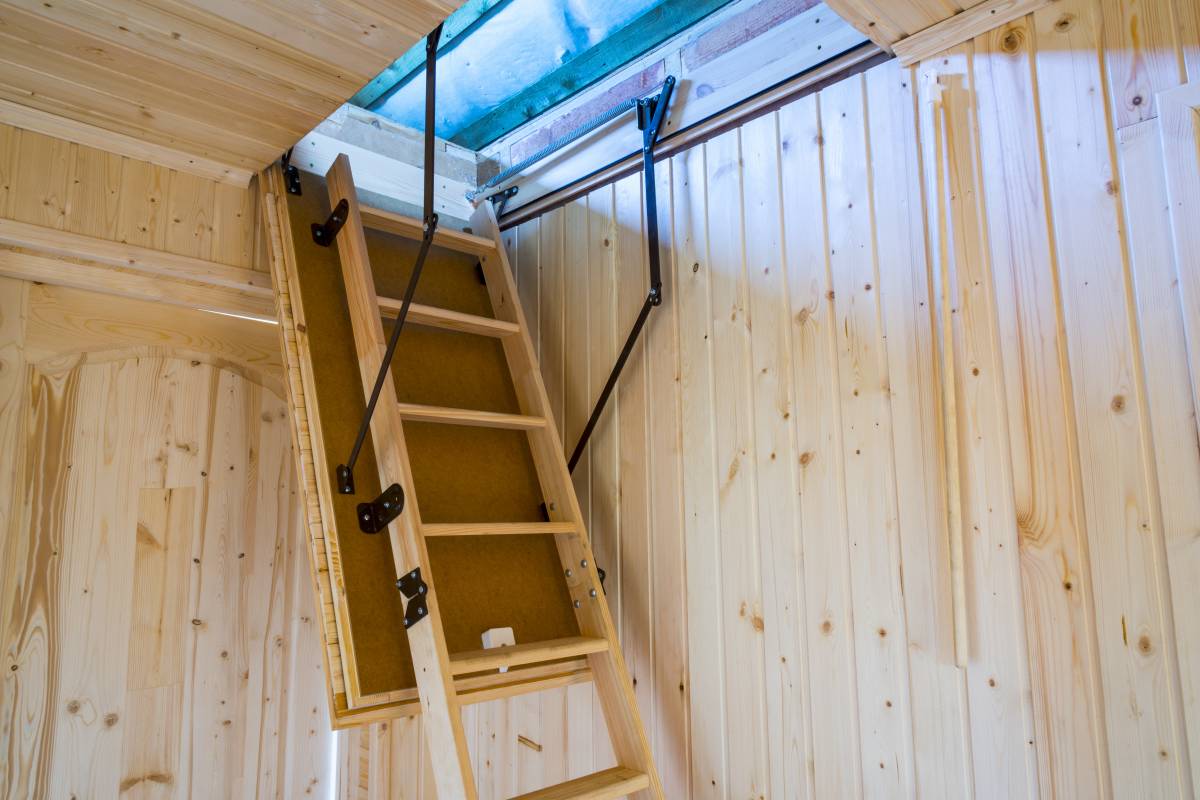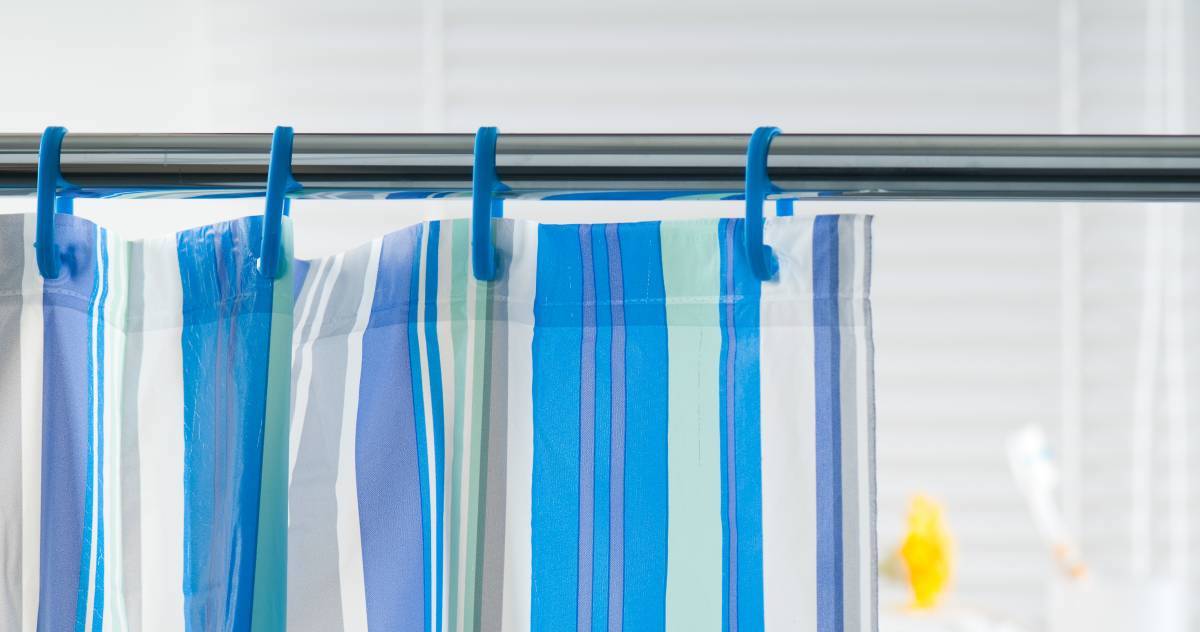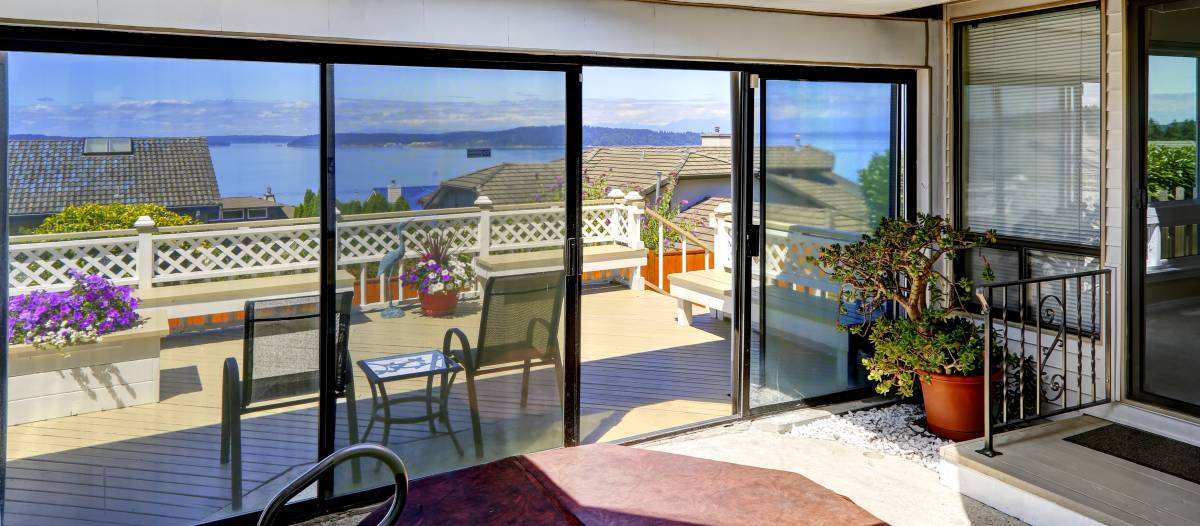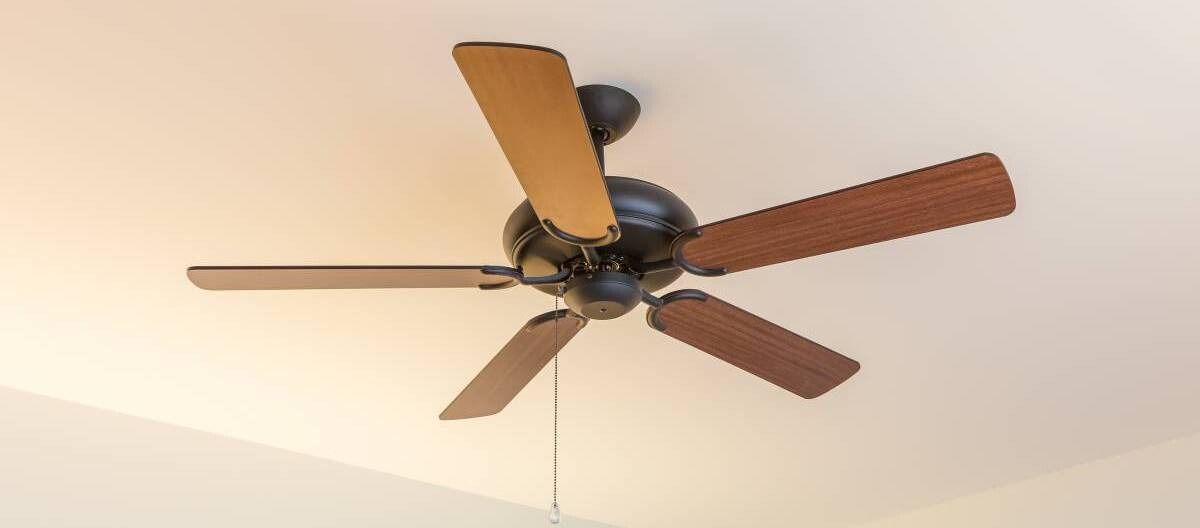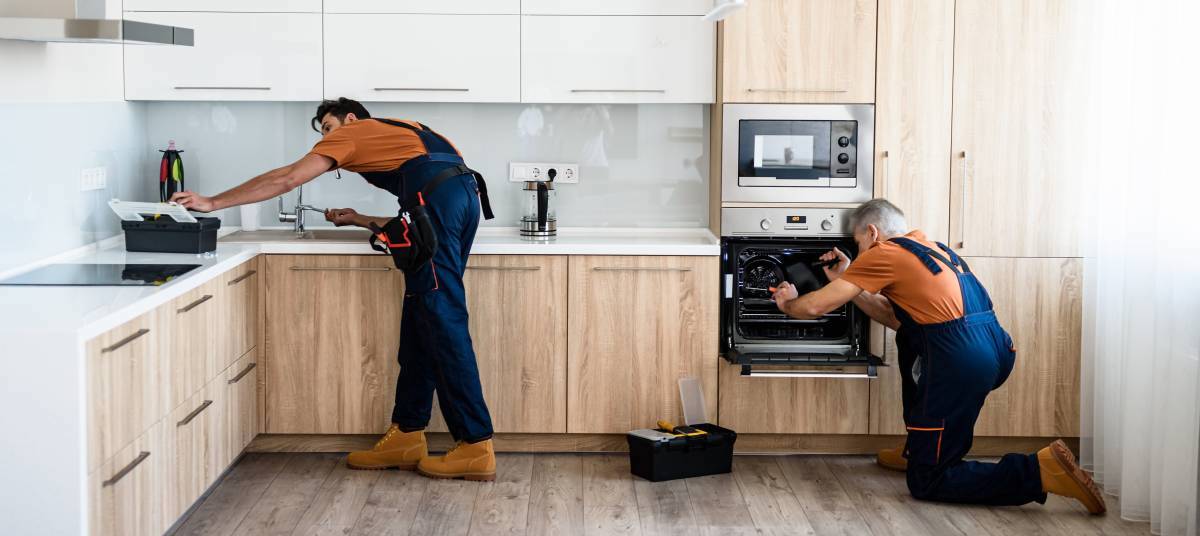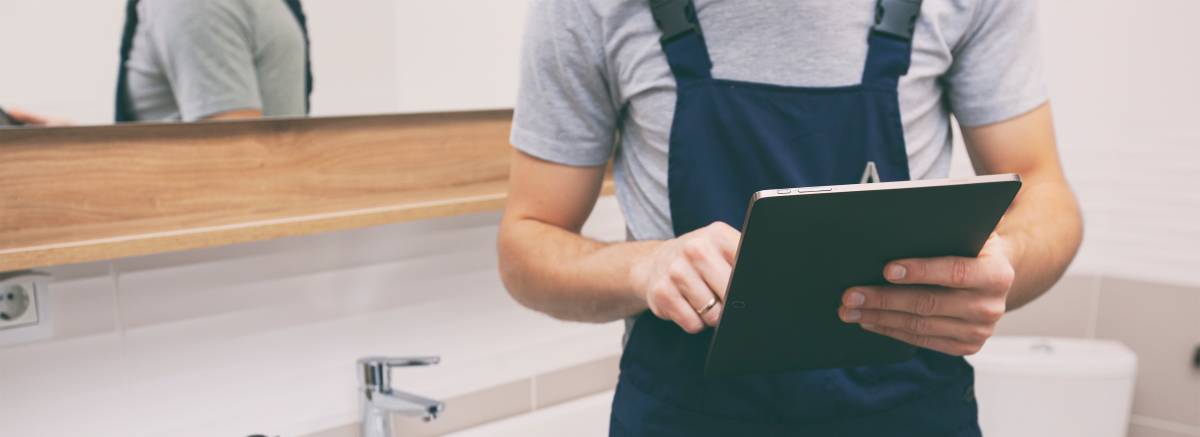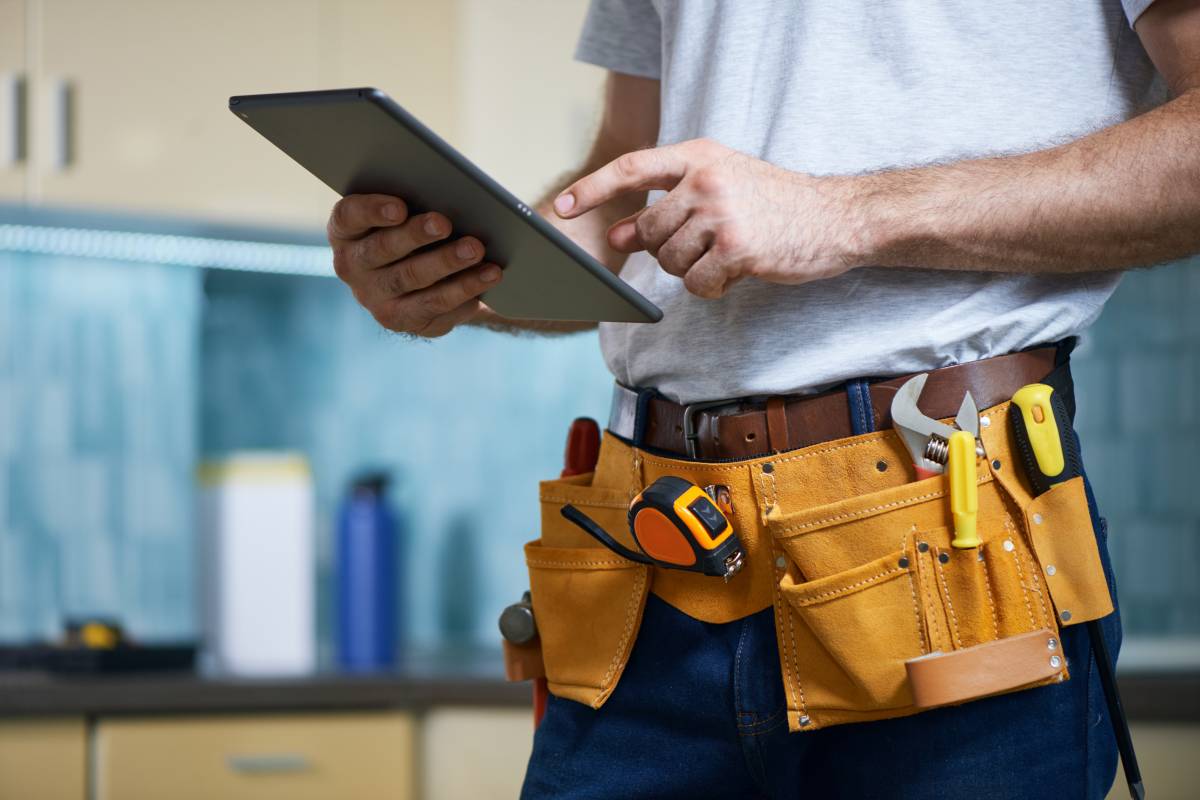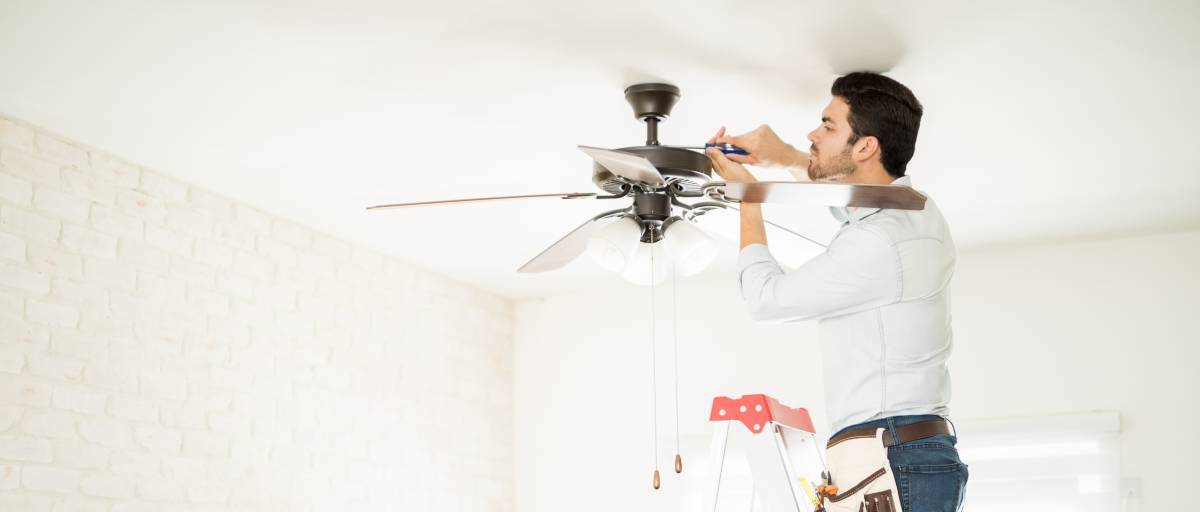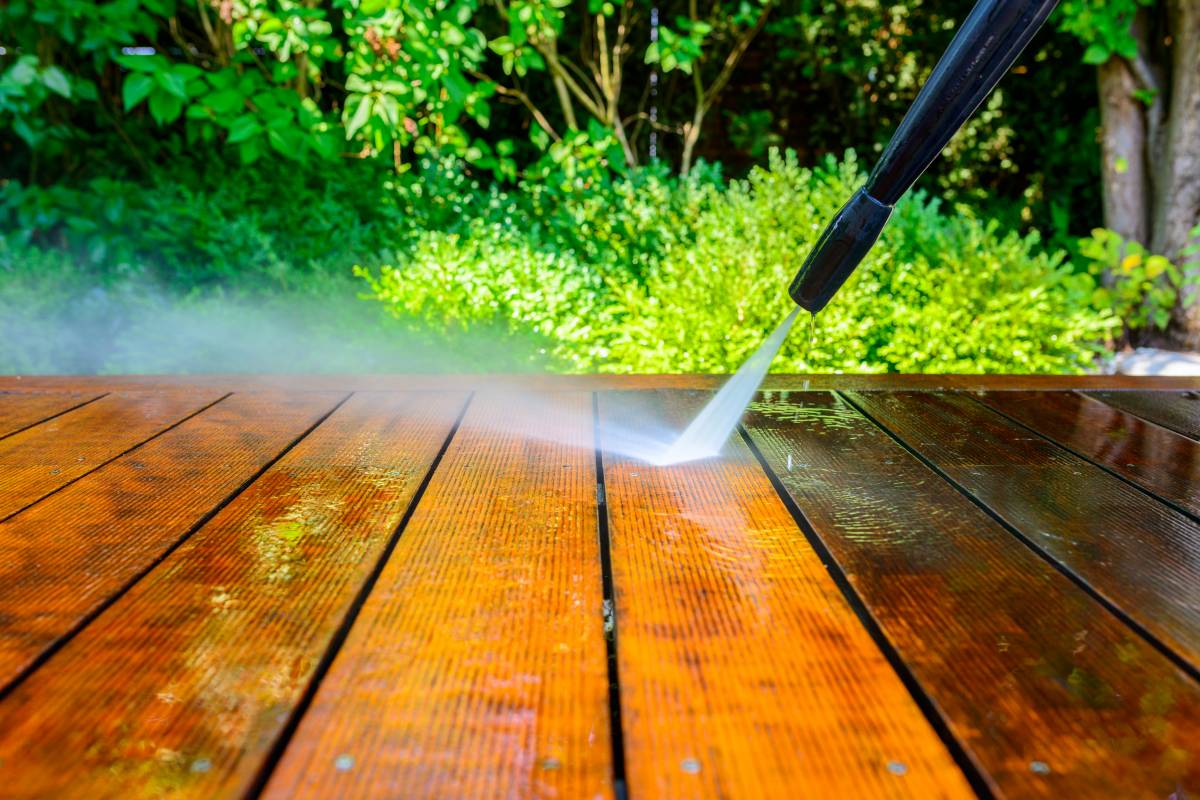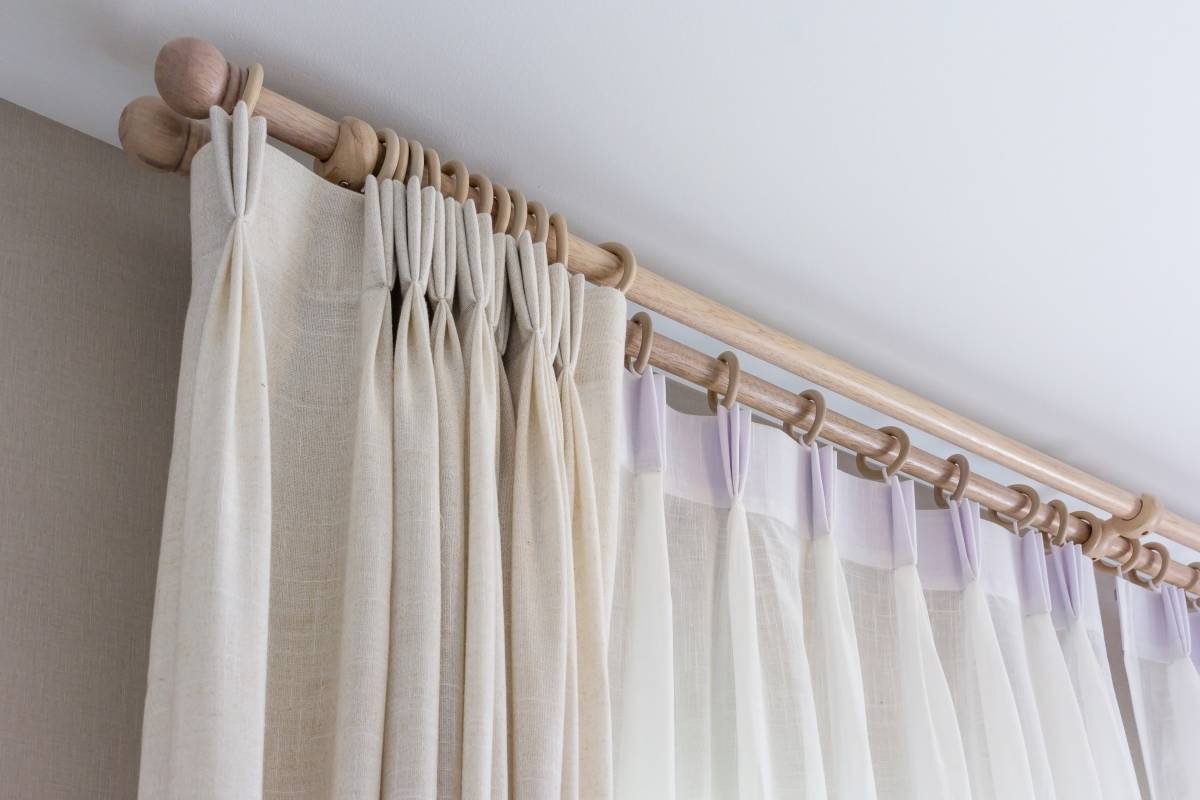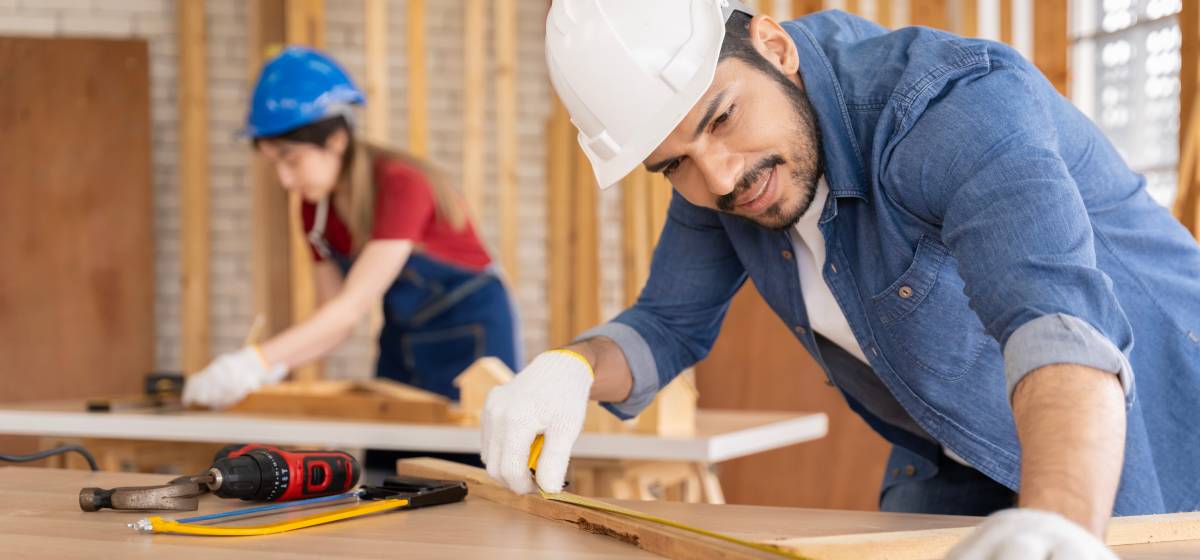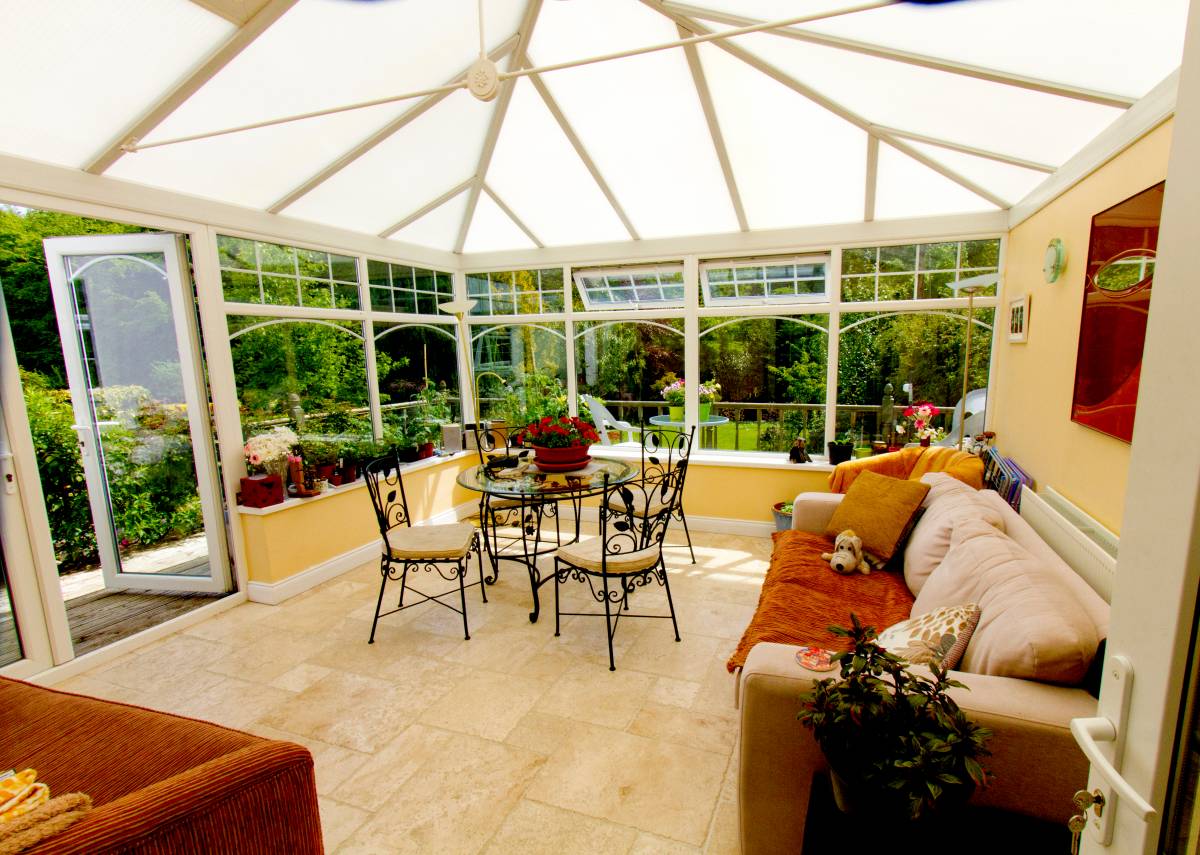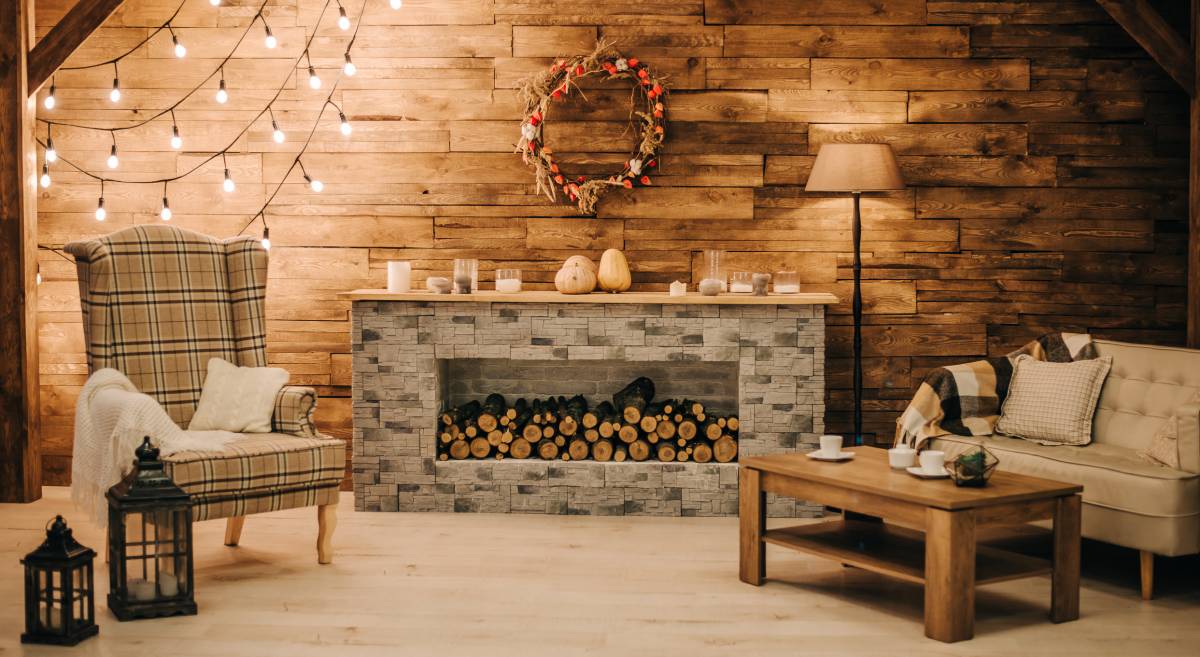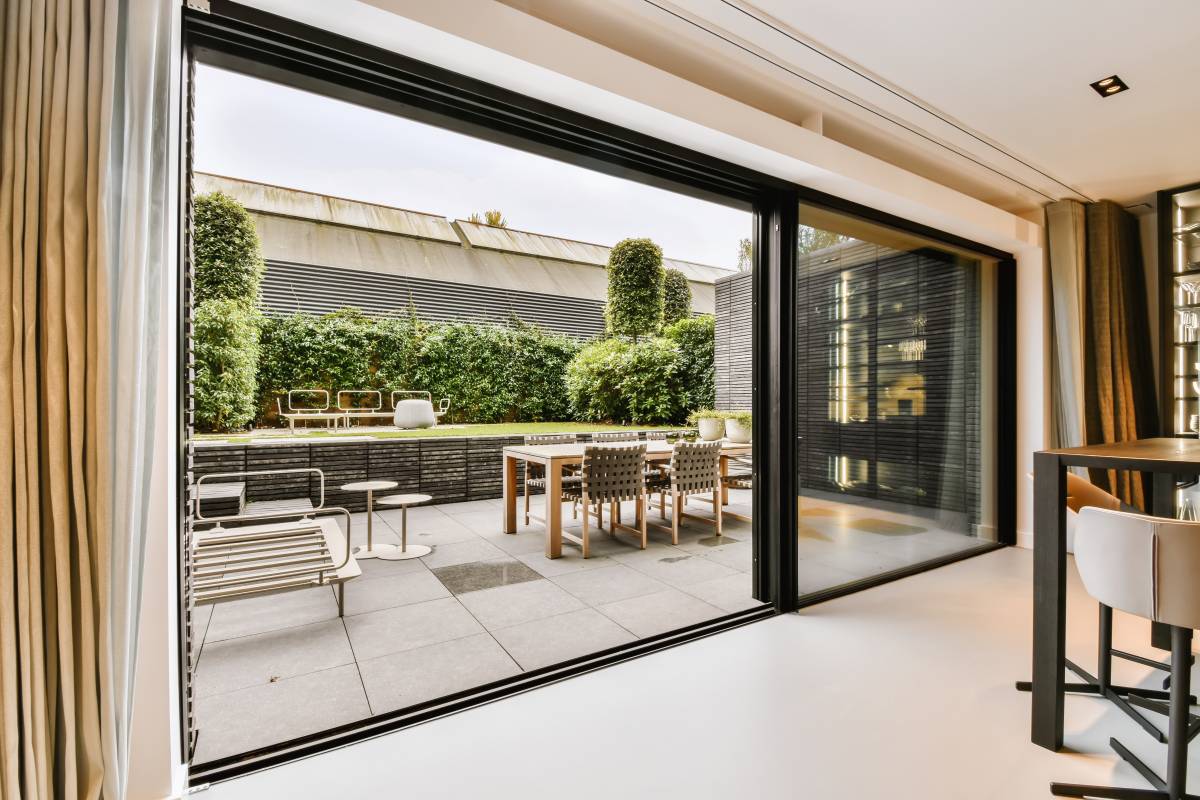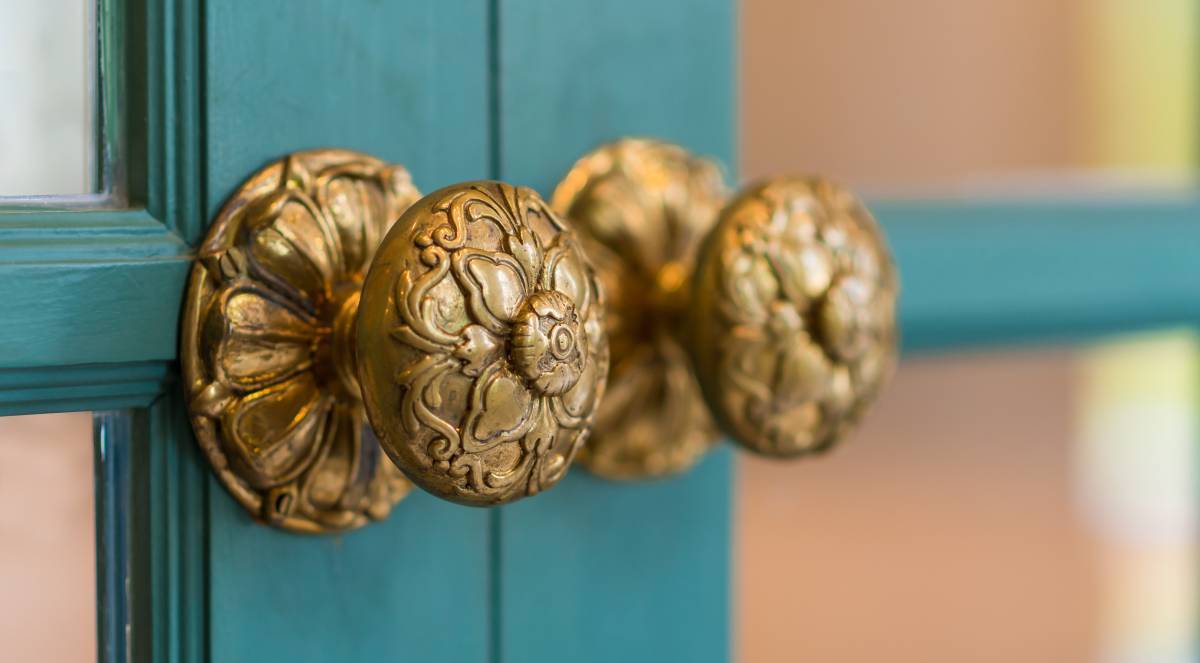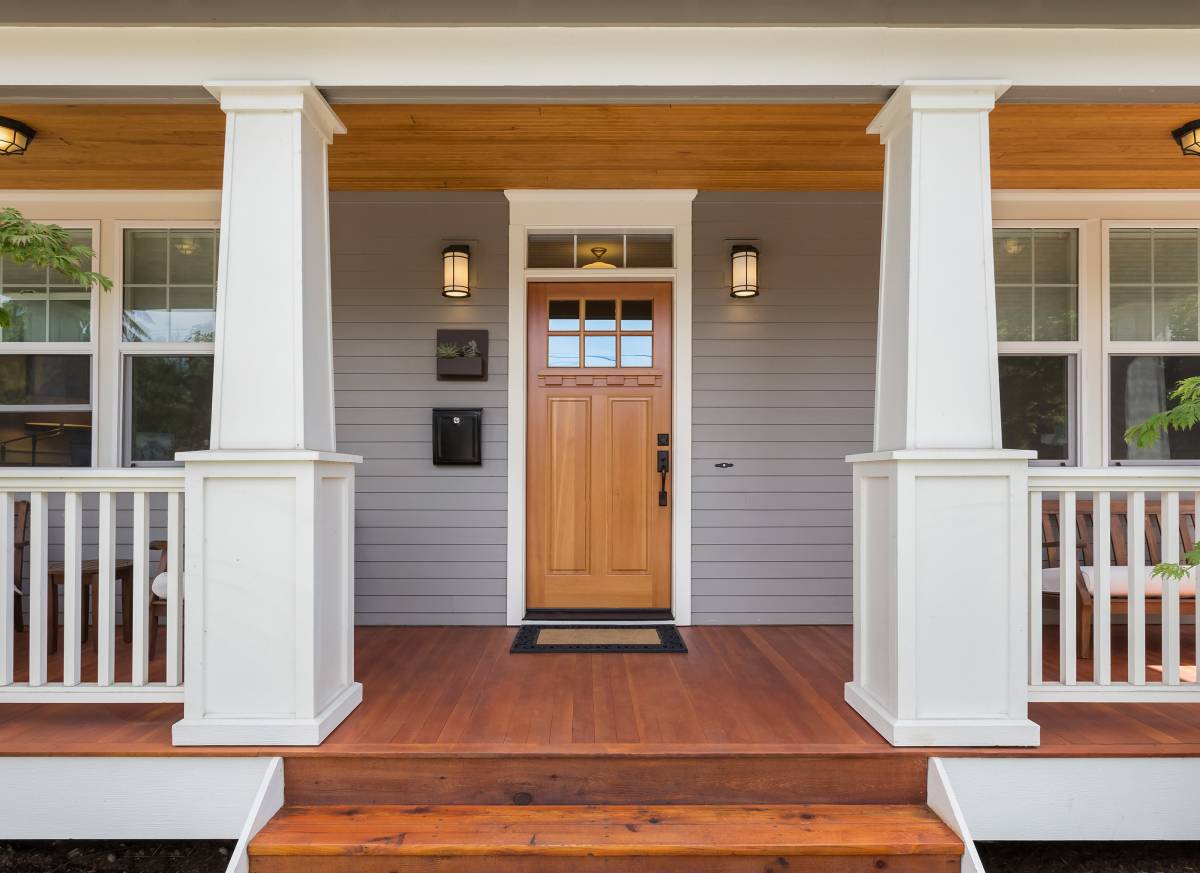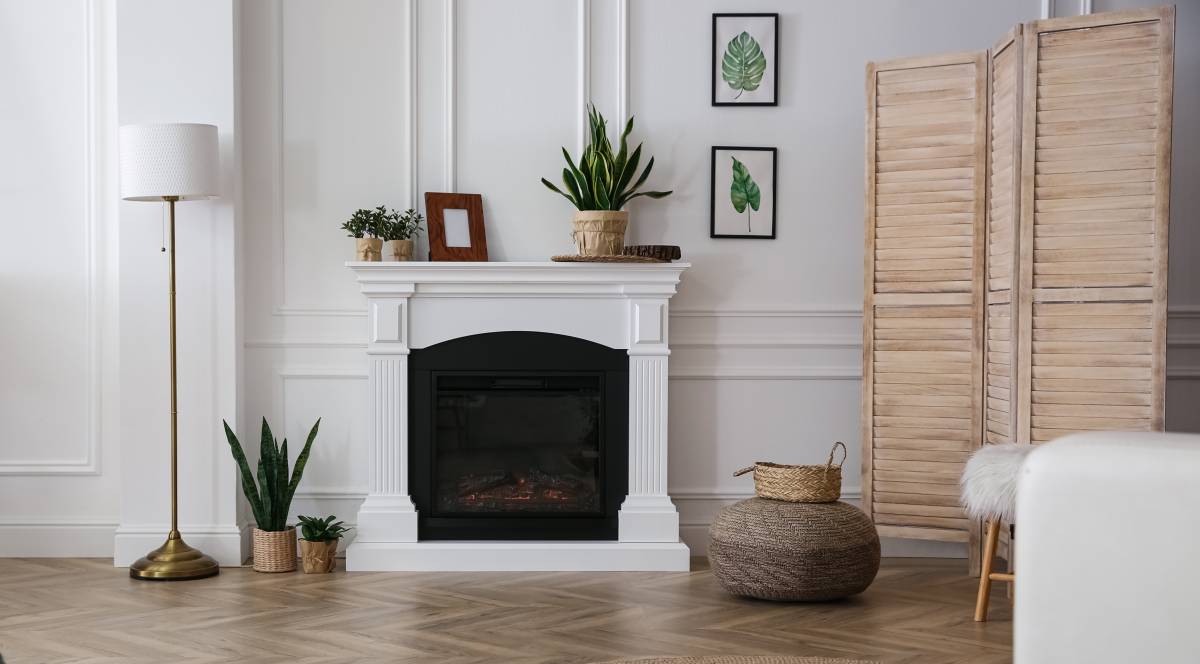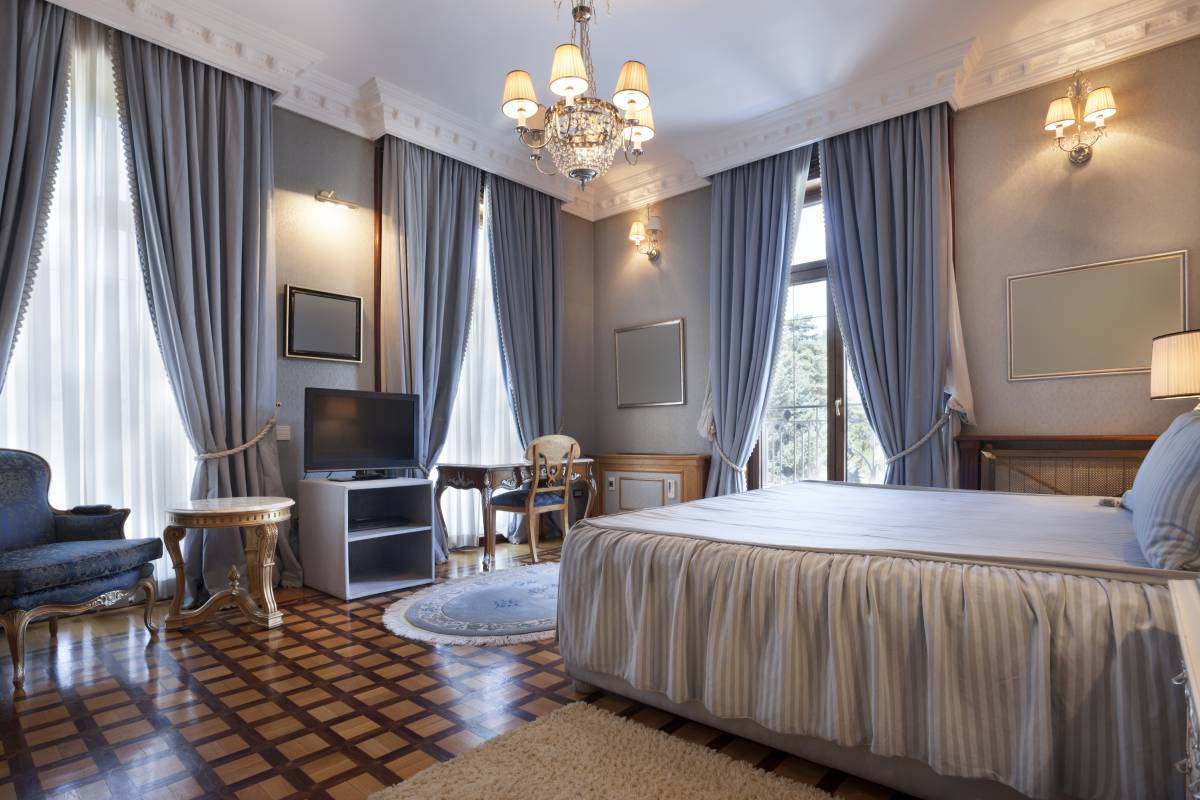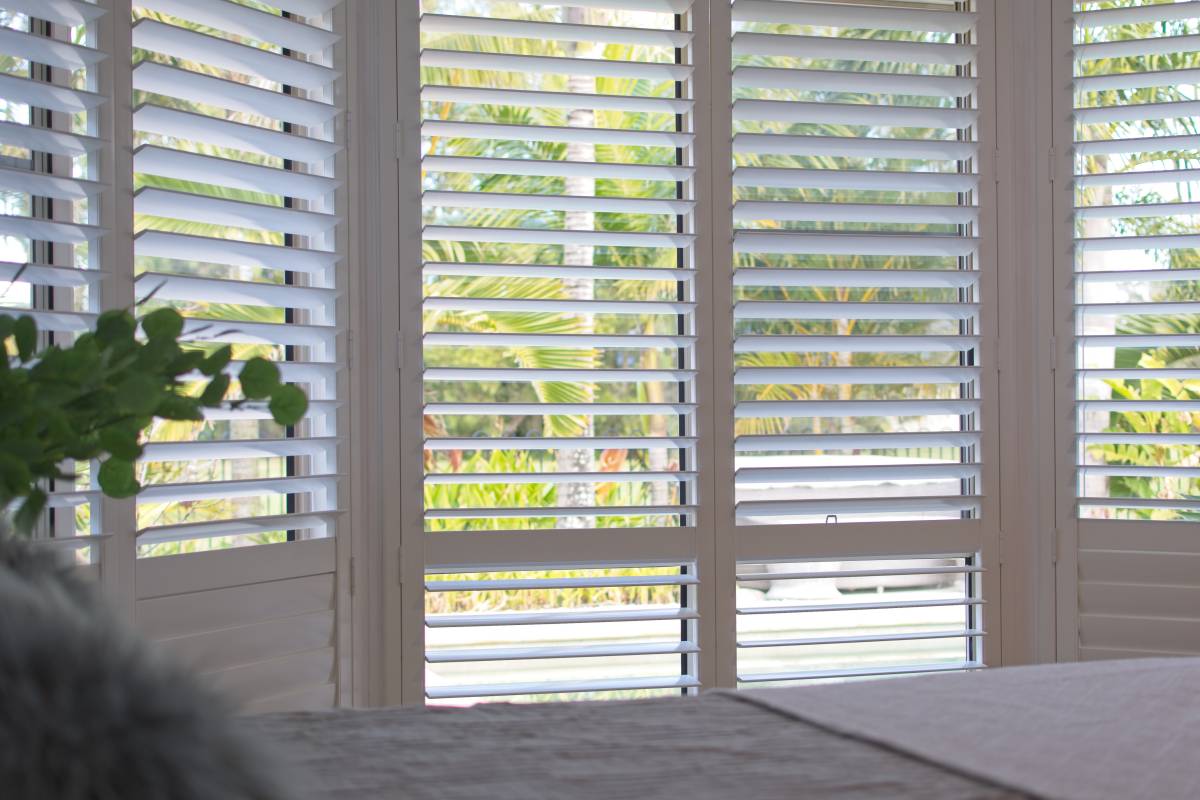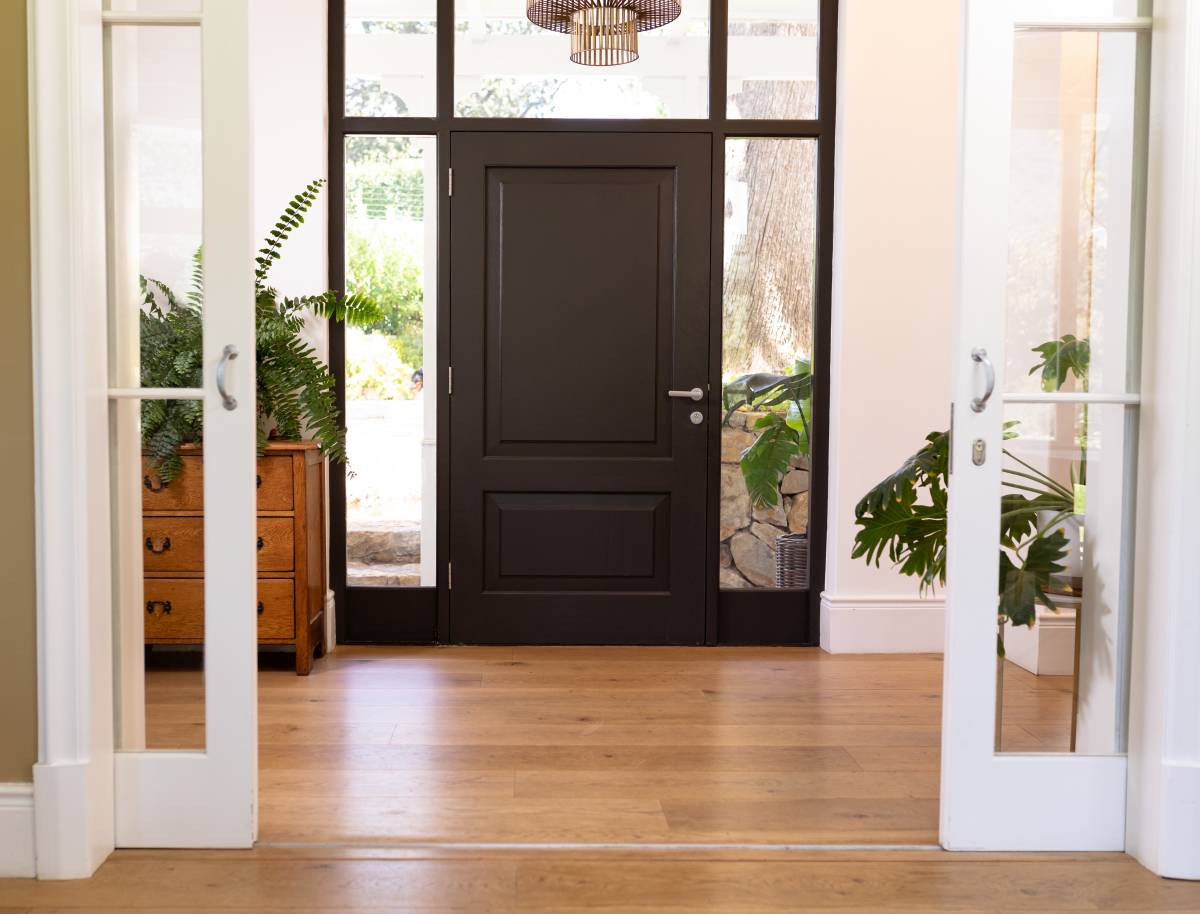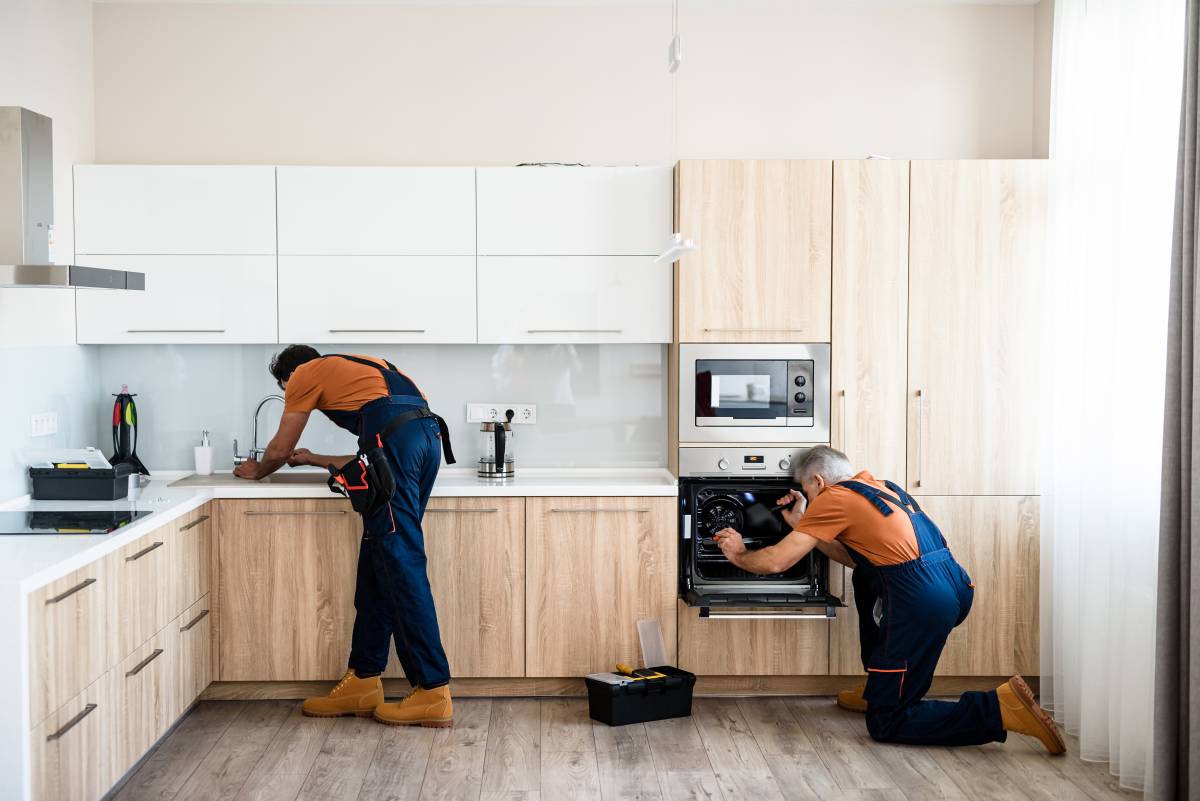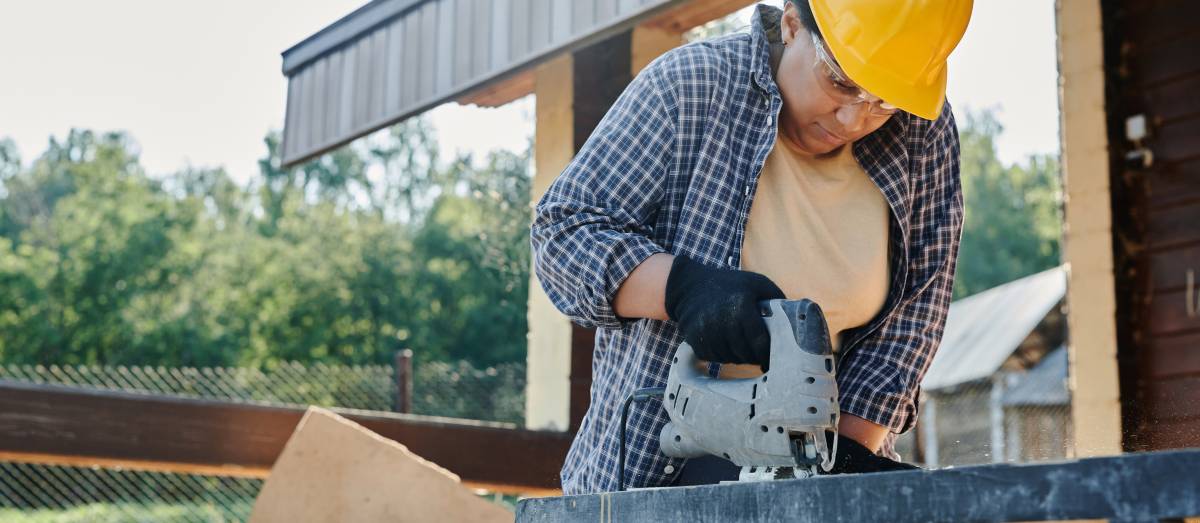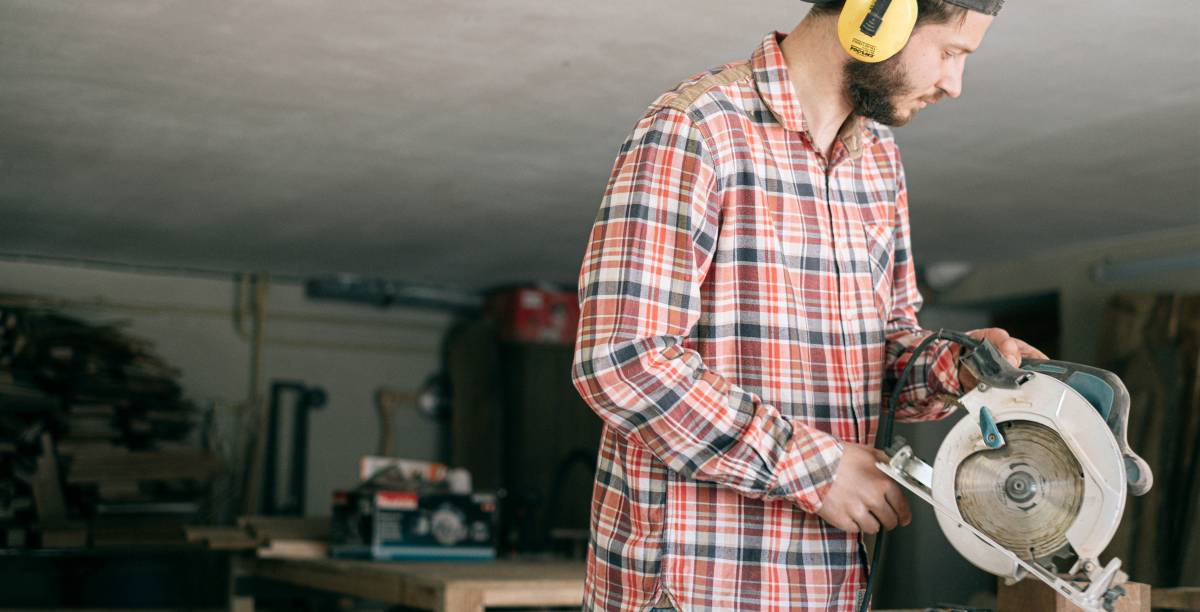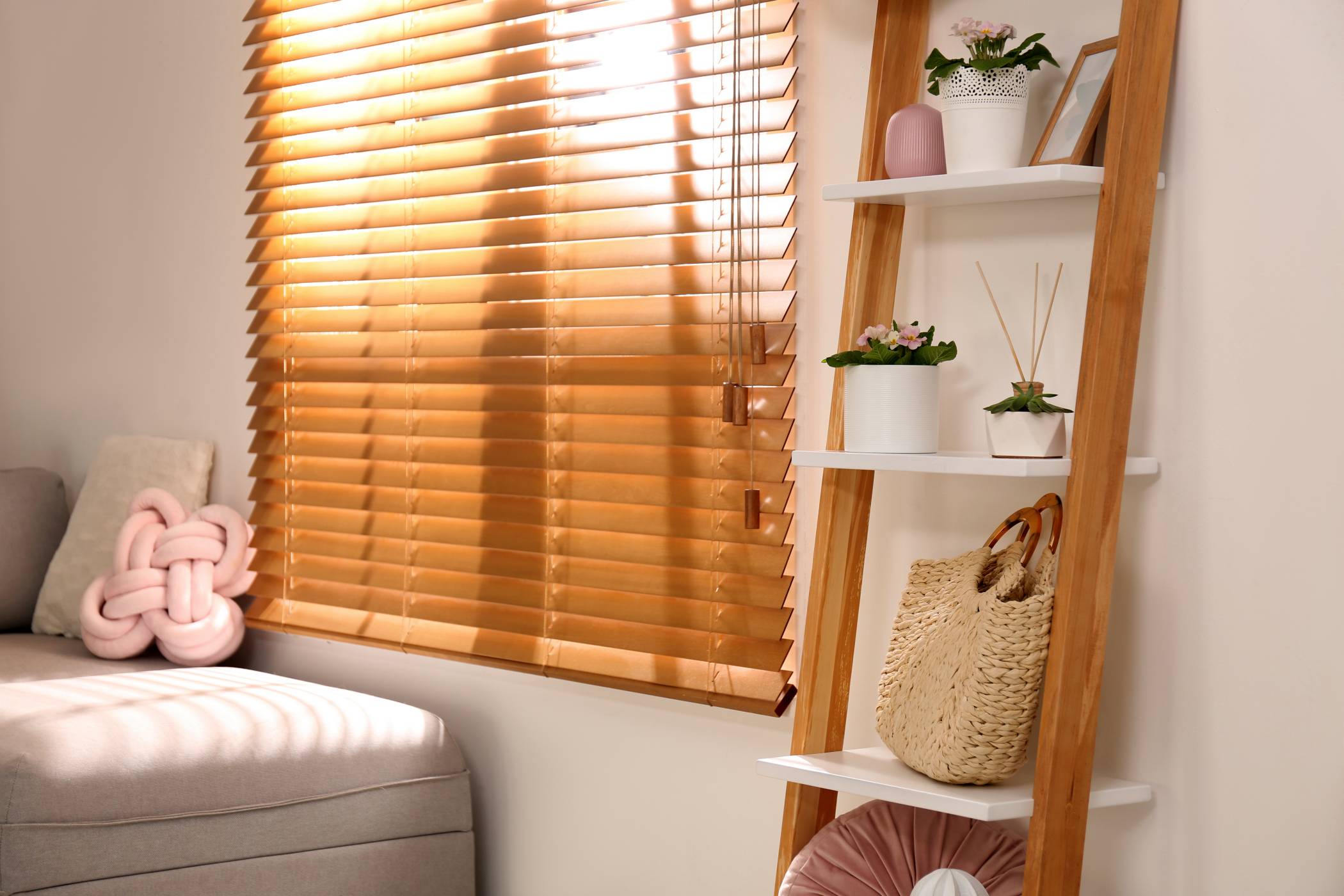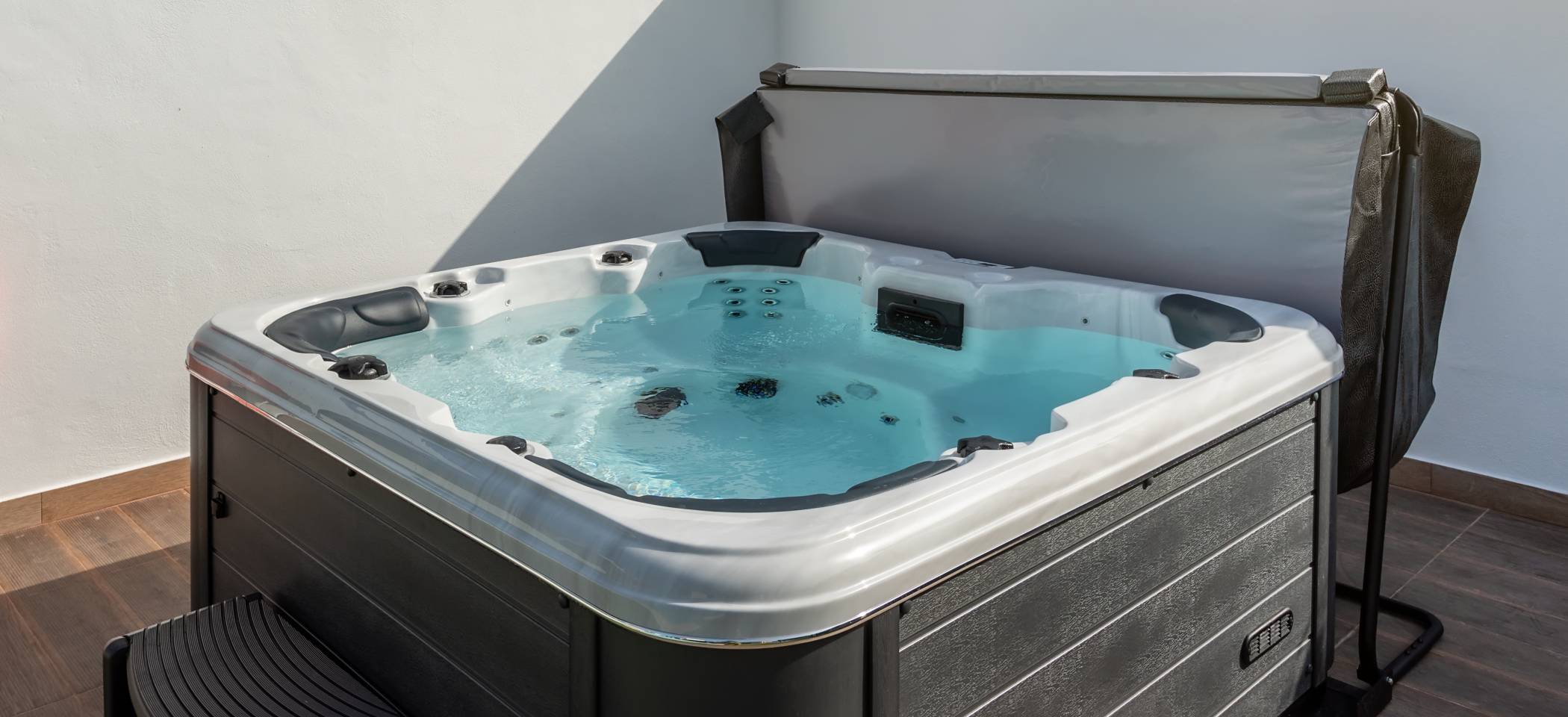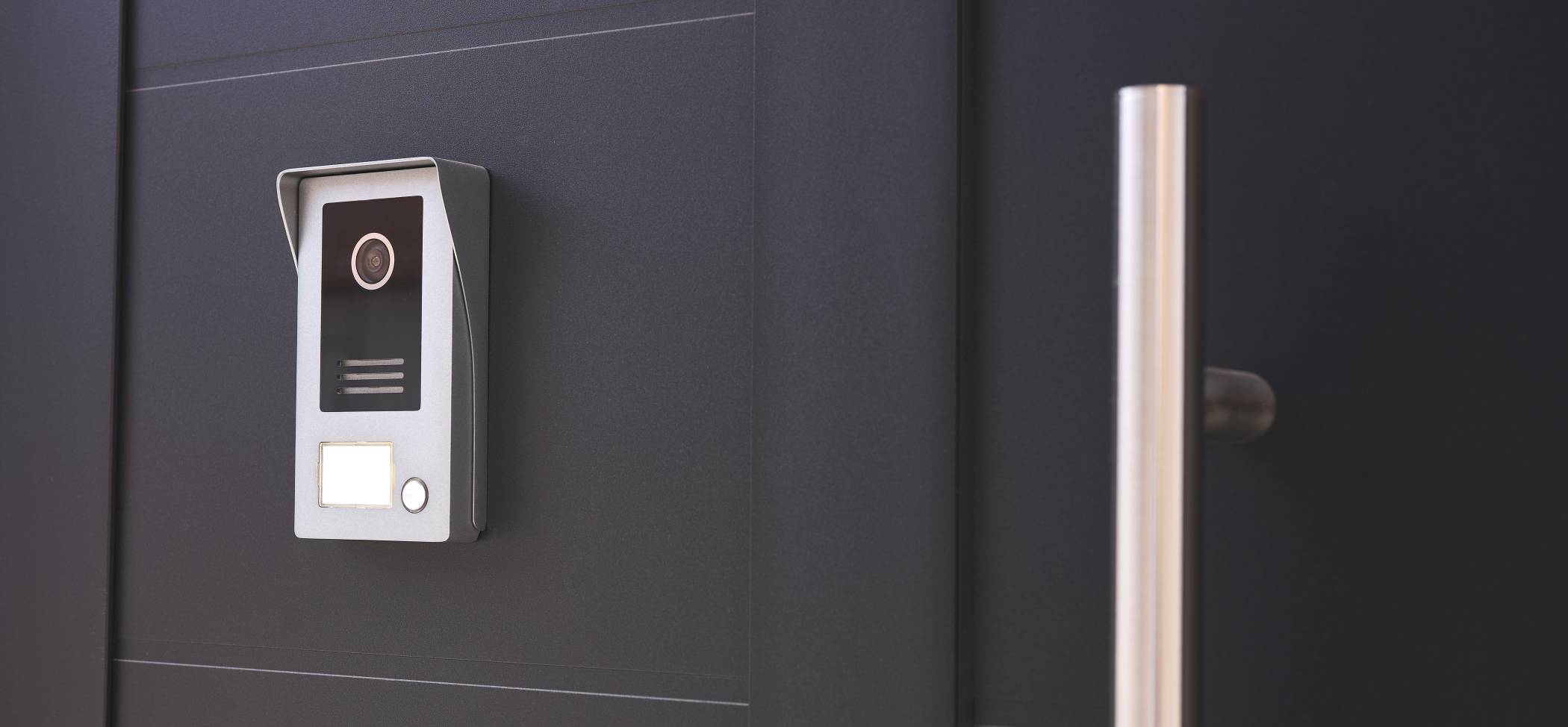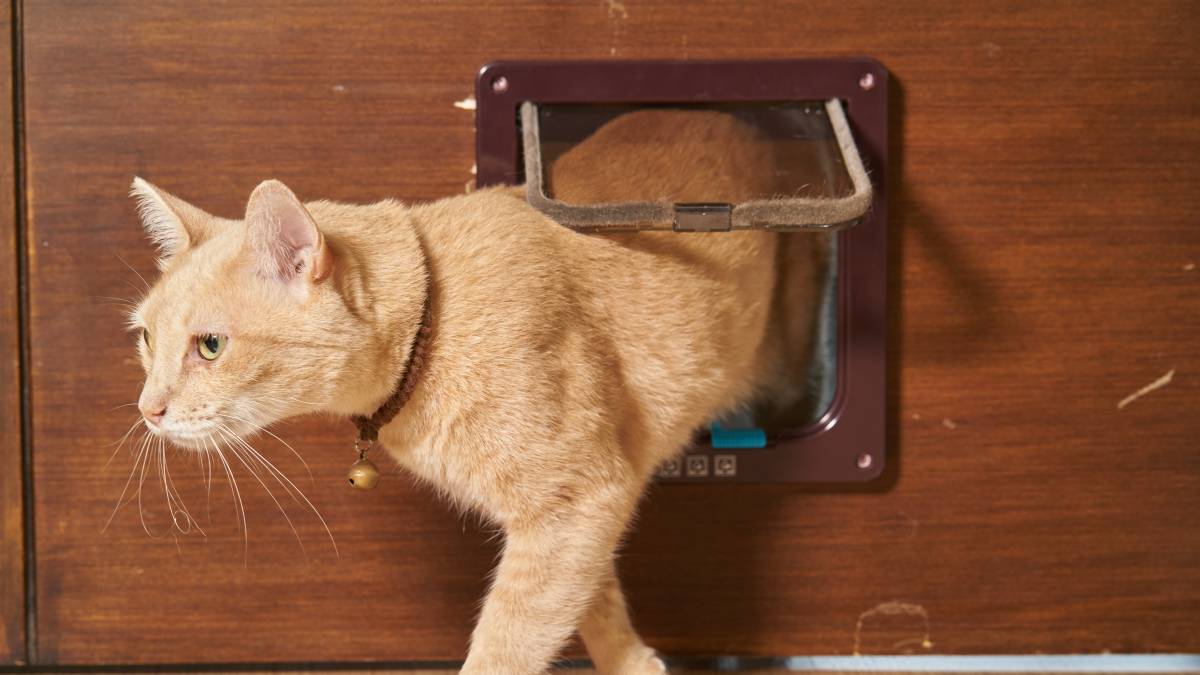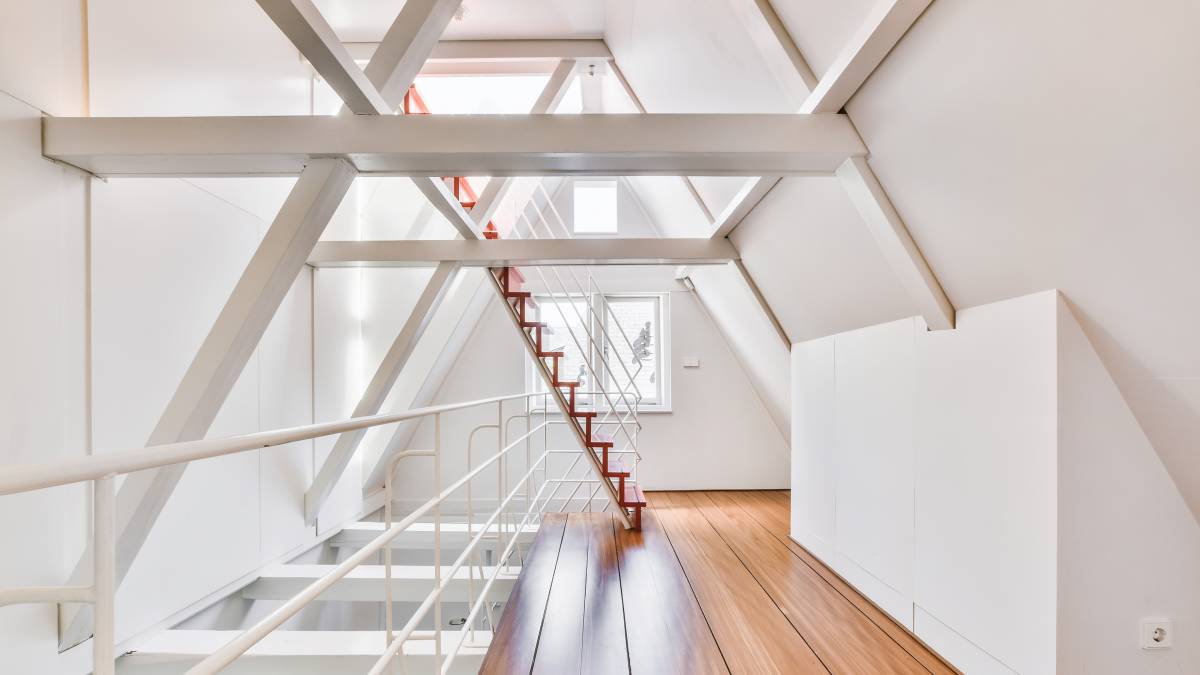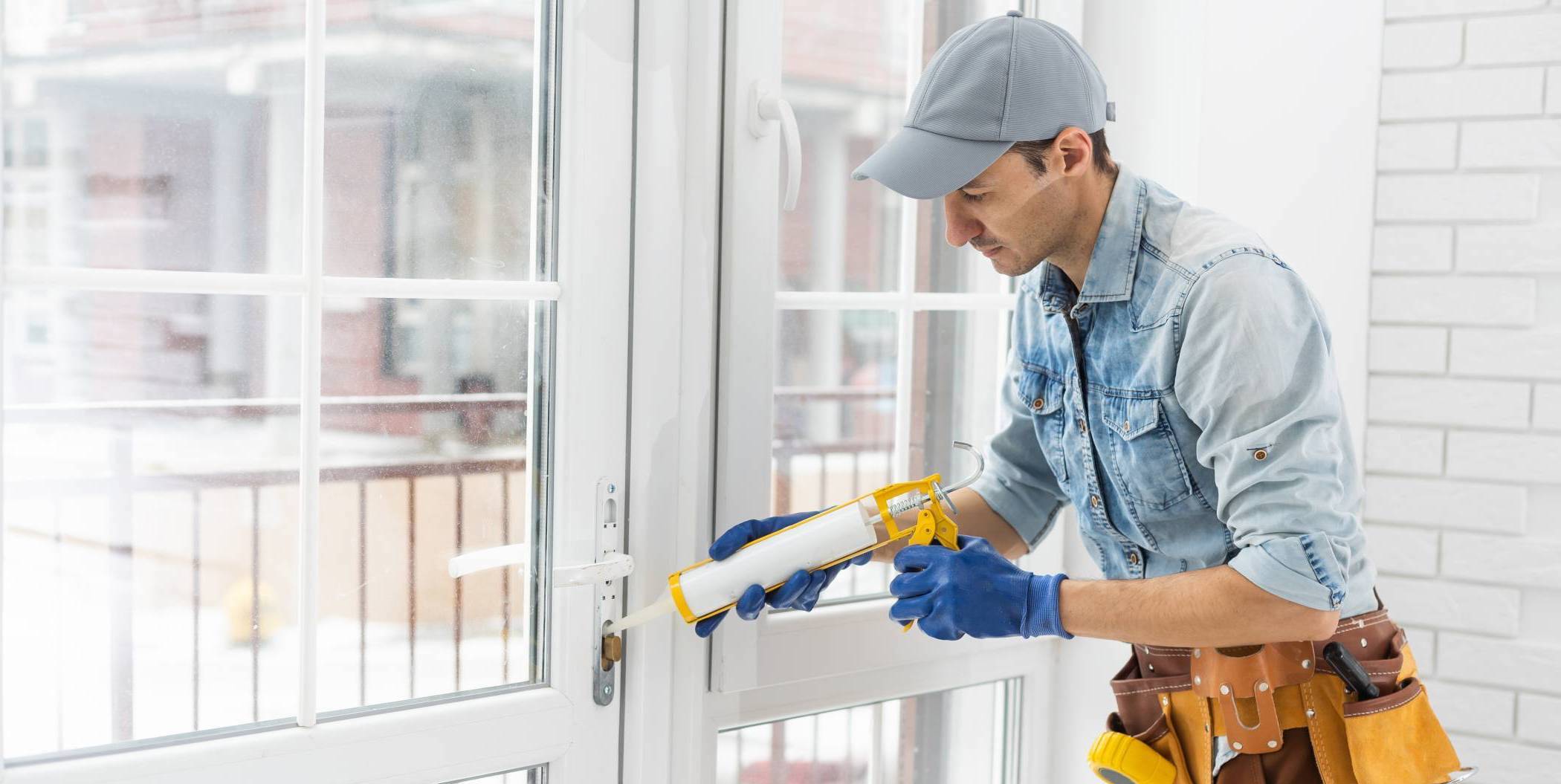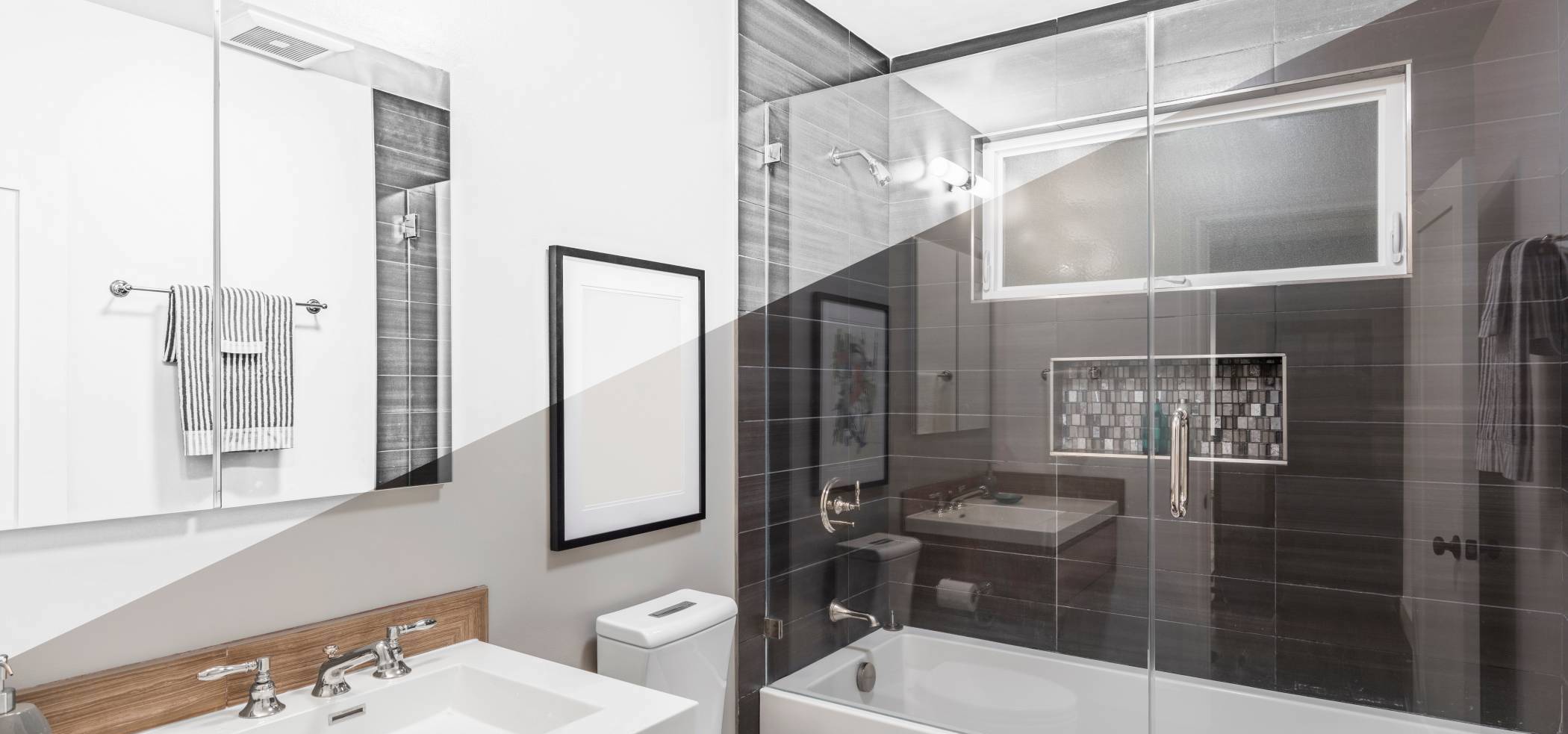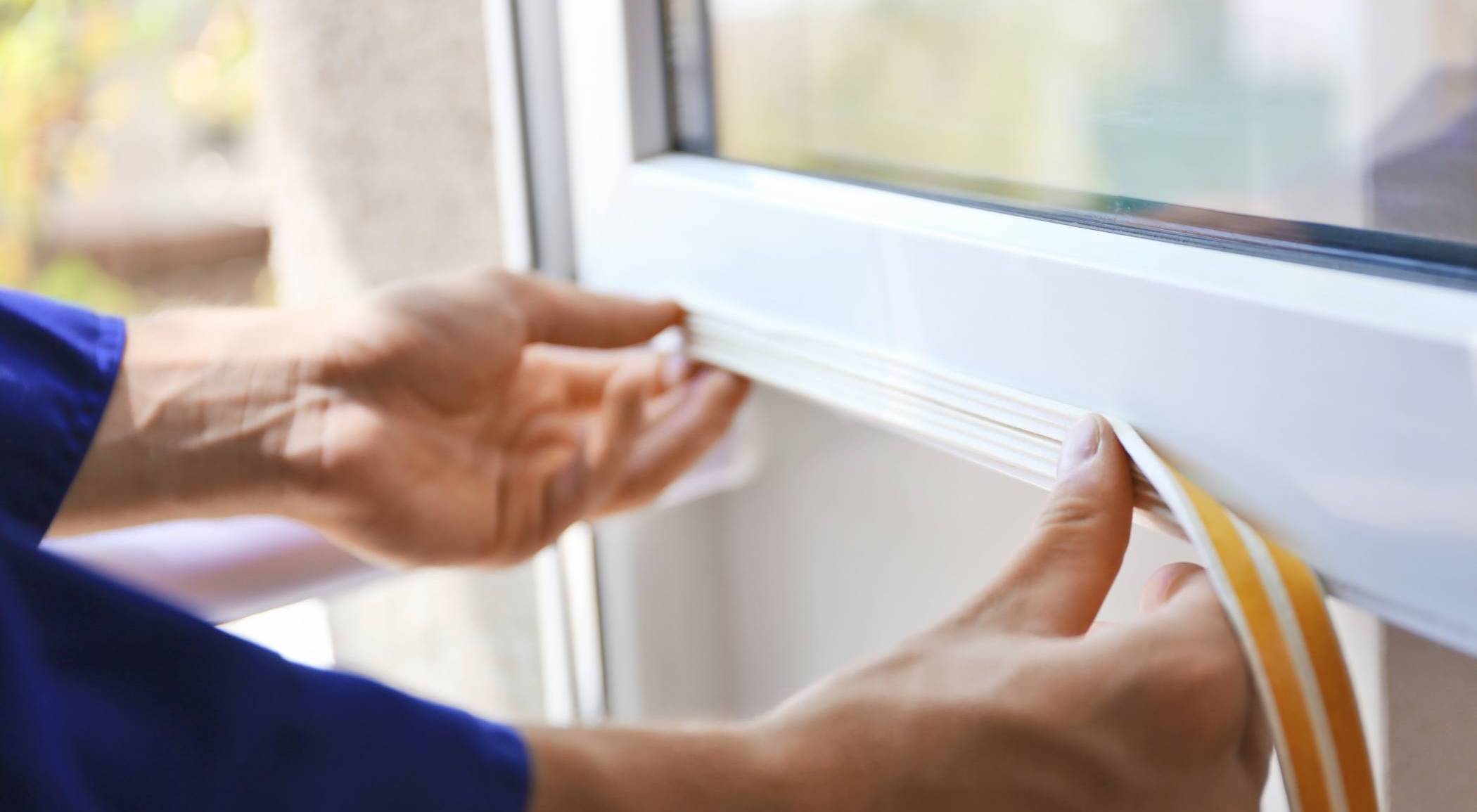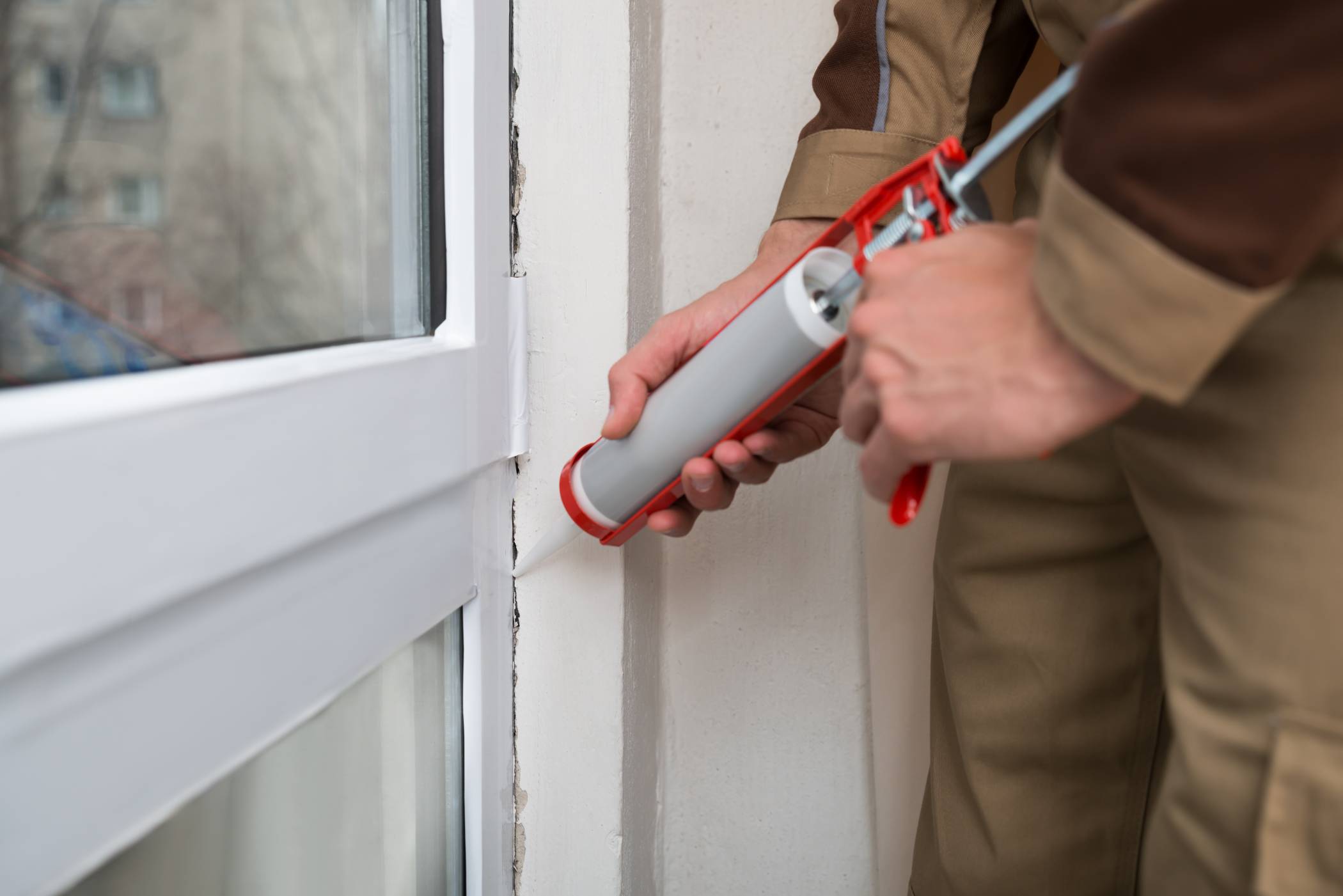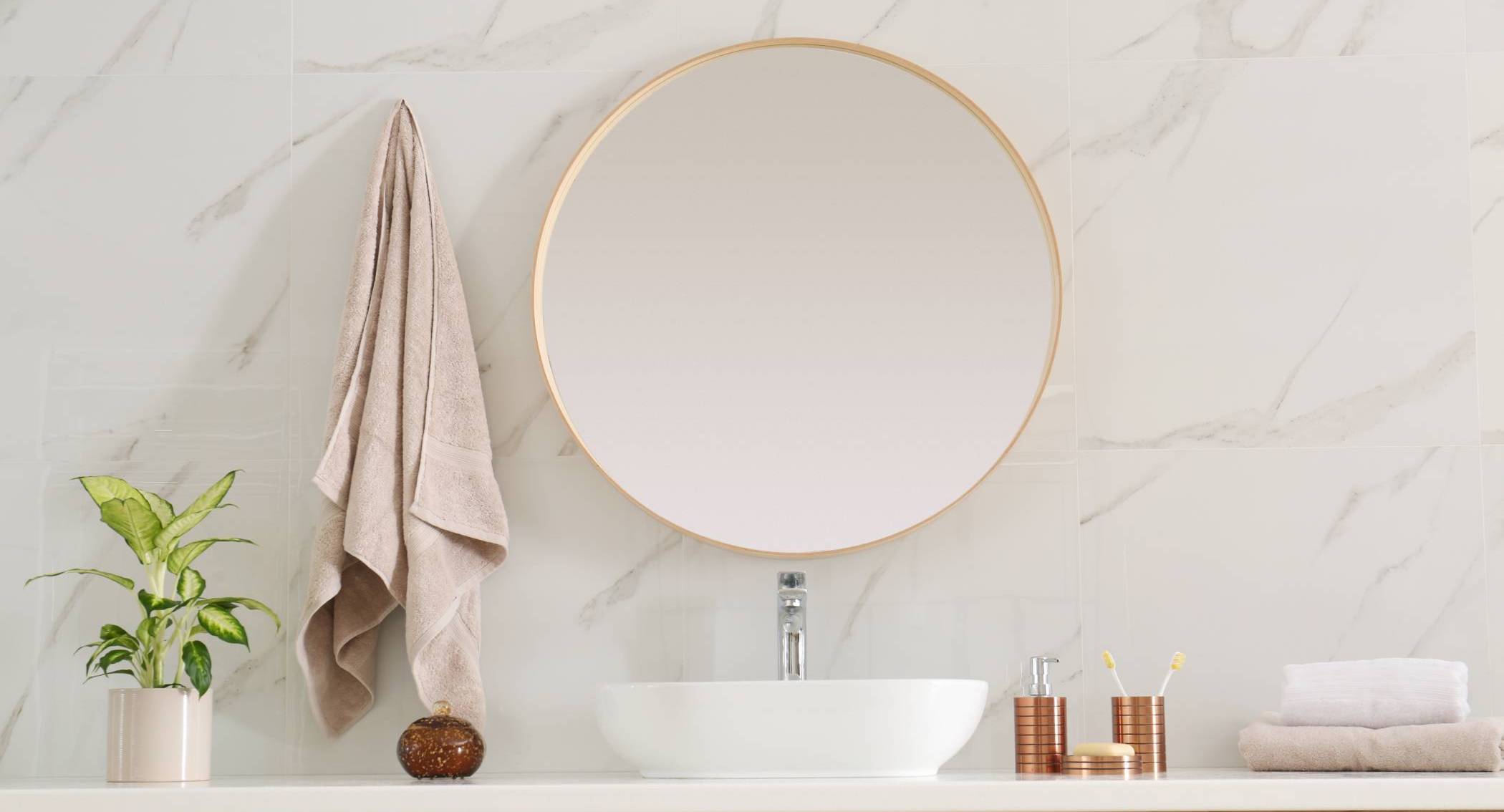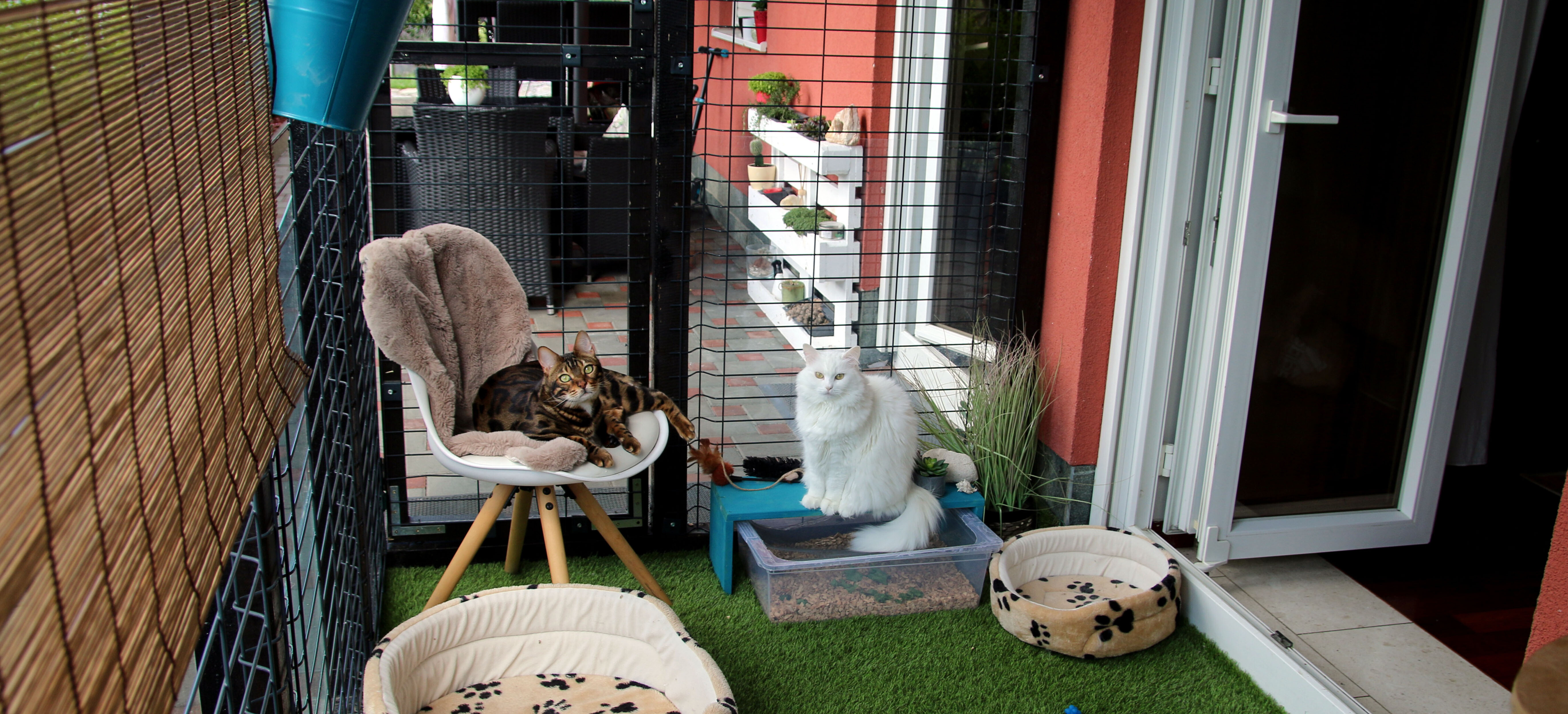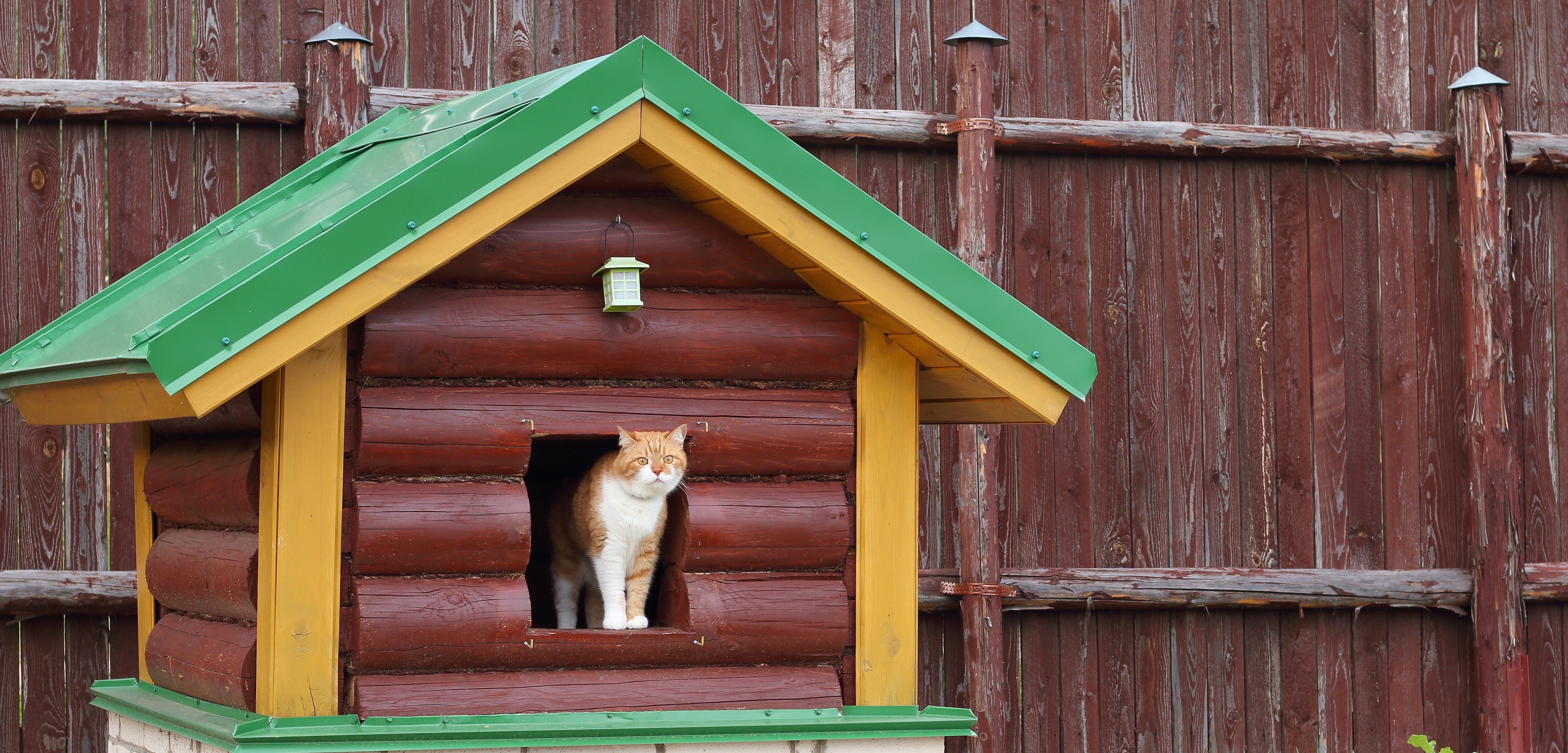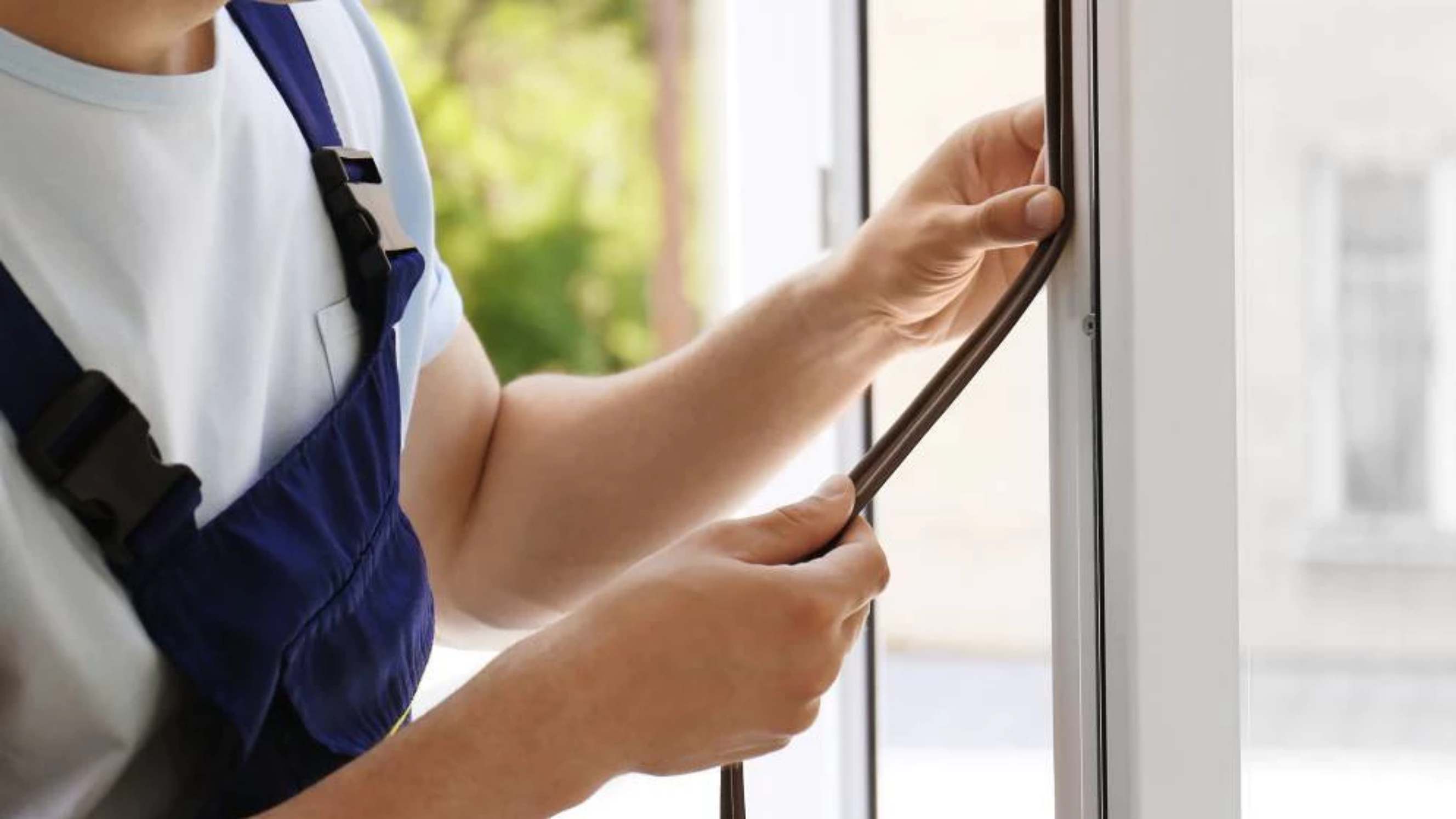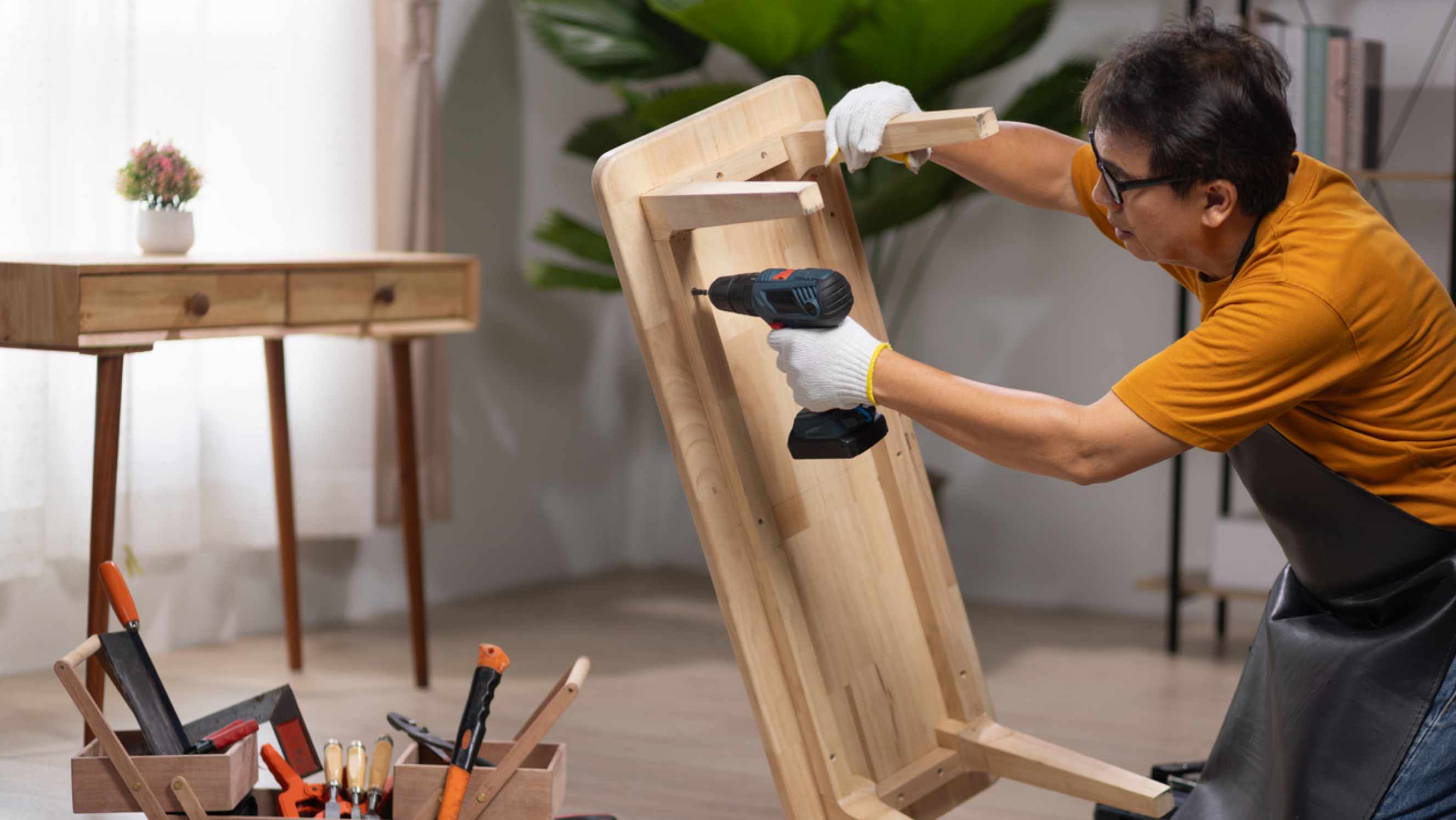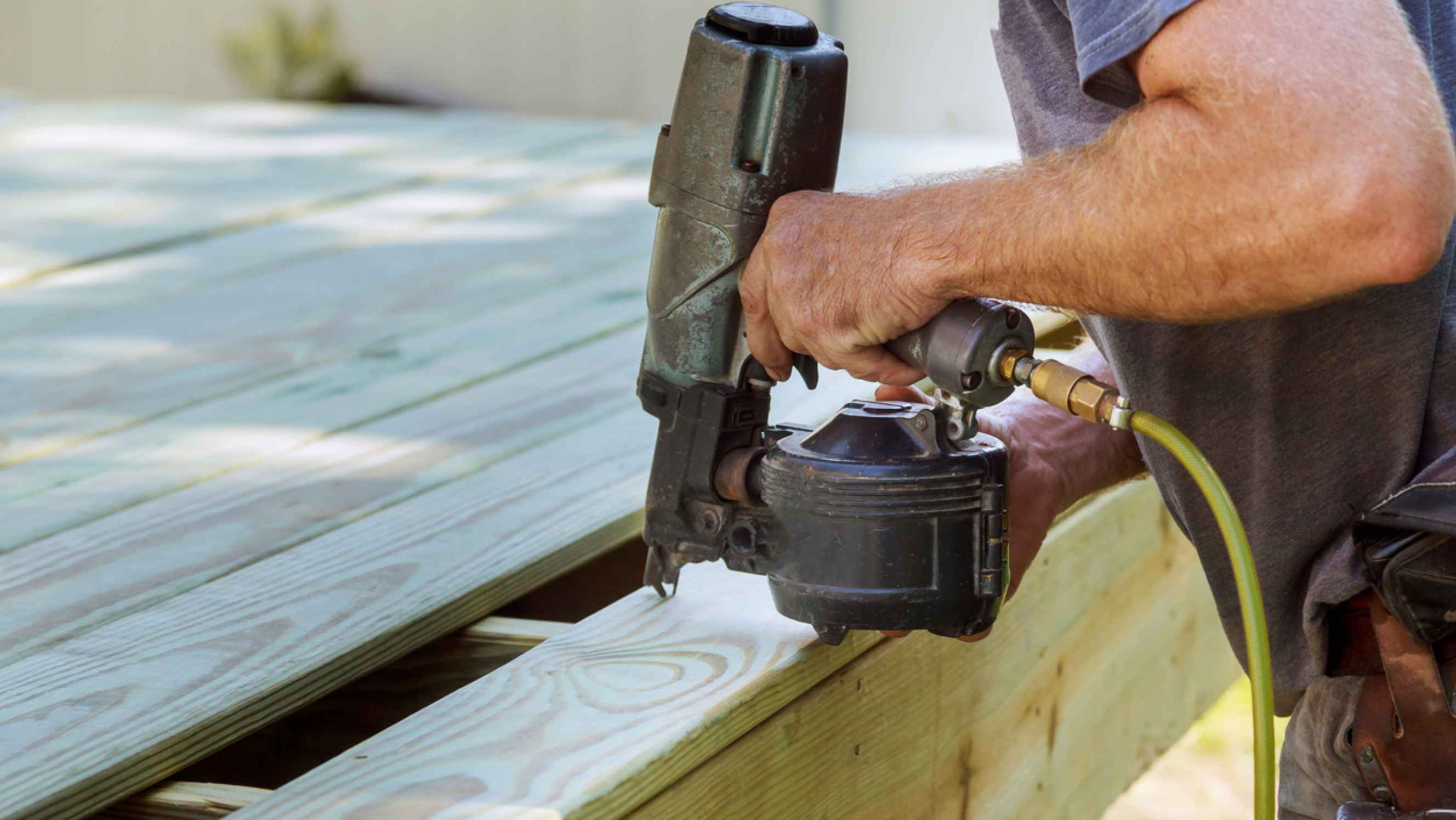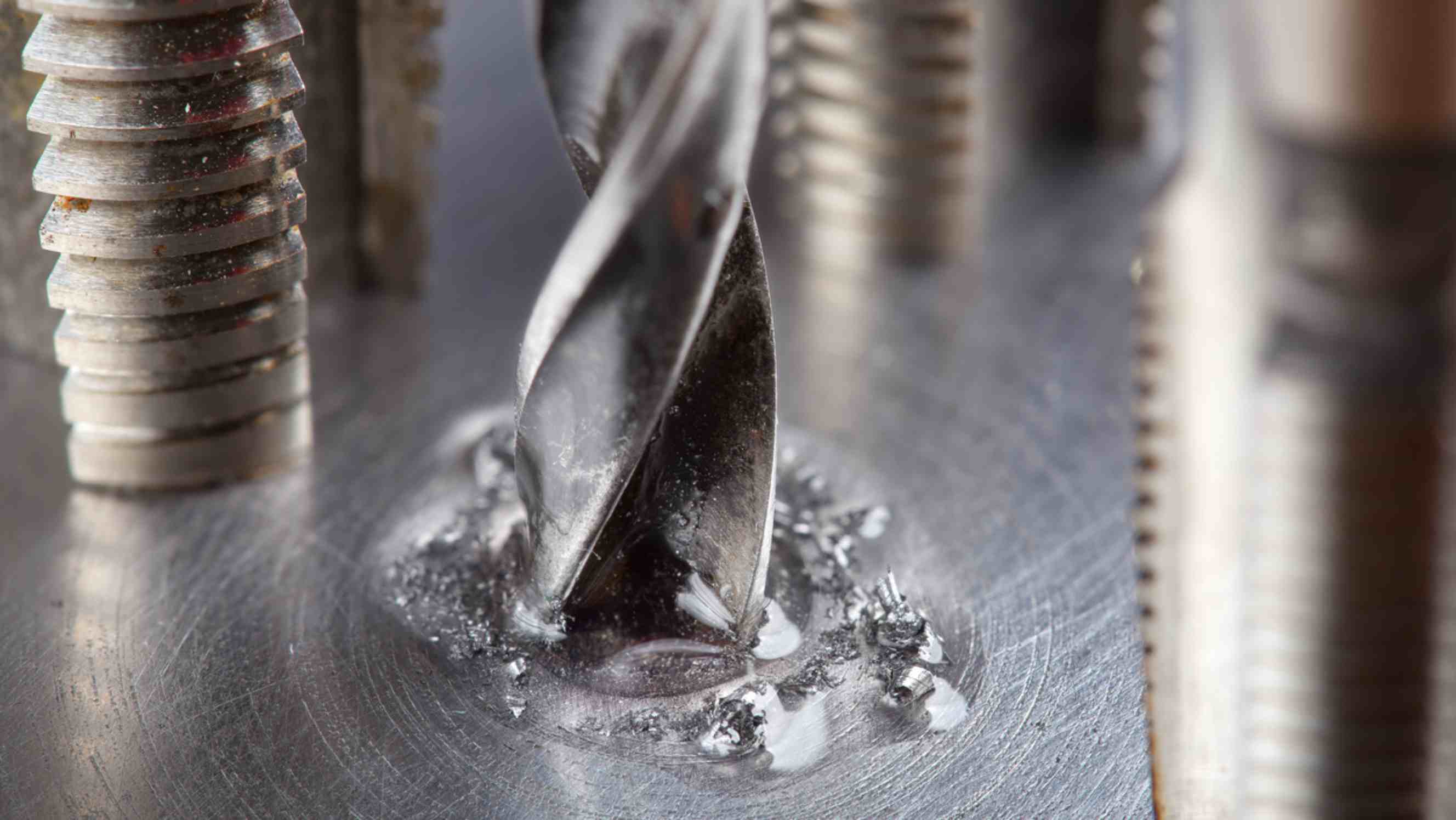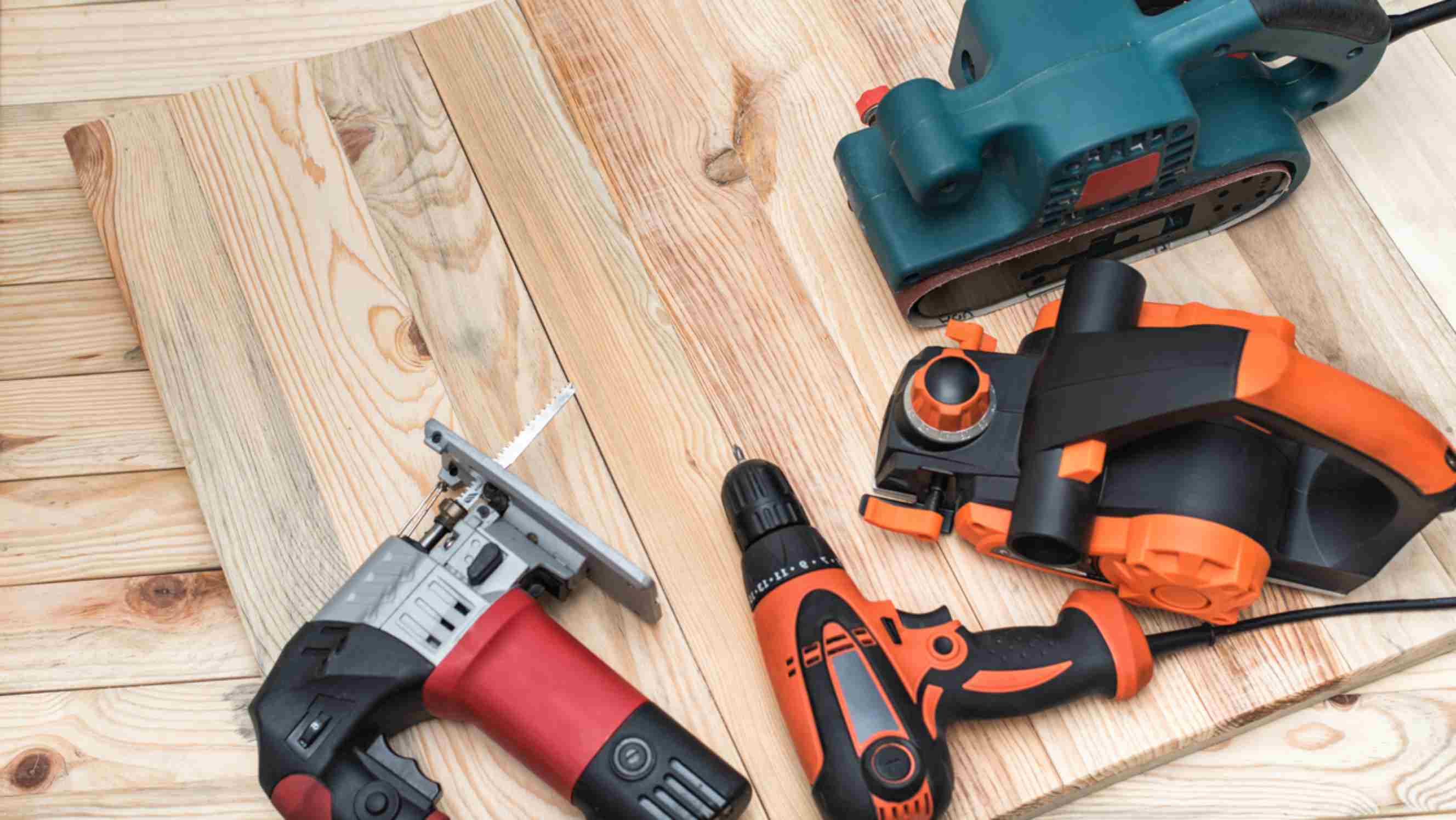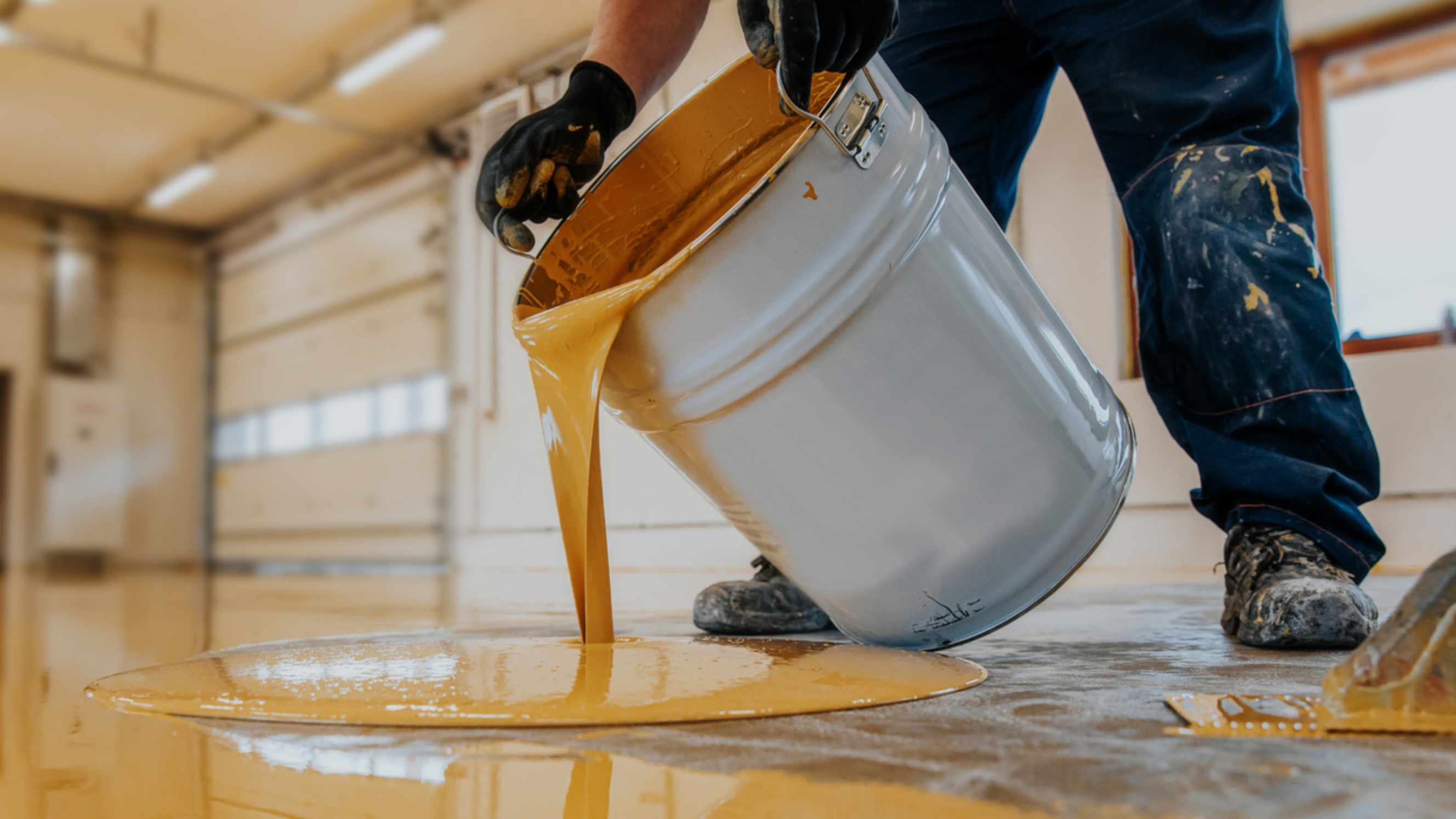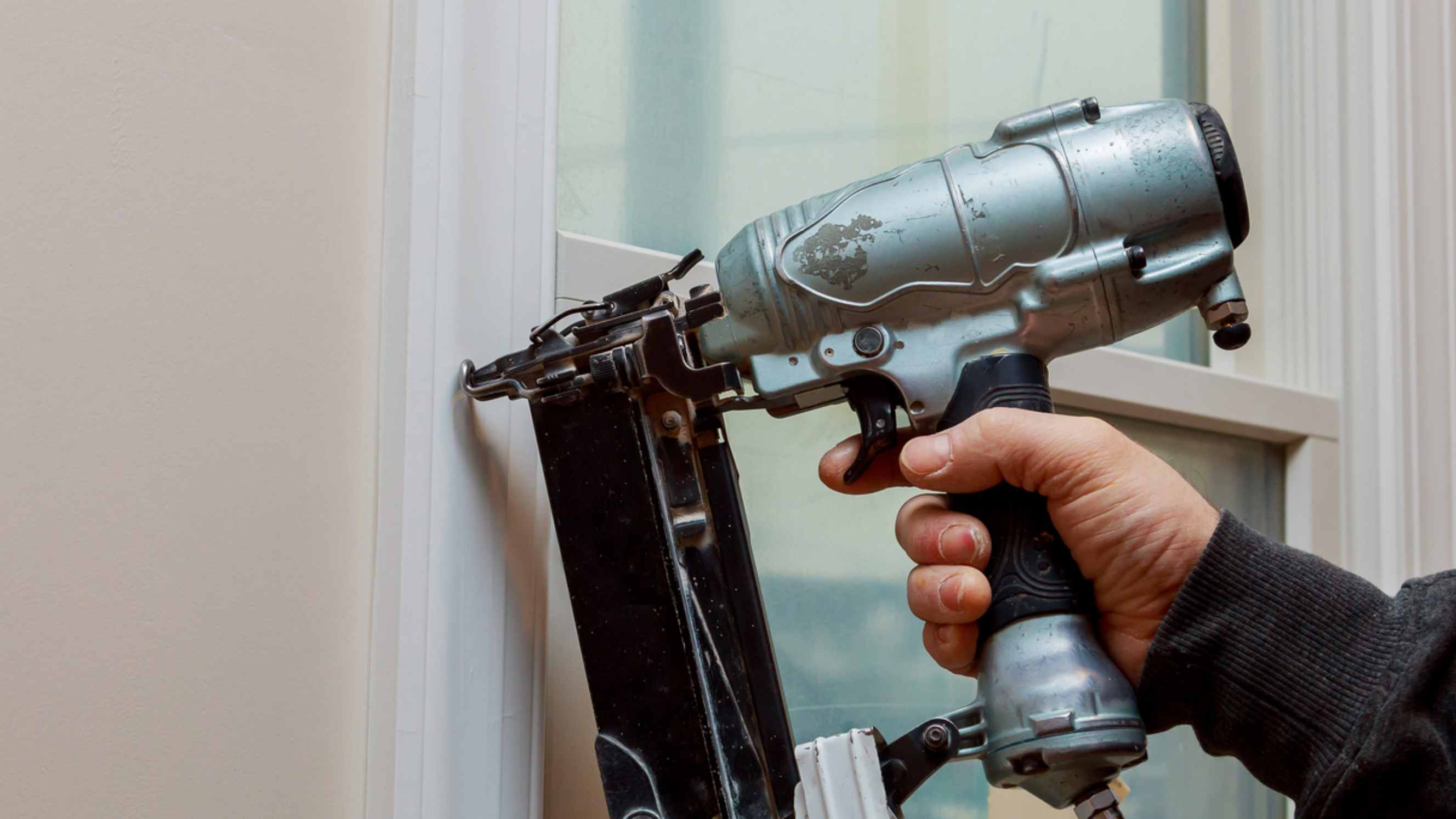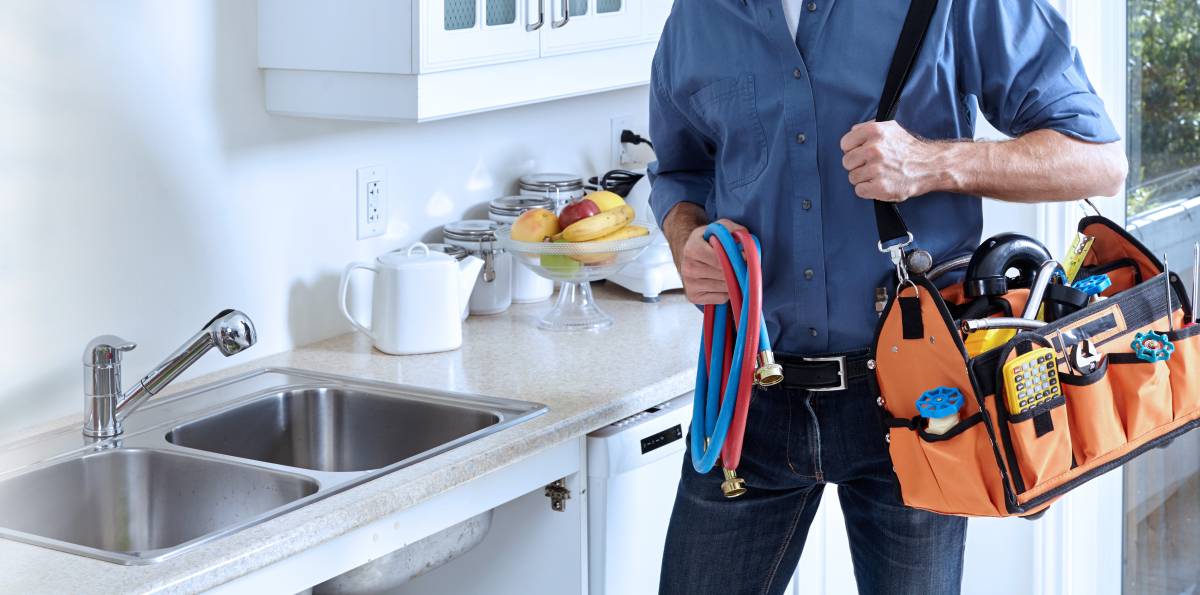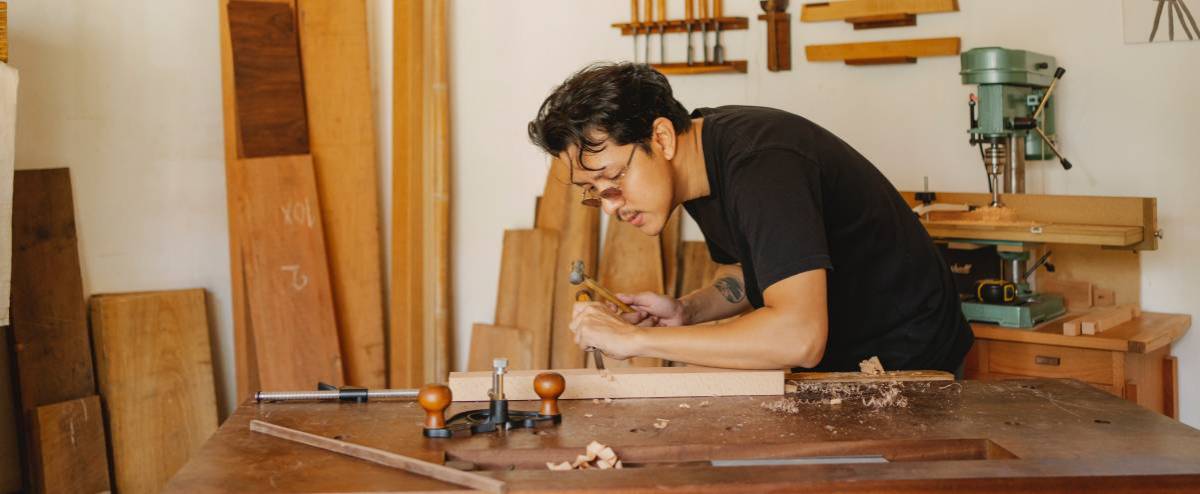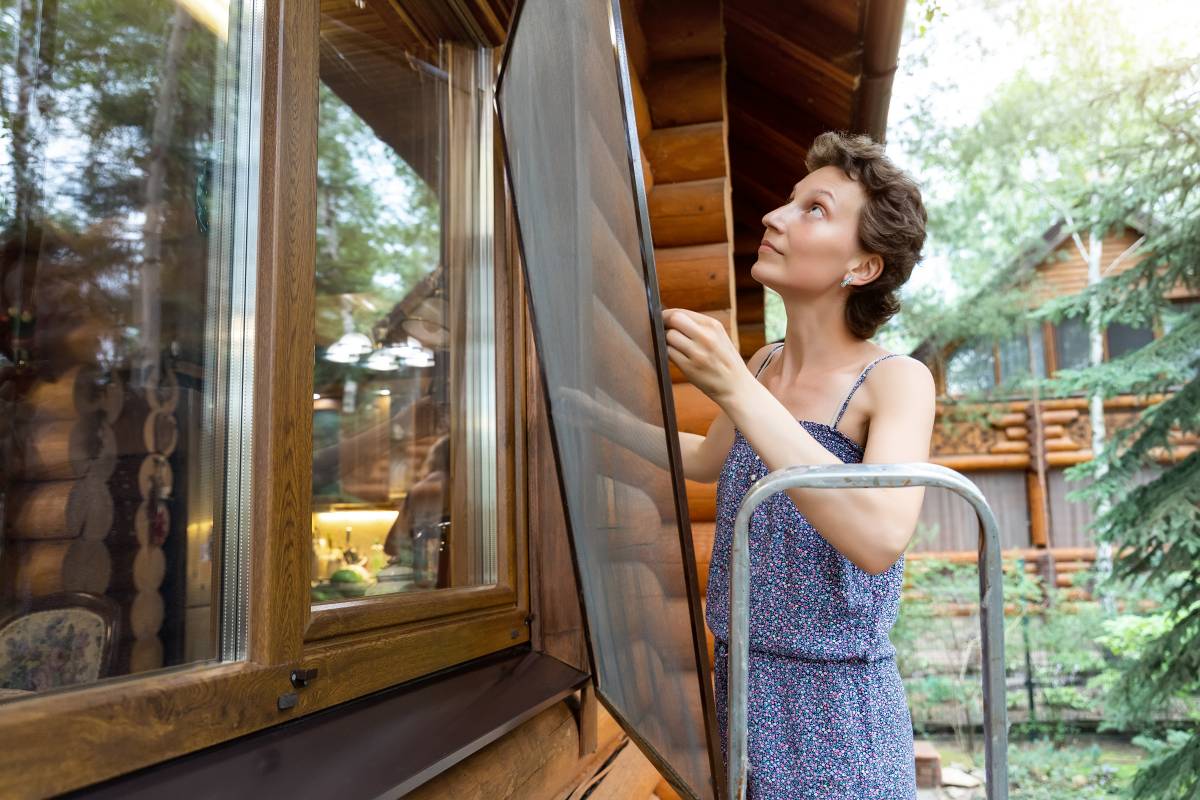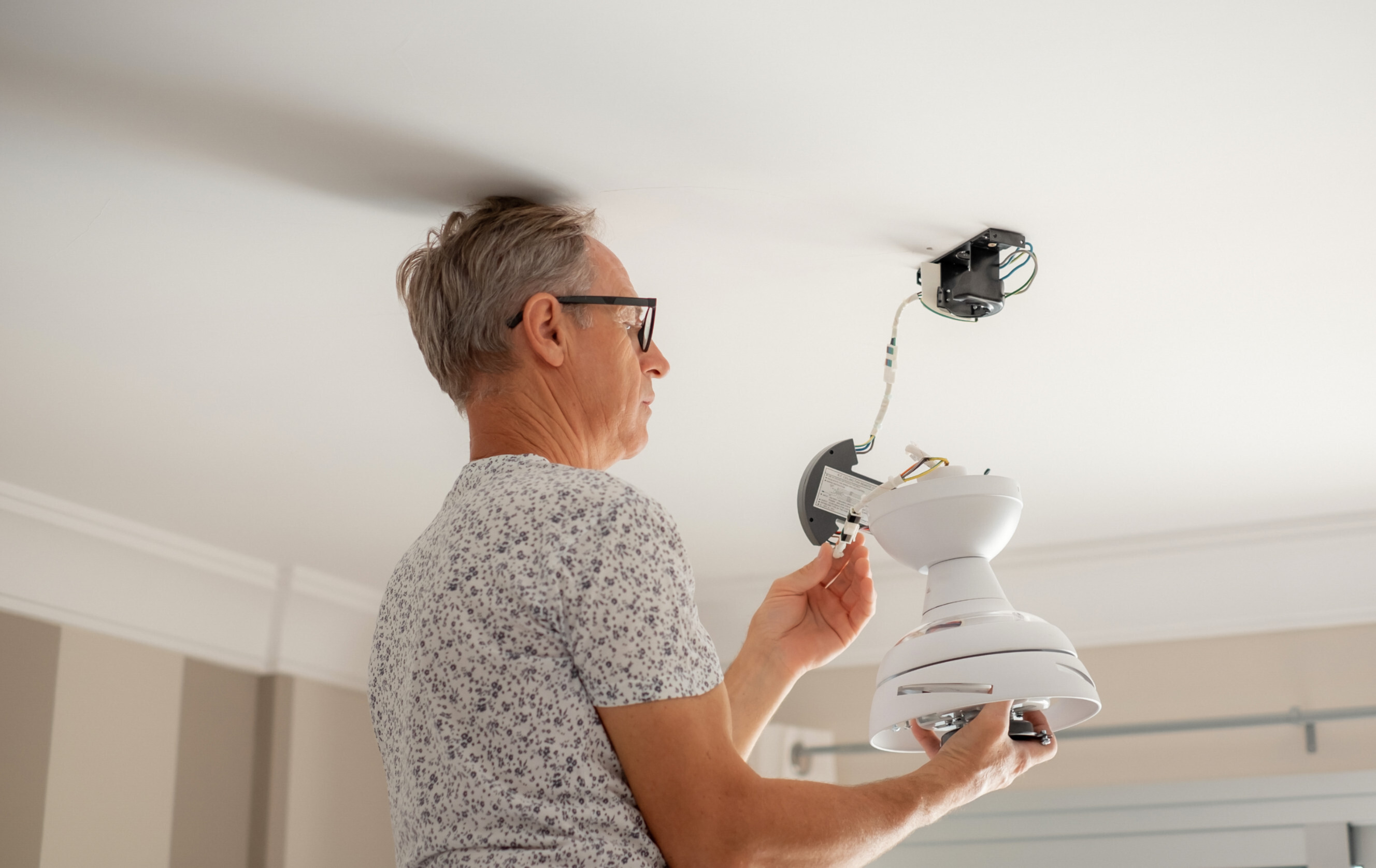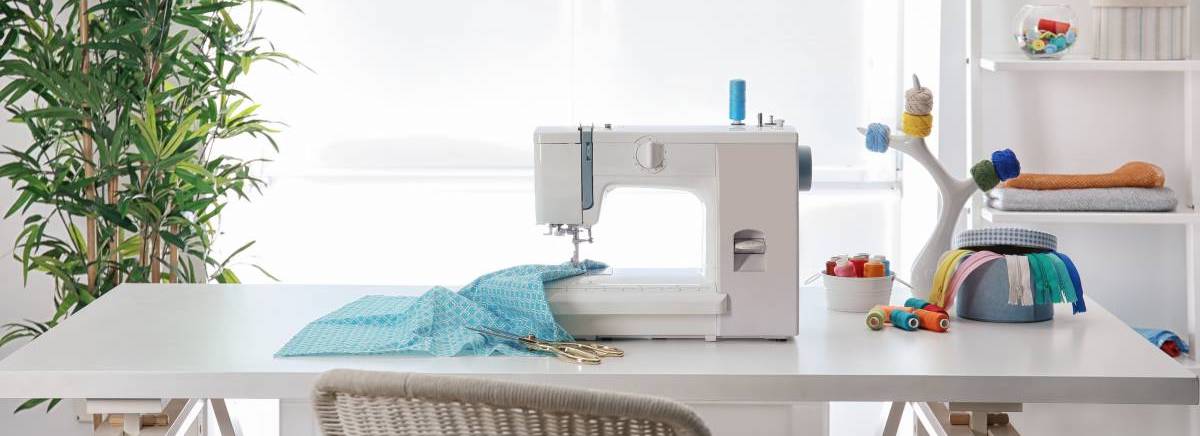- Home/
- Costs/
- Door Installation/
- Pocket Door Installation Cost Guide
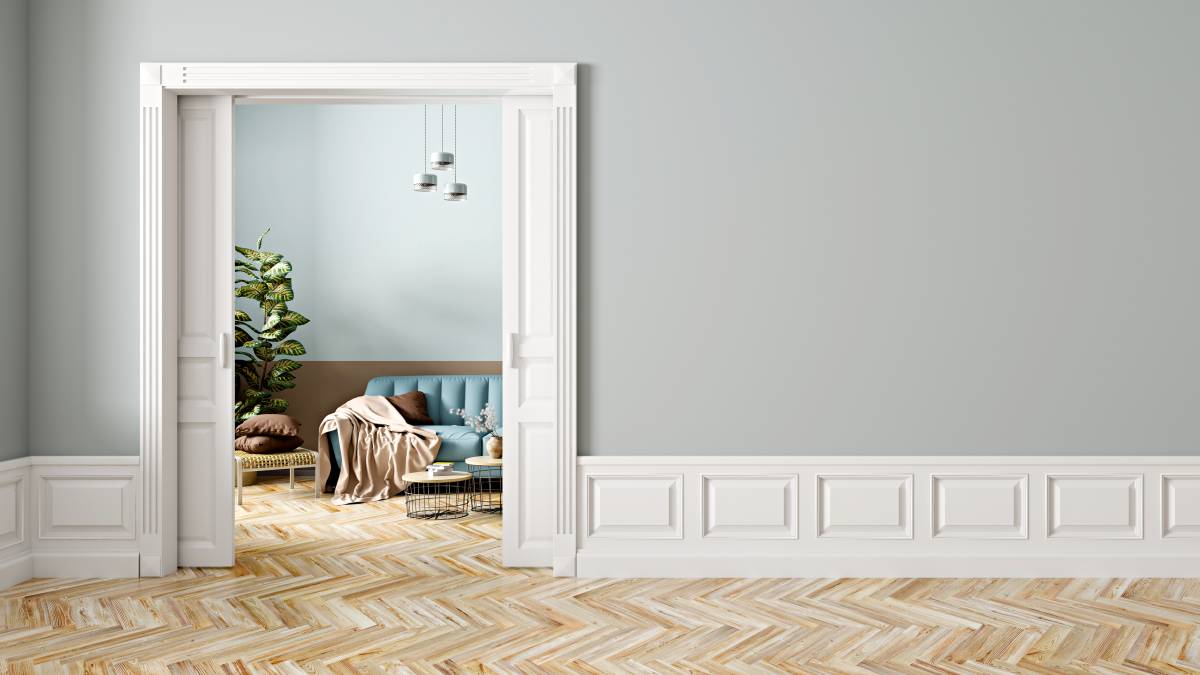
Pocket Door Installation Cost: Average Prices & Comparison Guide
Get a free quote nowPost to find a price. It's free and only takes a minute.
Price guide
$68 - $107
low
$68
median
$75
high
$107
Last Updated on
Key Facts
- Professional pocket door installation runs $76-$102, with prices lower for new construction and higher for existing walls.
- In terms of the type of pocket door you plan to install, note that wooden ones last decades but cost more, while hollow-core options work well for tight budgets.
- DIY pocket door projects frequently cause expensive wall damage. Most homeowners find the money spent on skilled installers pays off with properly functioning doors and zero repair costs.
Looking for a smart way to create more space in your home? Pocket doors are becoming a popular choice for homeowners who want both style and functionality. Unlike regular swing doors that need clearance space, pocket doors slide neatly into your walls, freeing up valuable floor area while adding a modern touch to your interior design.
When it comes to cost, pocket door installation in Australia typically ranges from $68 to $107 per hour for professional work. But is this investment worth it for your situation? This guide breaks down all the factors that affect pricing and how it compares to regular doors.
| See also: Door Installation Cost Guide |
How much does it cost to install pocket doors?
Like for other handyman jobs out there, the installation cost for pocket doors depends on their material, location, and size. Moreover, installing a pocket door in an existing wall can be cheaper than replacing it completely. To help you better understand cavity sliding door costs, check out this table:
| City | Price per hour |
|---|---|
| Sydney | $76 to $107 |
| Melbourne | $79 to $87 |
| Adelaide | $68 to $75 |
| Brisbane | $85 to $89 |
| Perth | $82 to $88 |
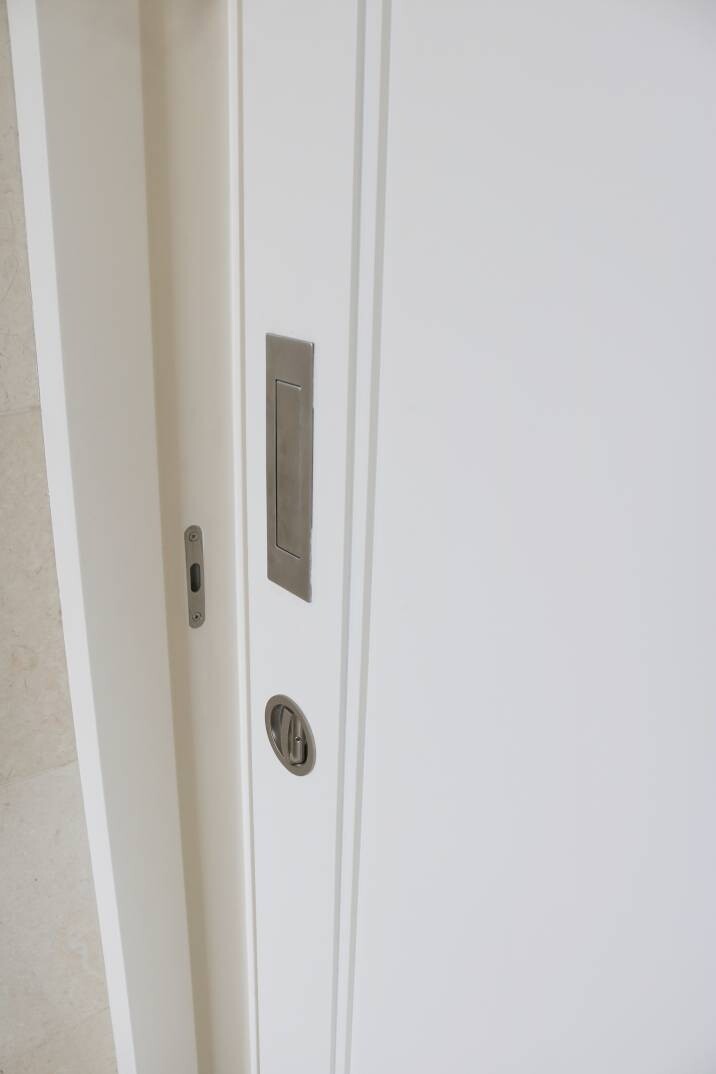 A newly installed white pocket door. (Source: iStock)
A newly installed white pocket door. (Source: iStock)
Types of pocket doors
Like regular doors, pocket doors can be made of different materials. Each material comes with its pros and cons and serves different purposes. Here are the different types of pocket doors commonly found in small houses and apartments:
Wood
Wooden pocket doors remain the first choice for many Australian homeowners wanting to use their space better. Made from solid timber or engineered wood, these doors last 20-30 years when properly cared for. While they cost more than regular front doors, wooden pocket doors are worth it because they last a long time and look great.
In terms of aesthetics, you can get them in many types like oak, maple, or more budget-friendly pine, and they can be finished to match your existing front door. Wood also helps keep heat in (or out) between rooms, making these doors practical and good-looking at the same time.
Glass
This type of pocket door is found in many modern and contemporary homes. The great thing about glass pocket doors is that they can be customised based on your home’s overall design. They can be covered with frosted films for a more modern feel or turned into traditional French doors. However, glass pocket doors are quite hard to install and maintain. Since they’re fragile, they must be handled with utmost care to prevent cracking.
Aluminium
If you're looking for a more lightweight pocket door, aluminium doors are the way to go. They have a clean, modern appearance, which makes them a popular choice for a lot of contemporary homes. One of the downsides of aluminium pocket doors is that they tend to dent over time, making them difficult to slide in and out of a wall cavity.
Double
Double pocket doors are installed across each other, creating a large entryway to any parts of your home. Each door can be opened individually and operated together. Since you're installing two doors to create a large doorway, expect the installation costs to increase dramatically.
Hollow-core
If you have a tight budget, consider installing a hollow-core door. This type of pocket door uses lightweight materials ideal for smaller, more compact homes. Since hollow core doors are made of light fibreboard materials, they don't typically last long.
Pocket doors vs regular doors
One of the main differences between the pocket and regular doors is their installation costs. Since you need to create a wall cavity for the door to slide out of and into, fees will be added to the overall cost of the service. Here are other major differences between the pocket and regular doors:
Insulation
Since regular doors fit more tightly than pocket doors, they can regulate the temperature inside a room better. Regular doors are better in terms of keeping outside noise from entering your home.
Floor space
If you're looking to save space in your home, you're better off installing pocket doors. Since they don't take up any floor space, they are ideal for homes with smaller and limited spaces. On the other hand, regular doors need around 10 square feet of floor space to be swung open.
Wall space
Installing a regular door will take up all the wall space behind it. Meanwhile, pocket doors don't require the removal of any wall to be installed. This again allows you to save a considerable amount of space in your home.
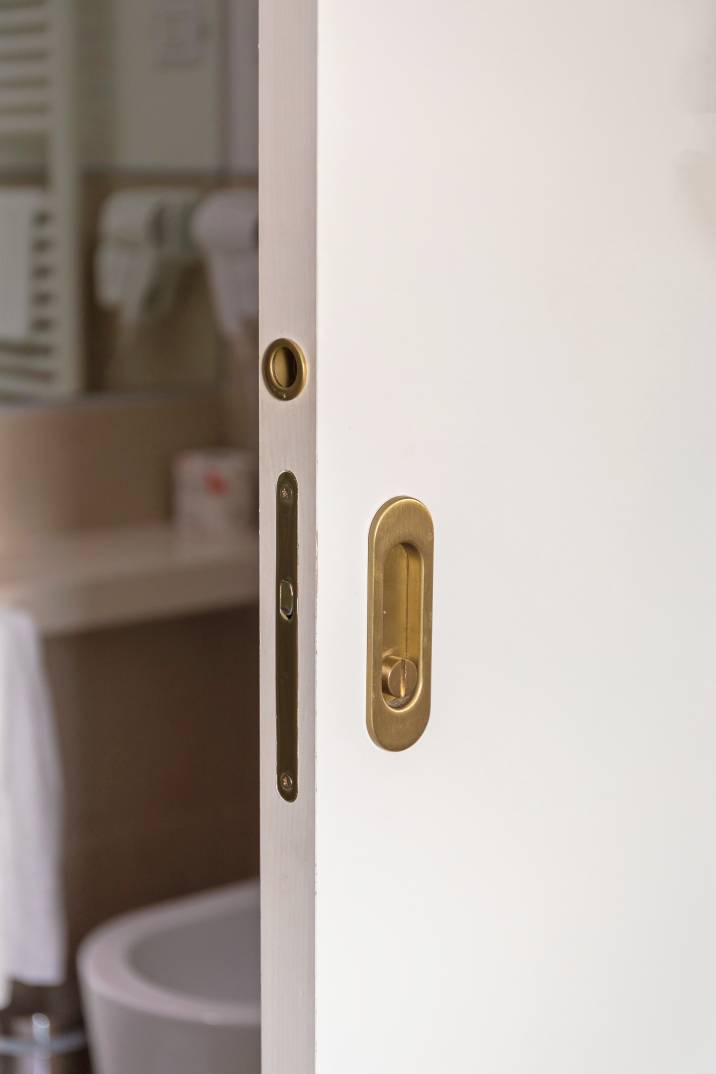 A newly installed bathroom pocket door. (Source: iStock)
A newly installed bathroom pocket door. (Source: iStock)
Post a task for pocket door installation
Ready to get started? Airtasker makes finding the right person for your pocket door installation project quick and easy. Just post what you need, browse quotes from qualified local tradies, and pick someone with the right skills and price for your job. Whether you need a simple pocket door for your bathroom or a custom wooden sliding door between your living spaces, a Tasker can help.
Simply create a task describing your pocket door needs, including:
- The size and type of door you want
- Your location
- Your timeframe
- Any special requirements
- Your budget range
Skip the headache of DIY disasters and install your pocket door right the first time. Post your task today, and your new space-saving door will be up and running sooner than you think!
FAQs
Yes, it can be done. To install a pocket door on an existing wall, professionals create a wall cavity along the side of your walls to accommodate your wall frame. However, walls losing their integrity might need to be replaced already.
It depends on the person who's doing it. If you have sufficient experience and the right set of skills, then it can be just another task on your to-do list. However, installing pocket doors can be complicated and sometimes dangerous to those who don't have experience doing such a task. Thus, it's best to just turn to professionals.
Yes, as long as they're not in a different room or away from where the construction is going. This is to ensure everyone is safe from falling debris and moving objects.
Find door installers, fast
Post a task
Related price guides
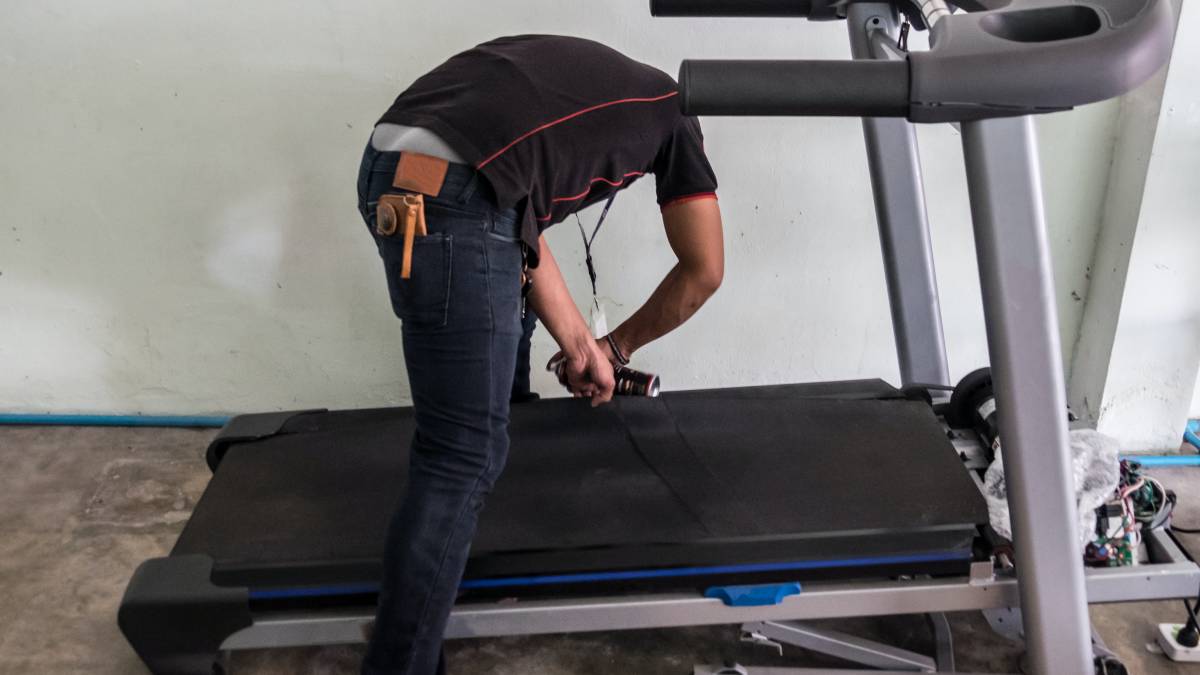
How much does treadmill repair cost?
Read more

How much does clock repair cost?
Read more

How much does hot tub repair cost?
Read more
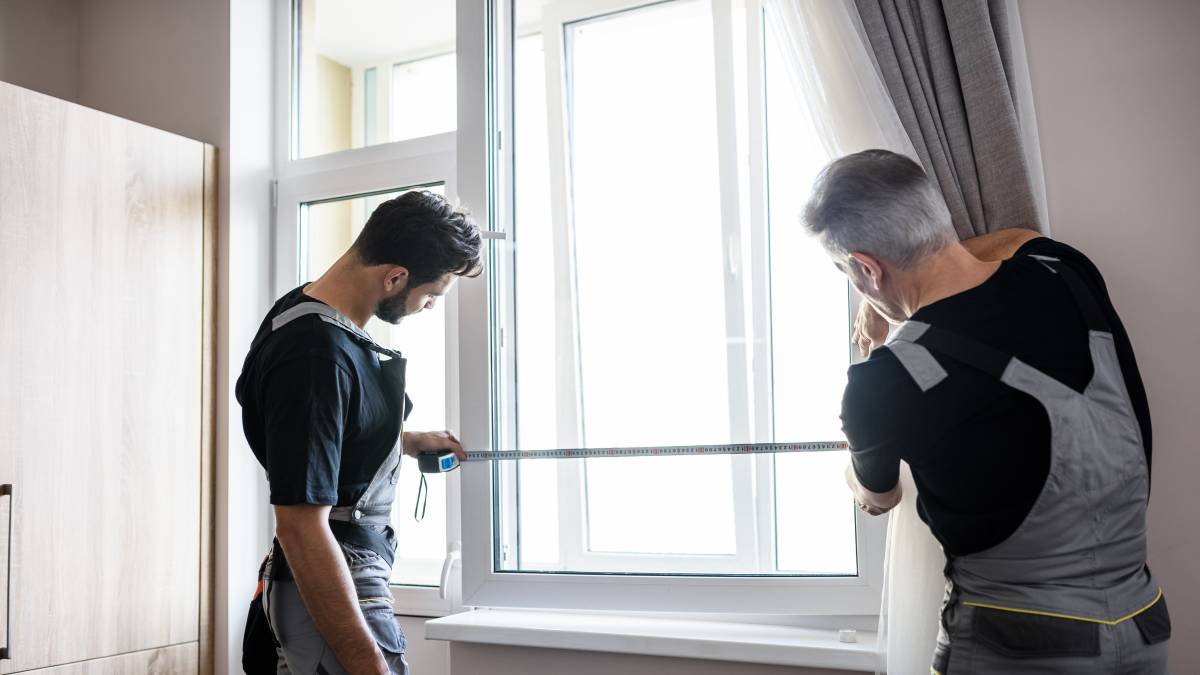
How much do roman blinds cost?
Read more
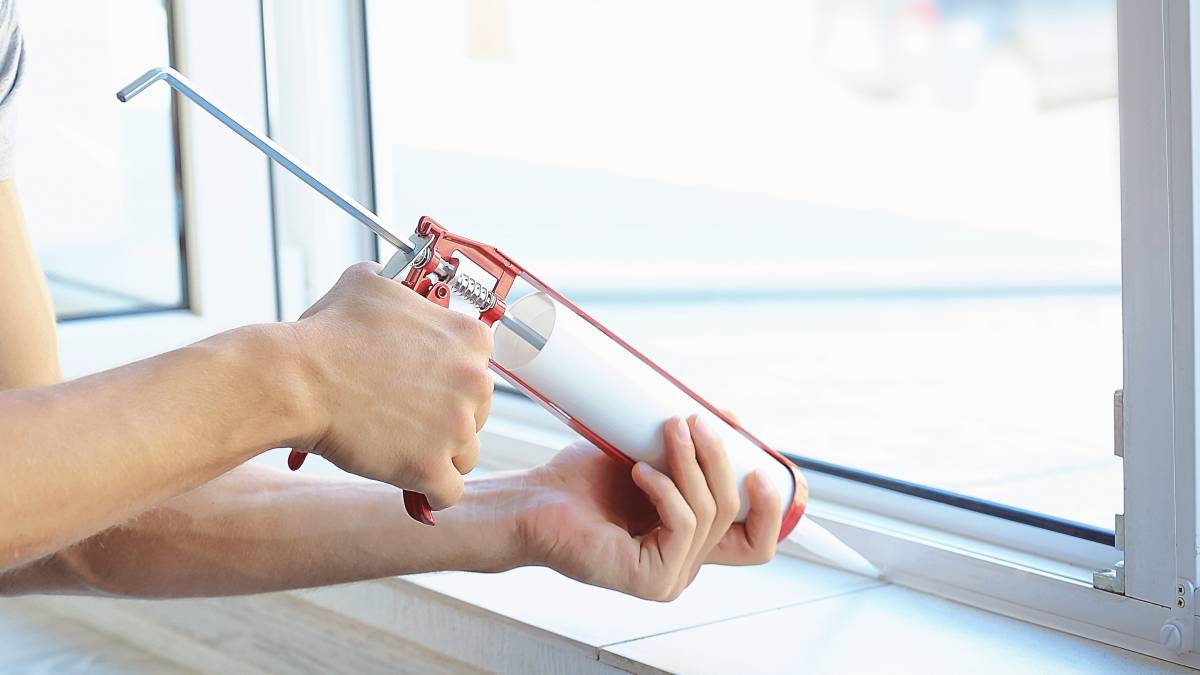
How much does window repair cost?
Read more

How much does signage cost?
Read more
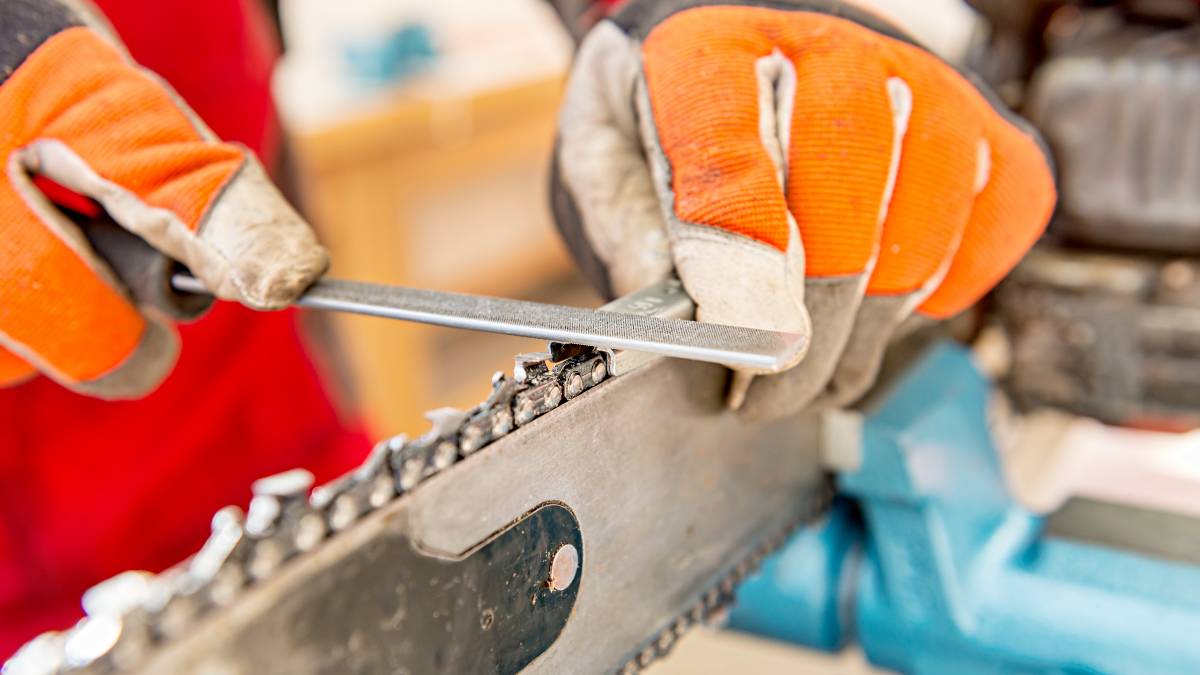
How much do chainsaw services cost?
Read more
Related articles
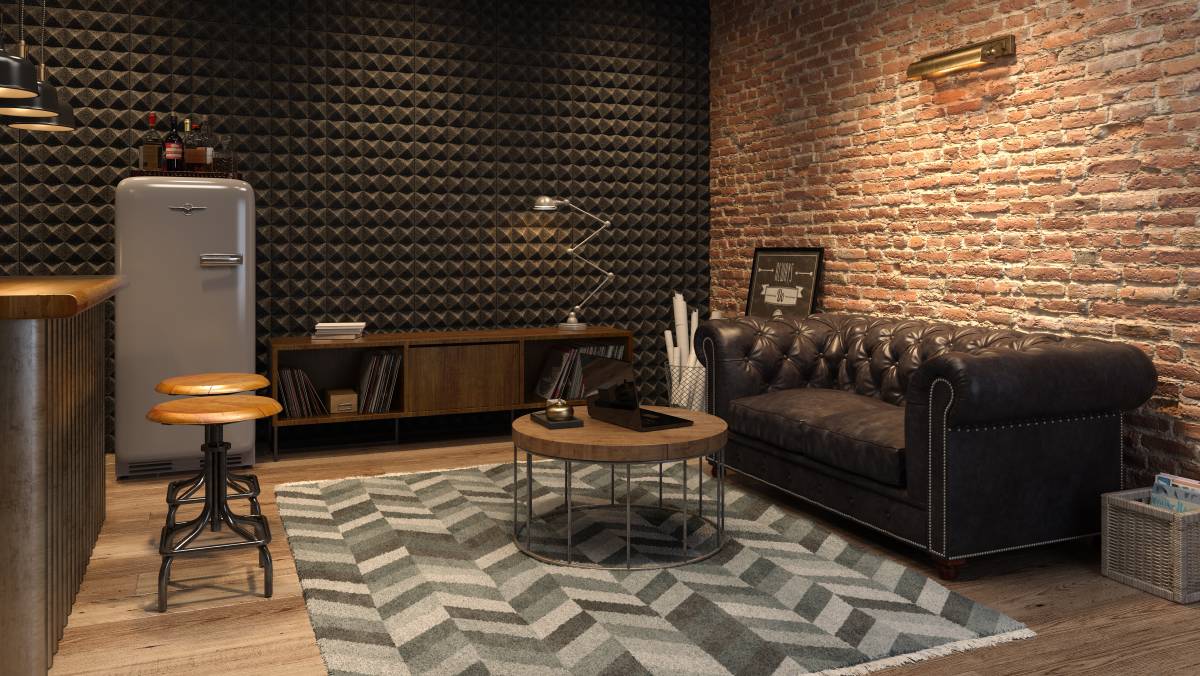
How to Soundproof a Room
Read more
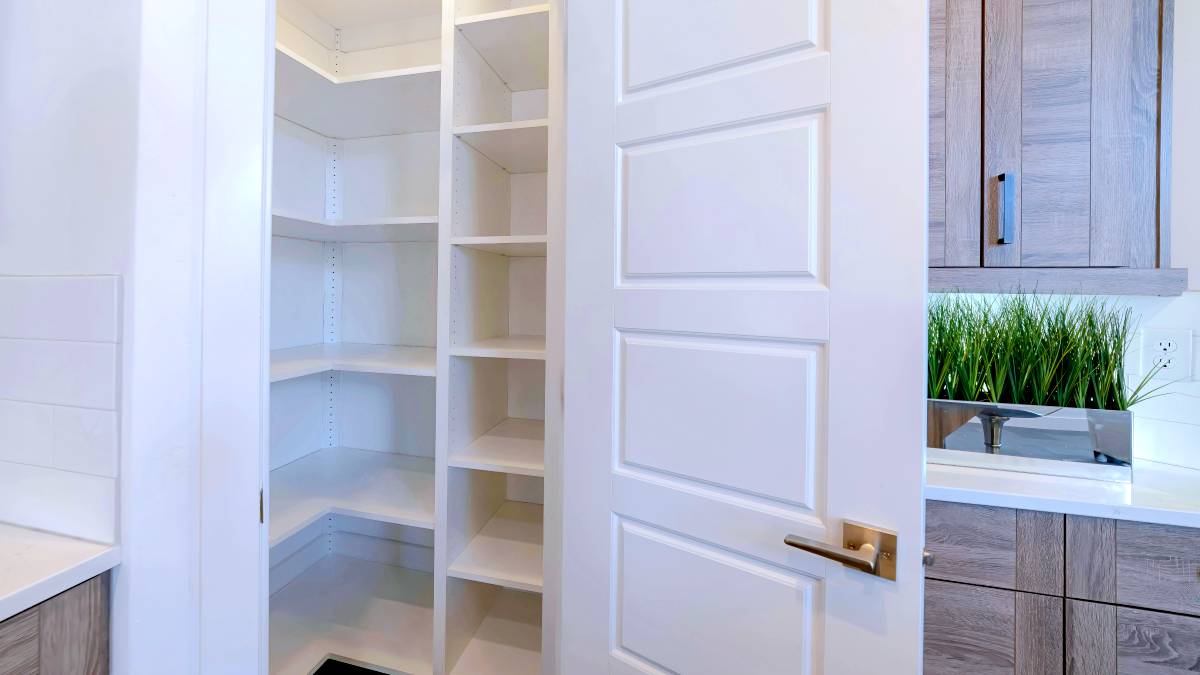
30 Eye-catching pantry door ideas
Read more
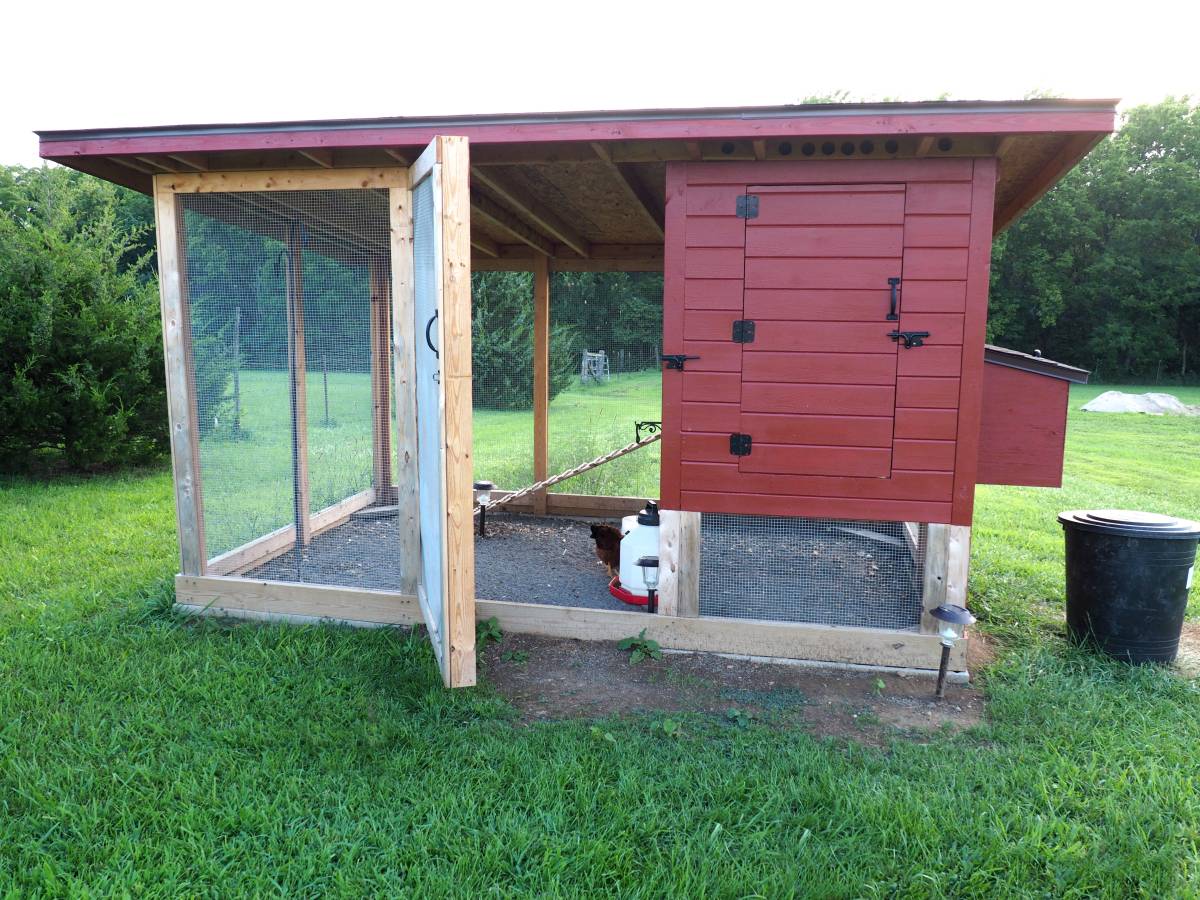
How to fox proof your chicken coop
Read more
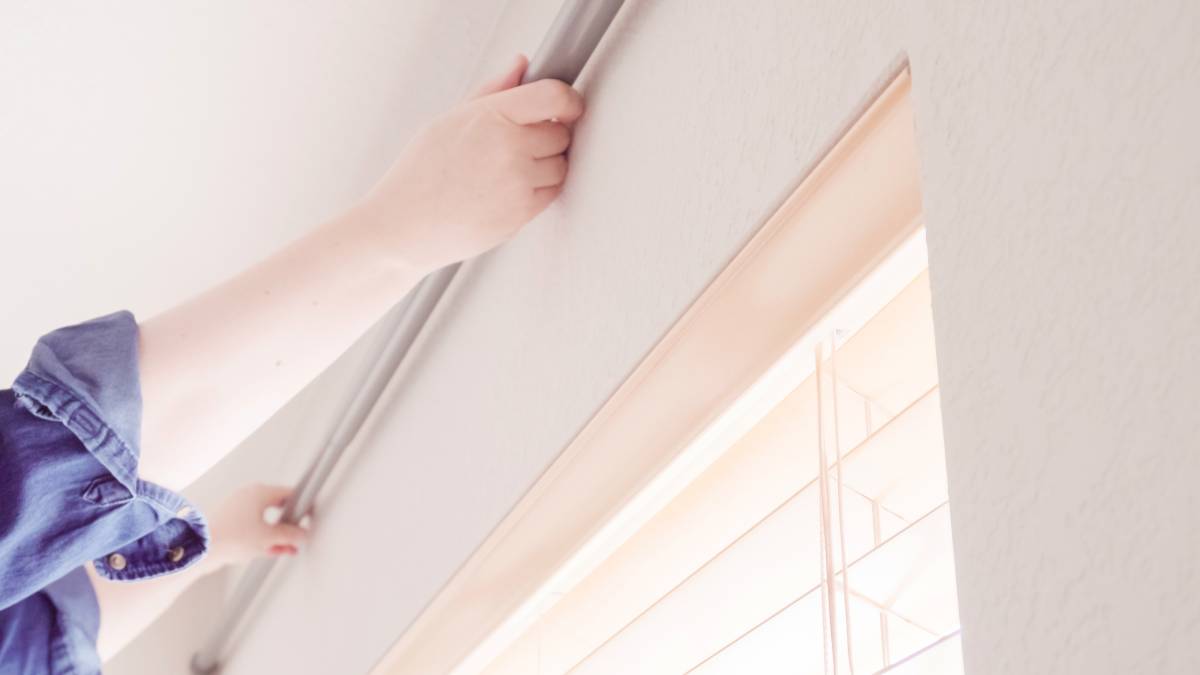
How to install curtain rods
Read more
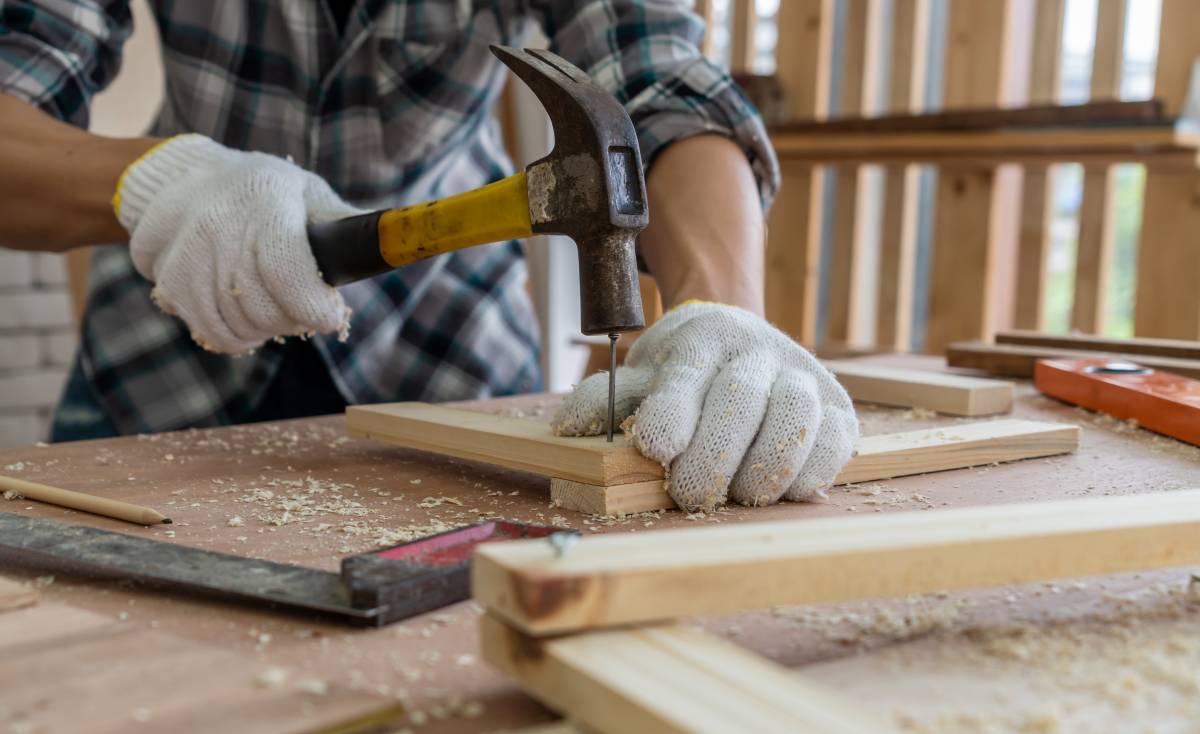
Best blue-collar jobs on Airtasker
Read more
